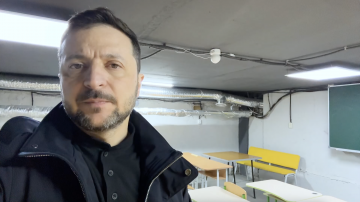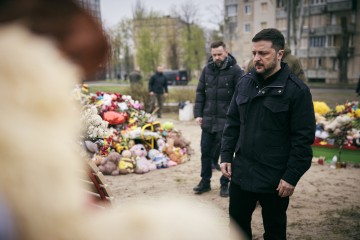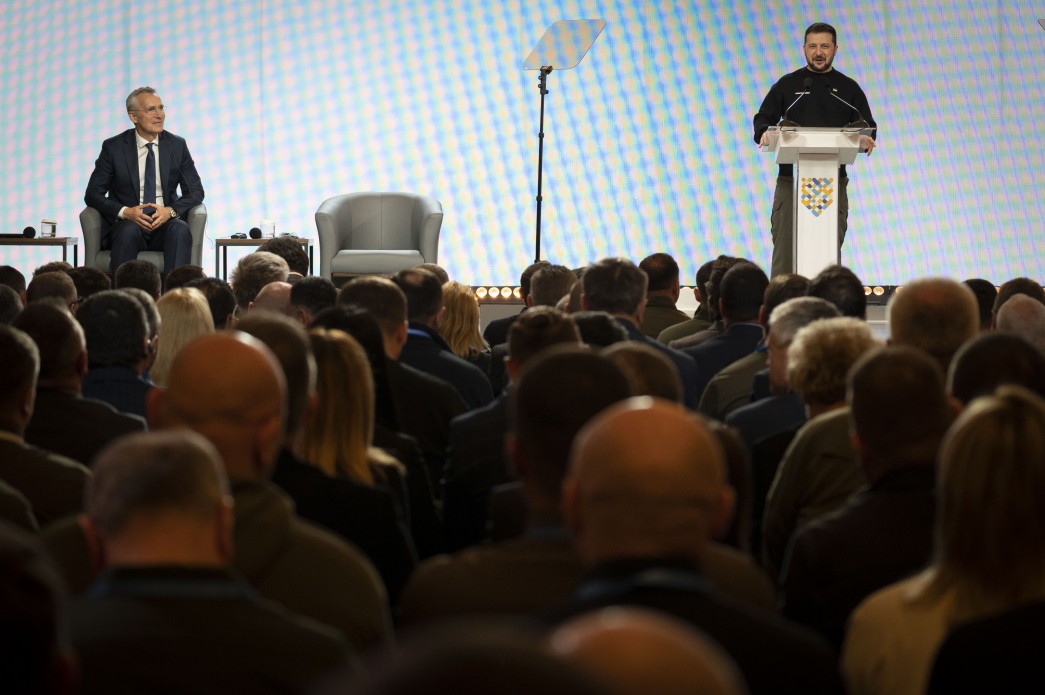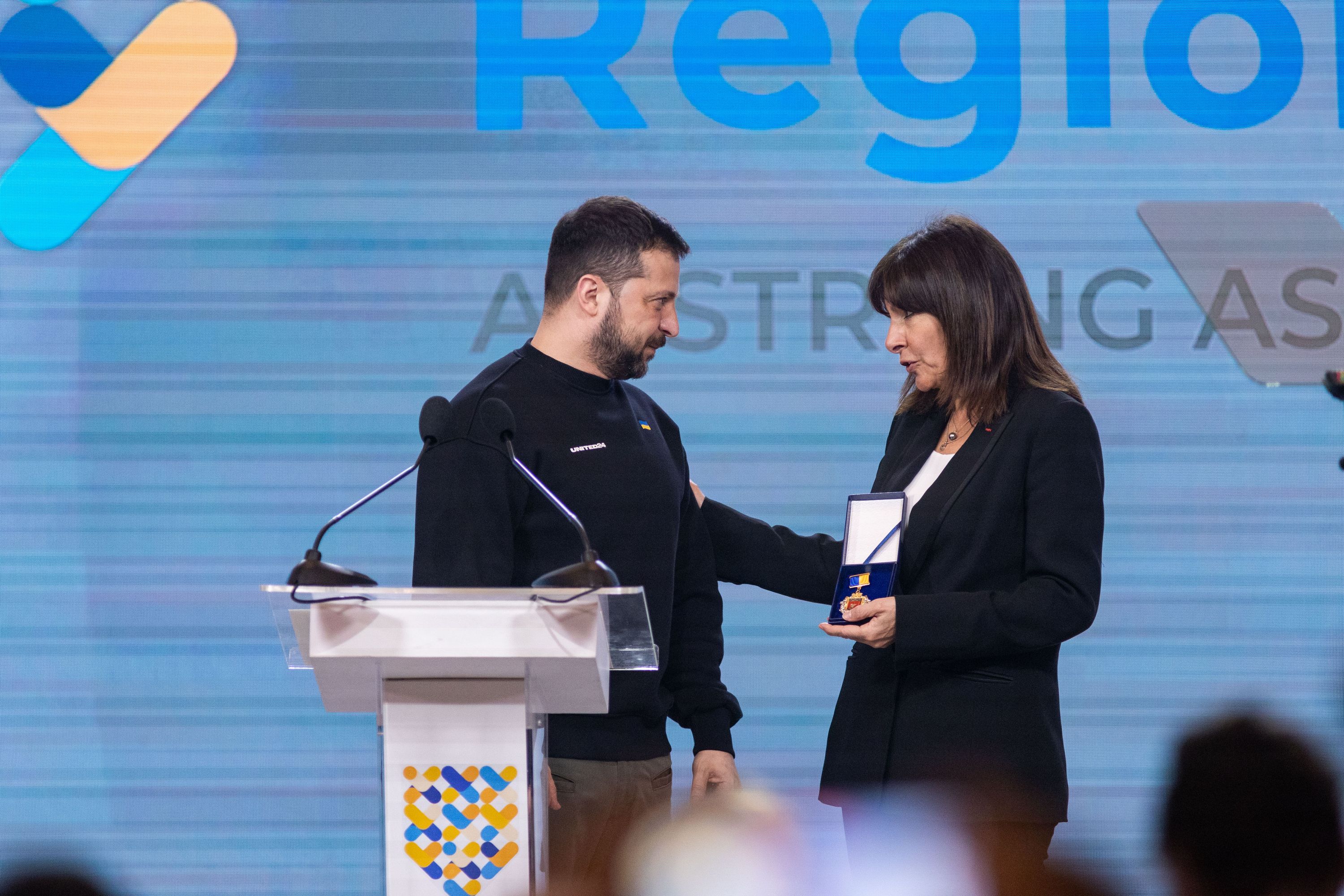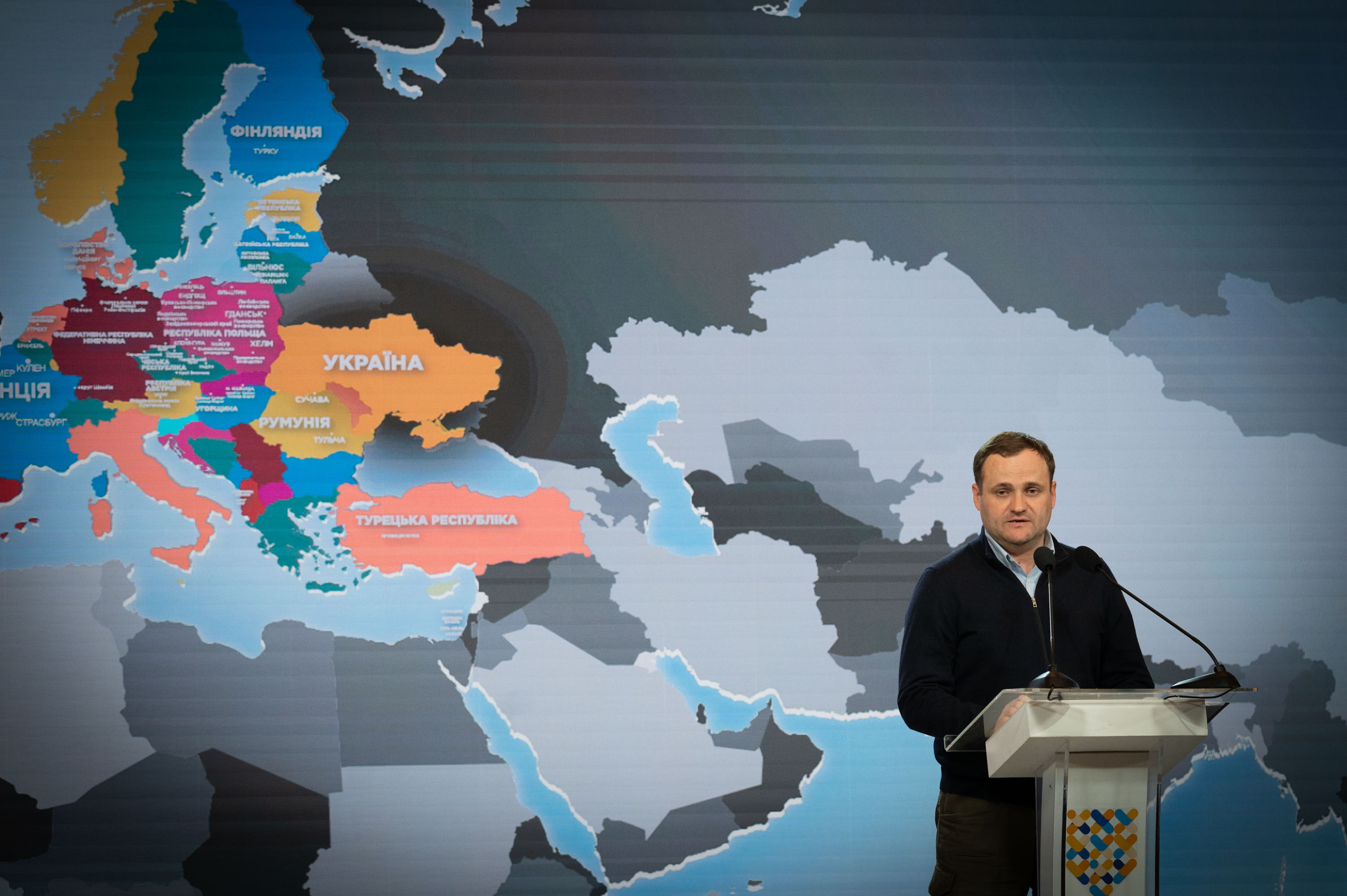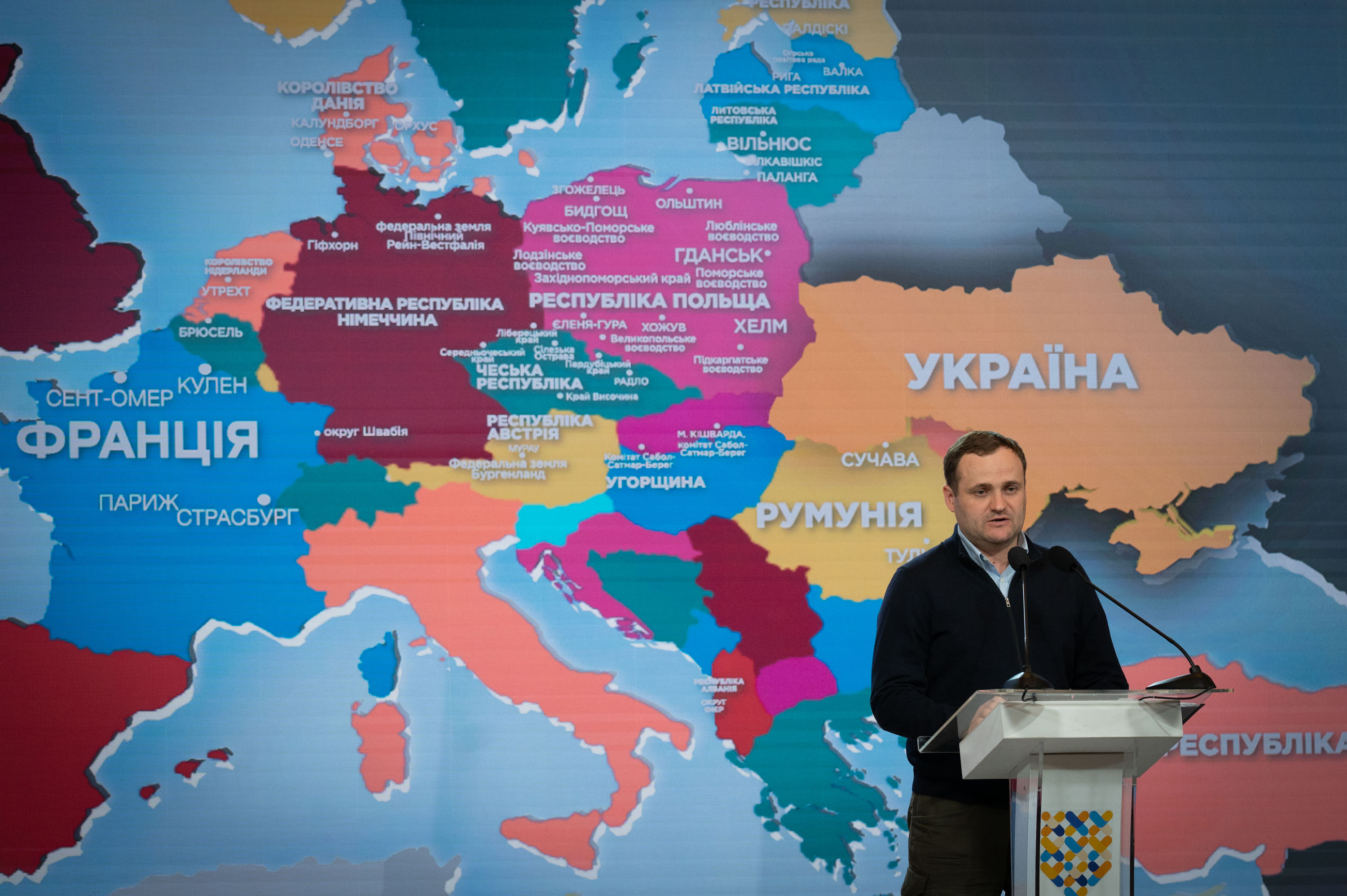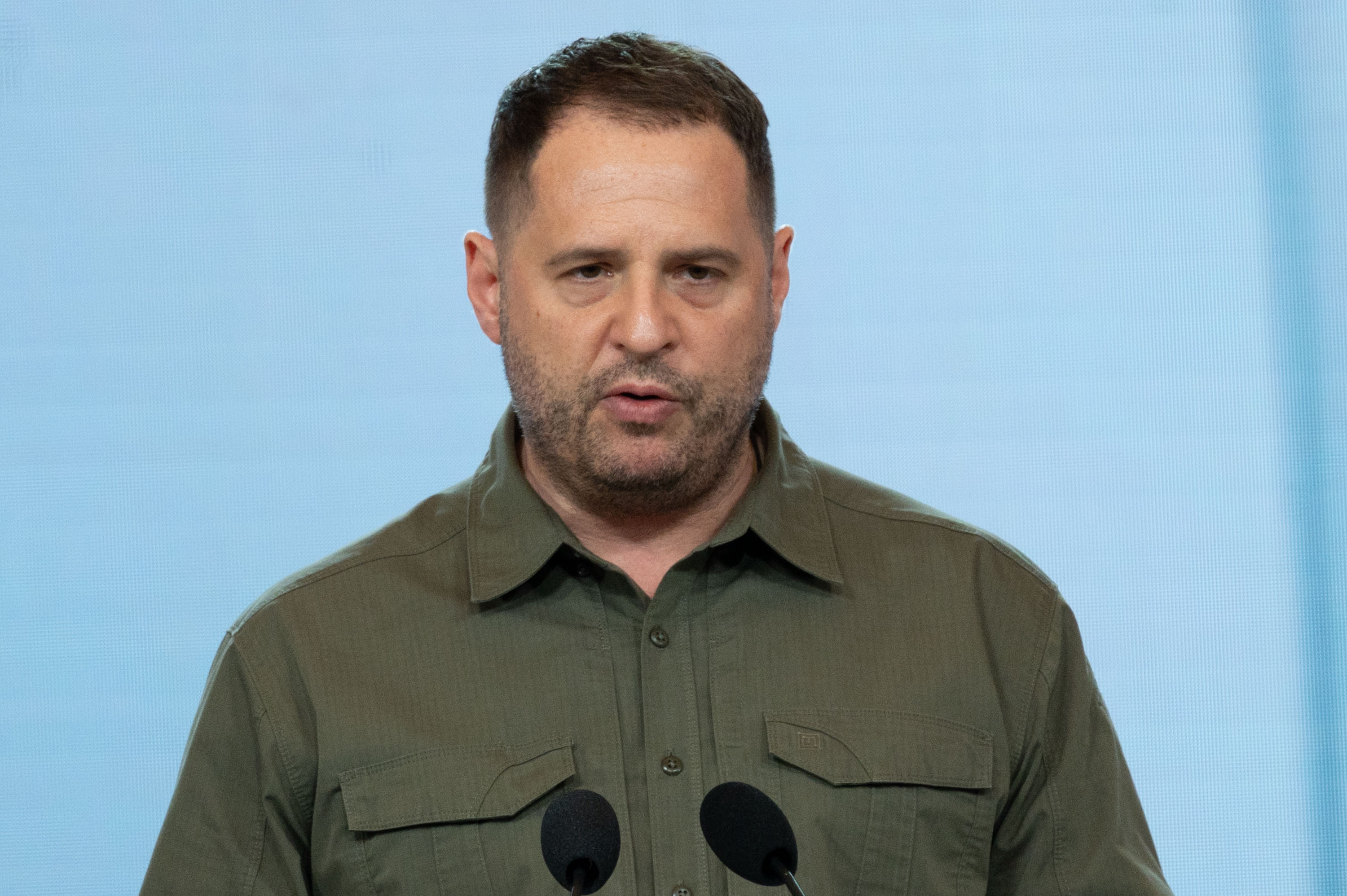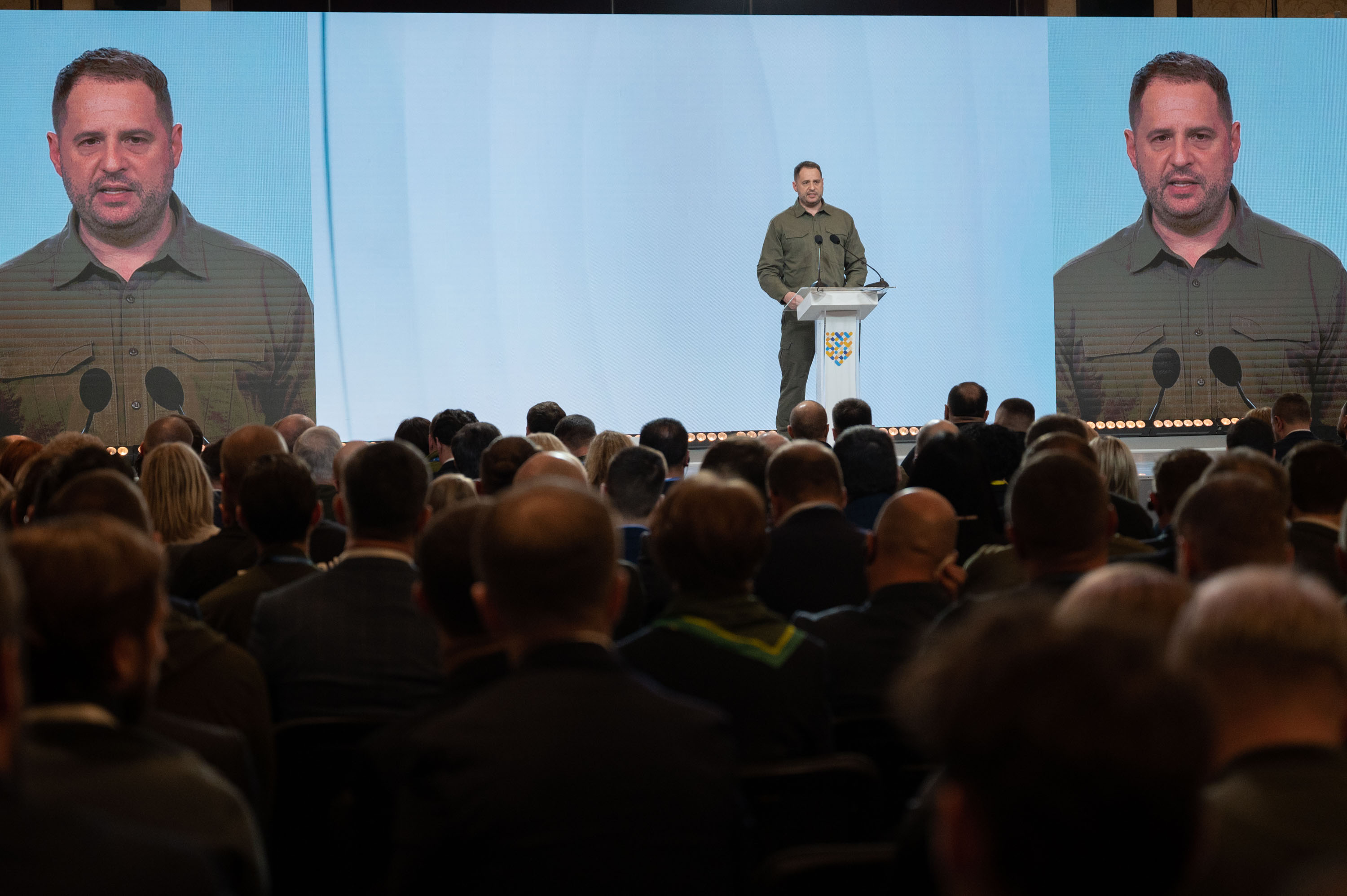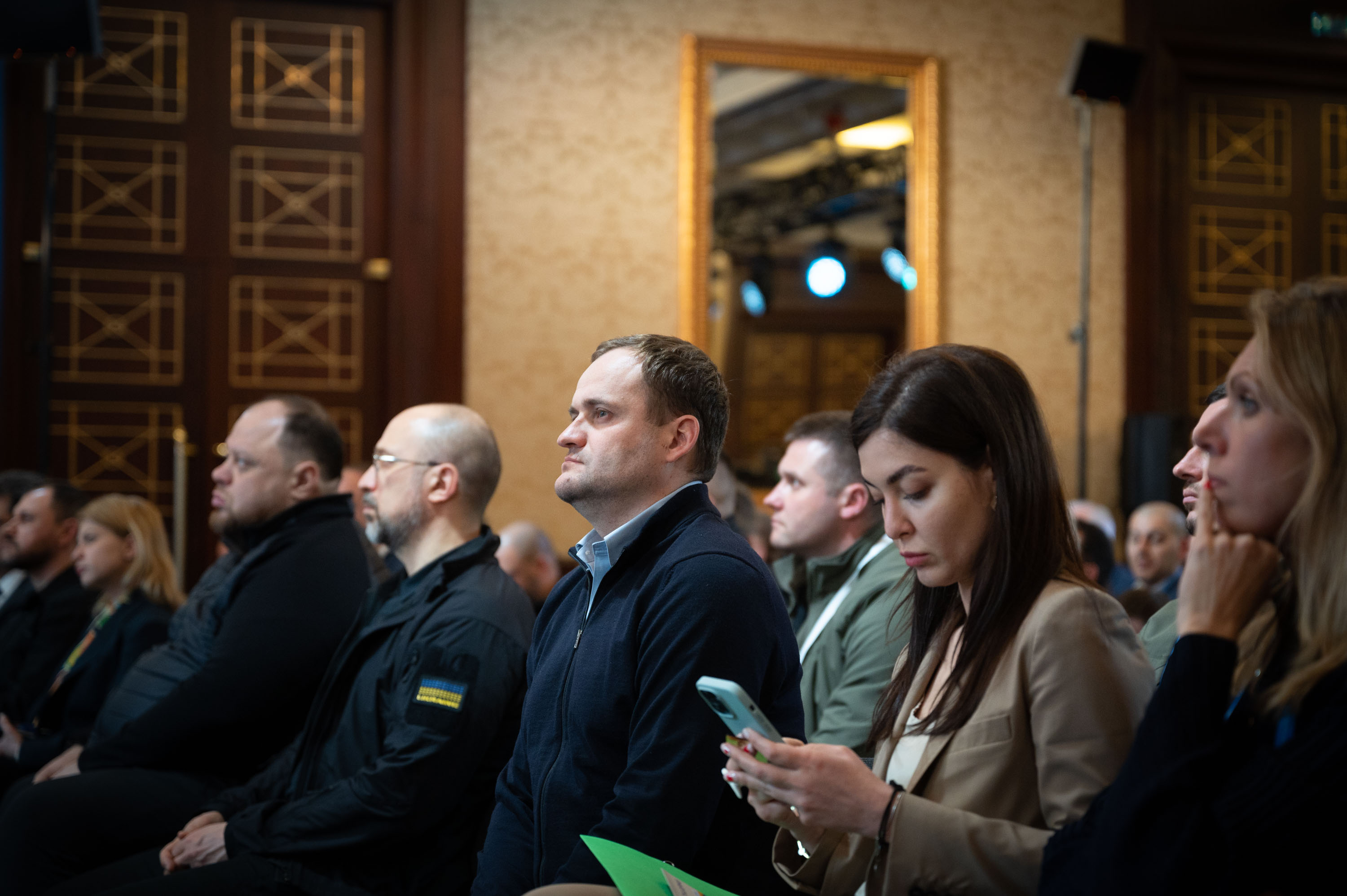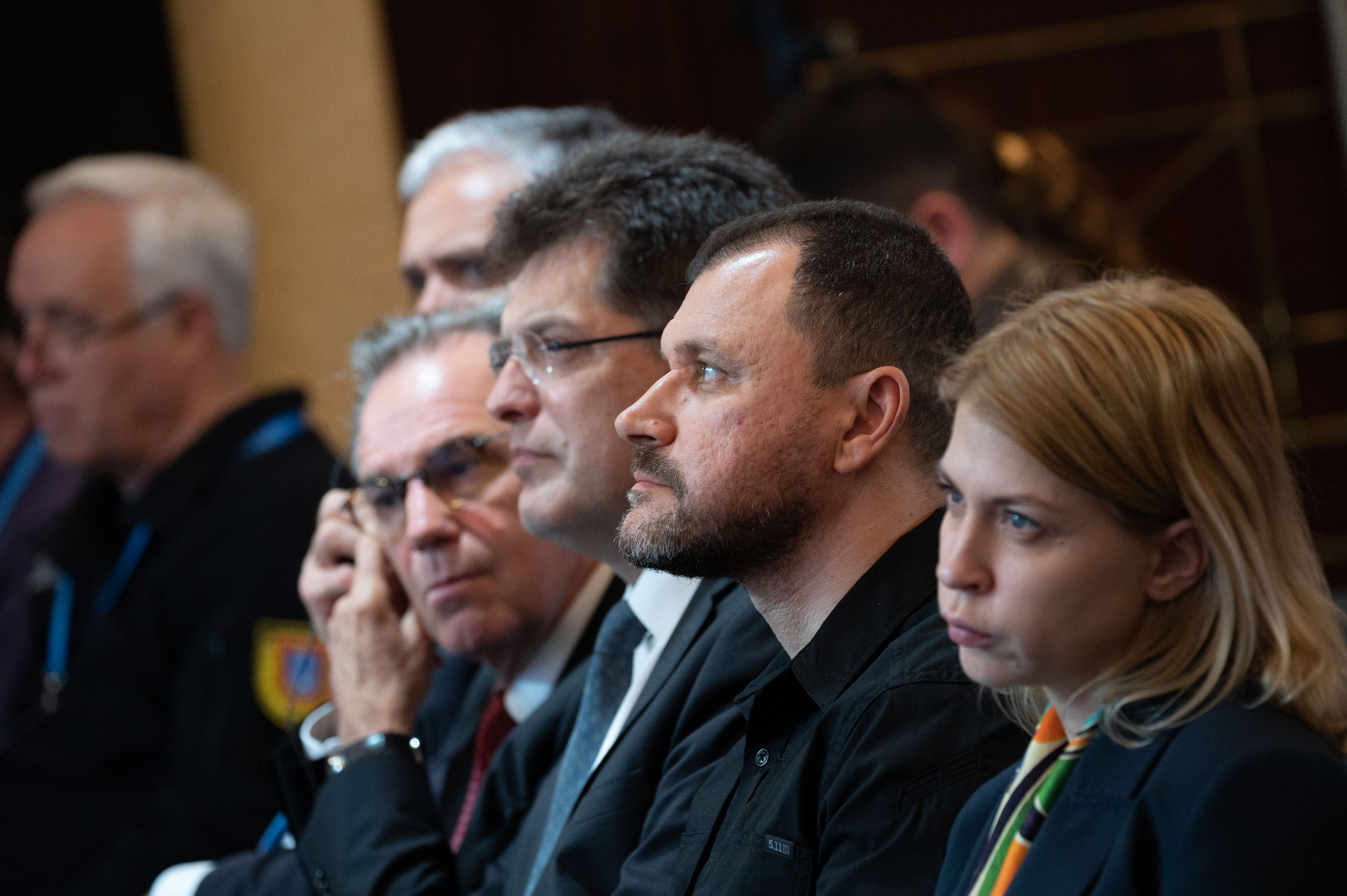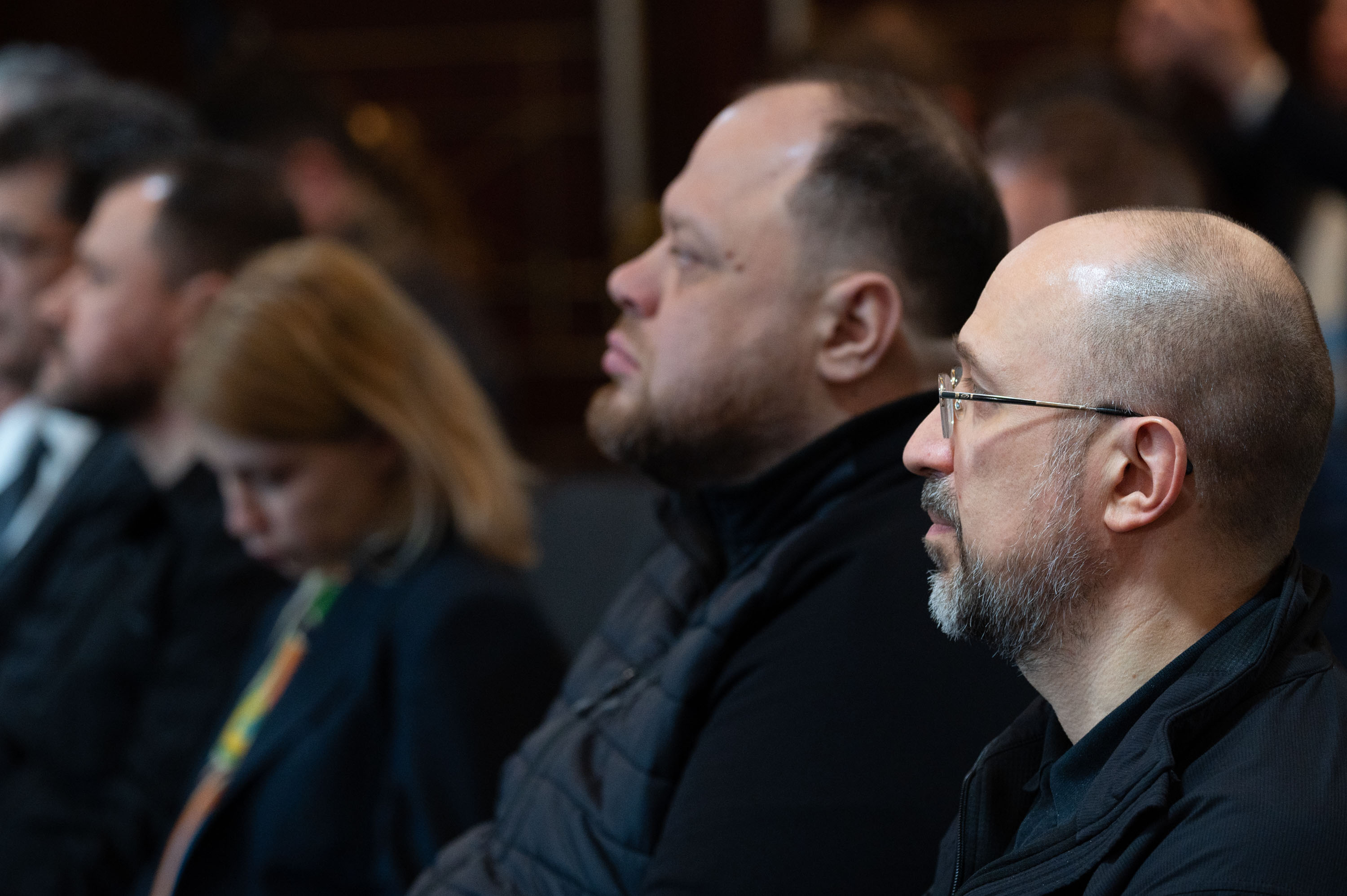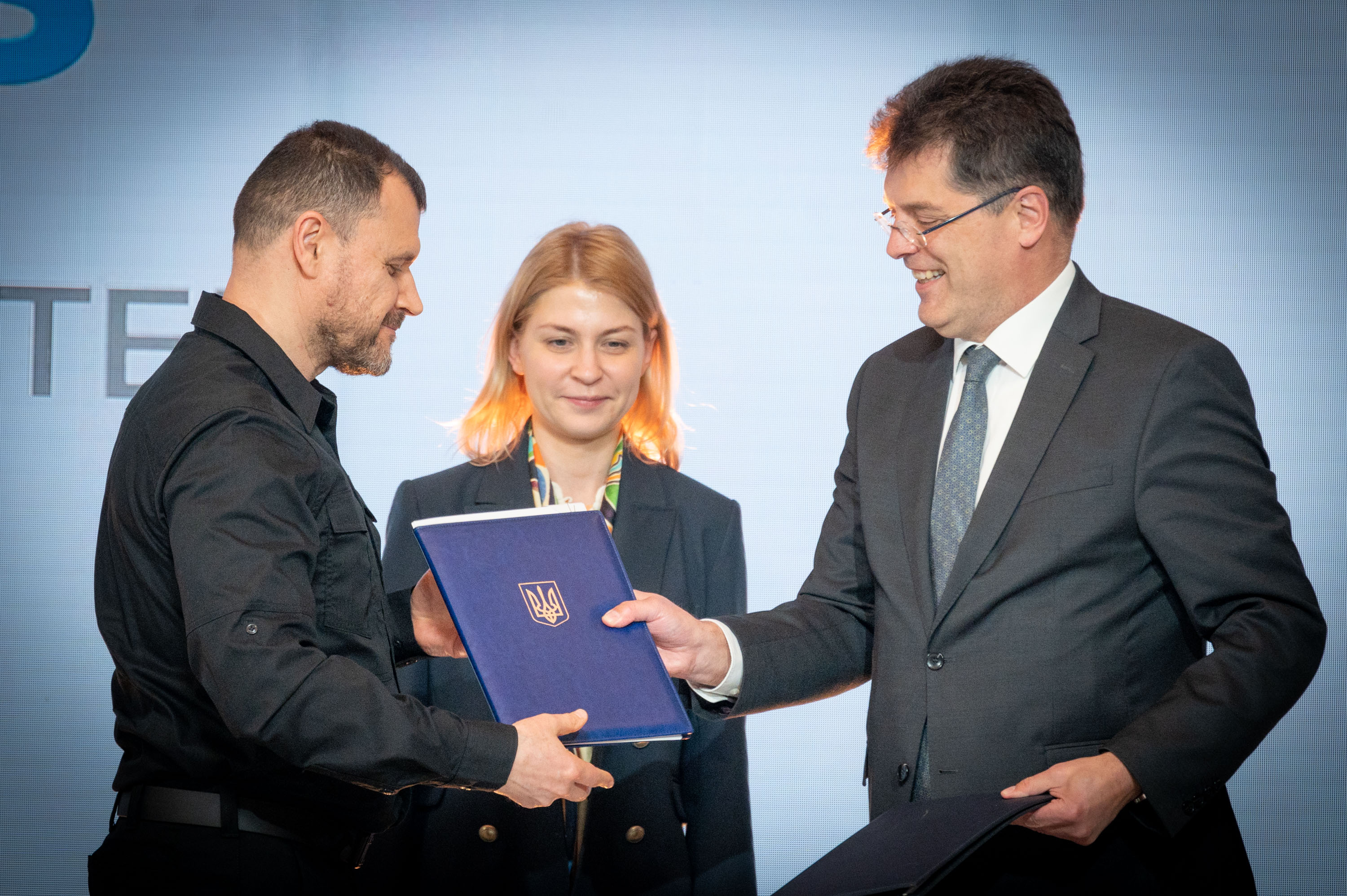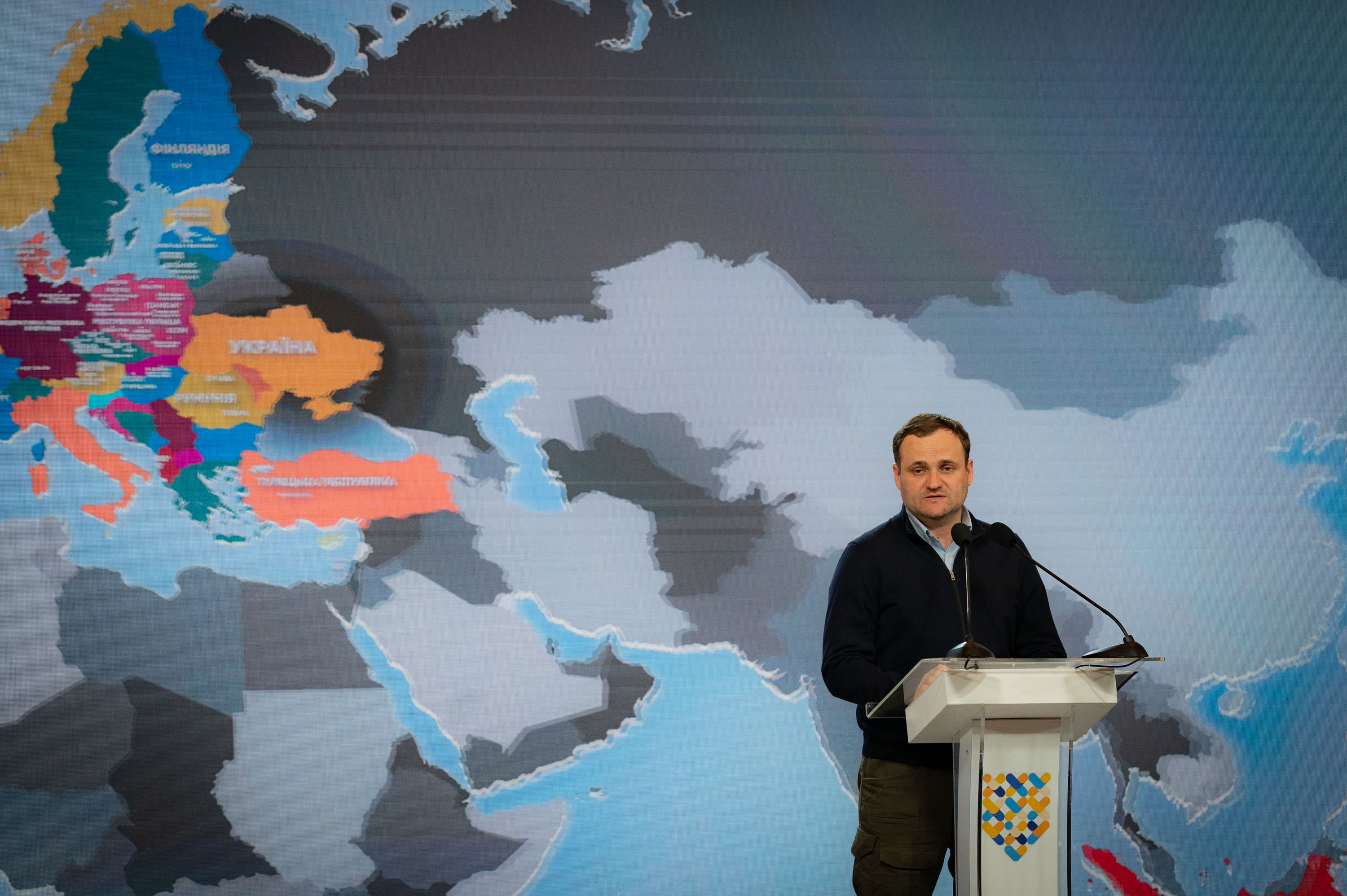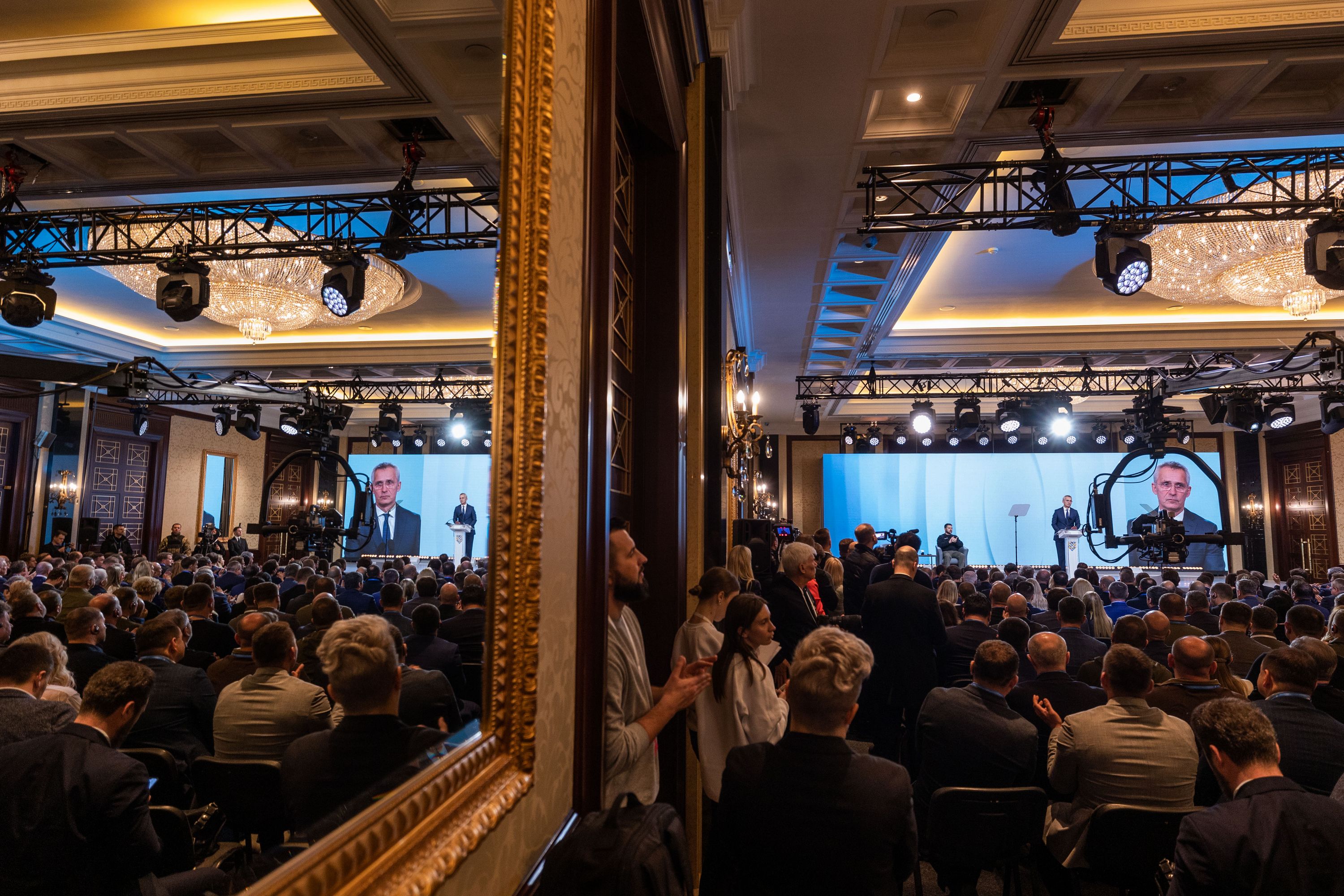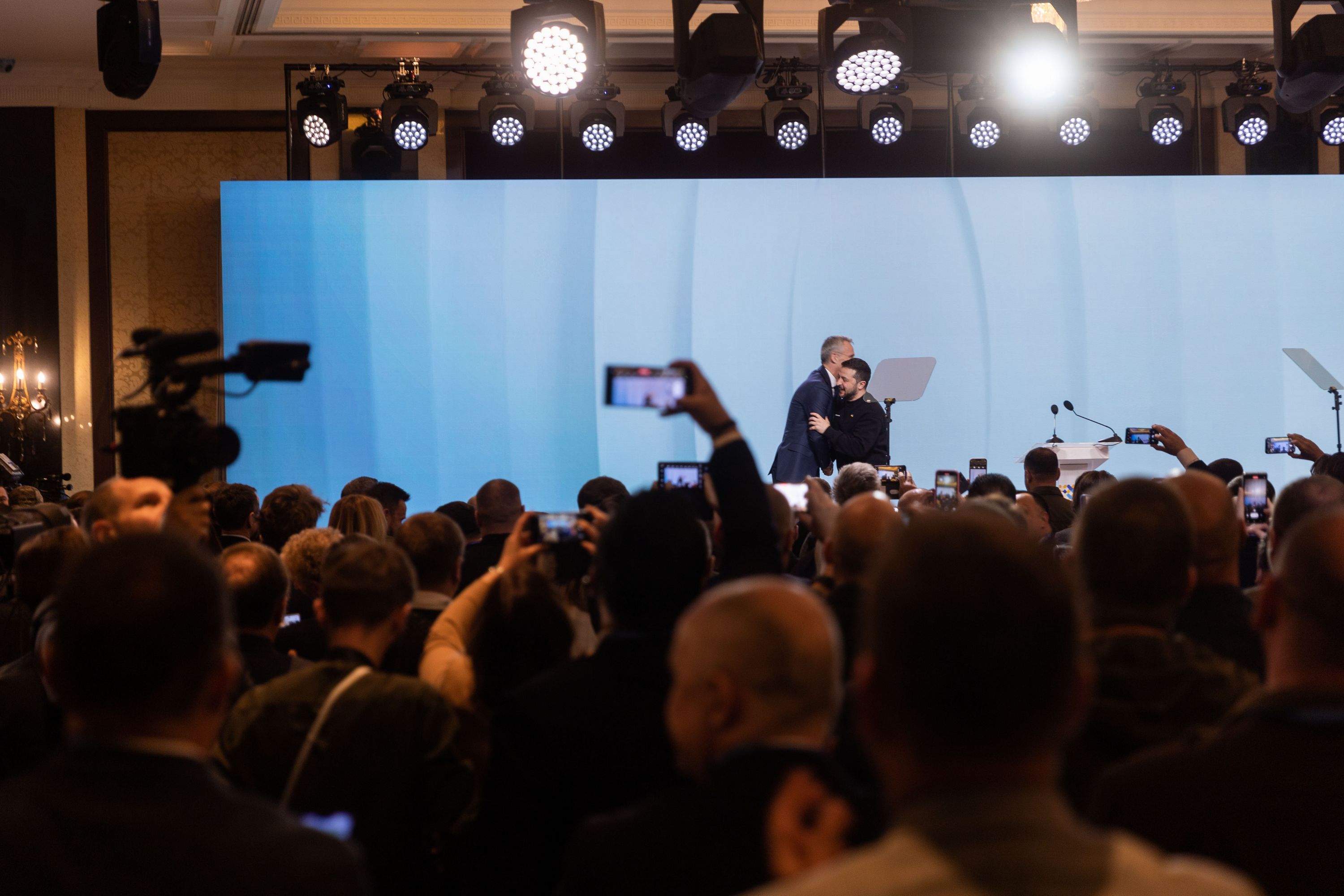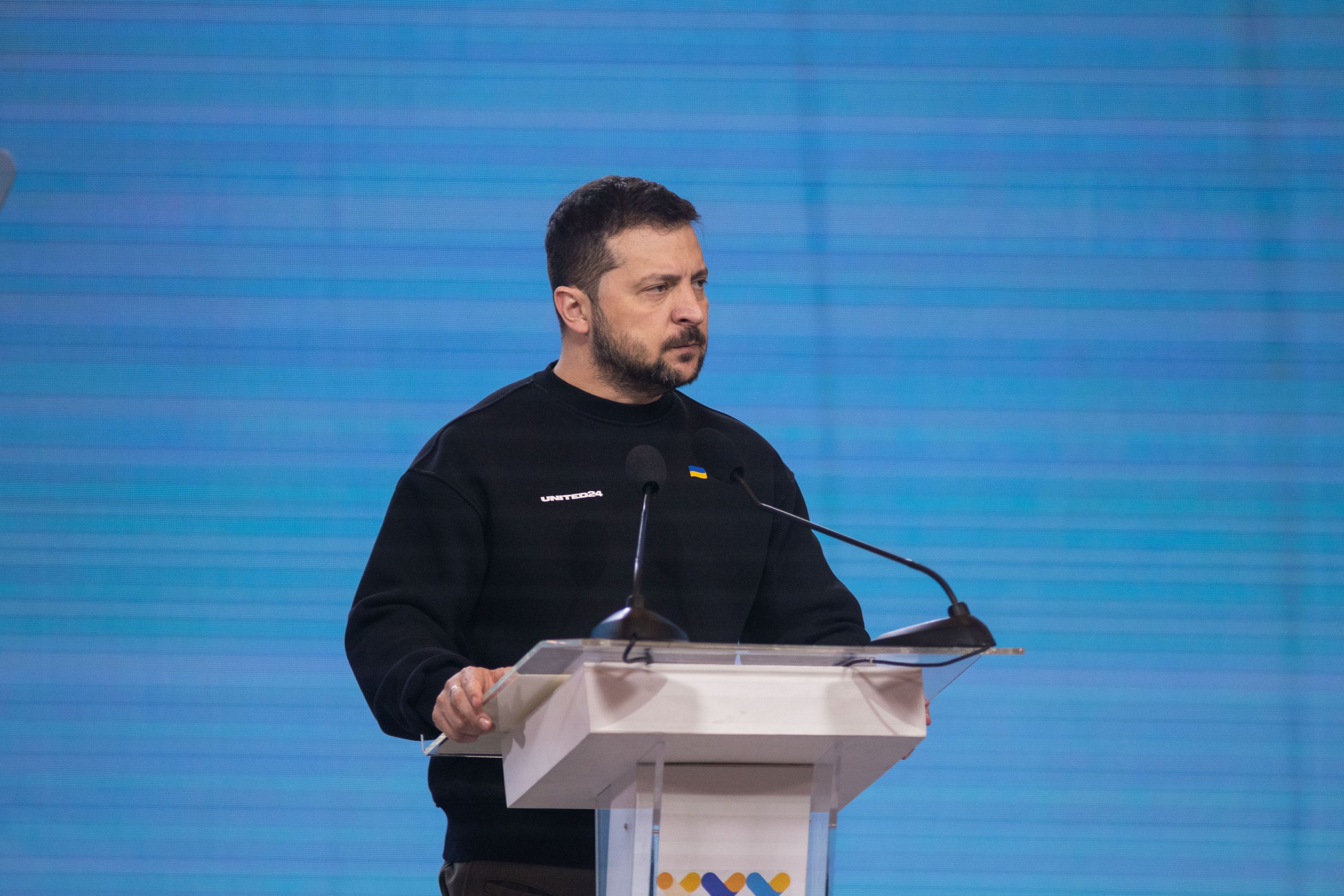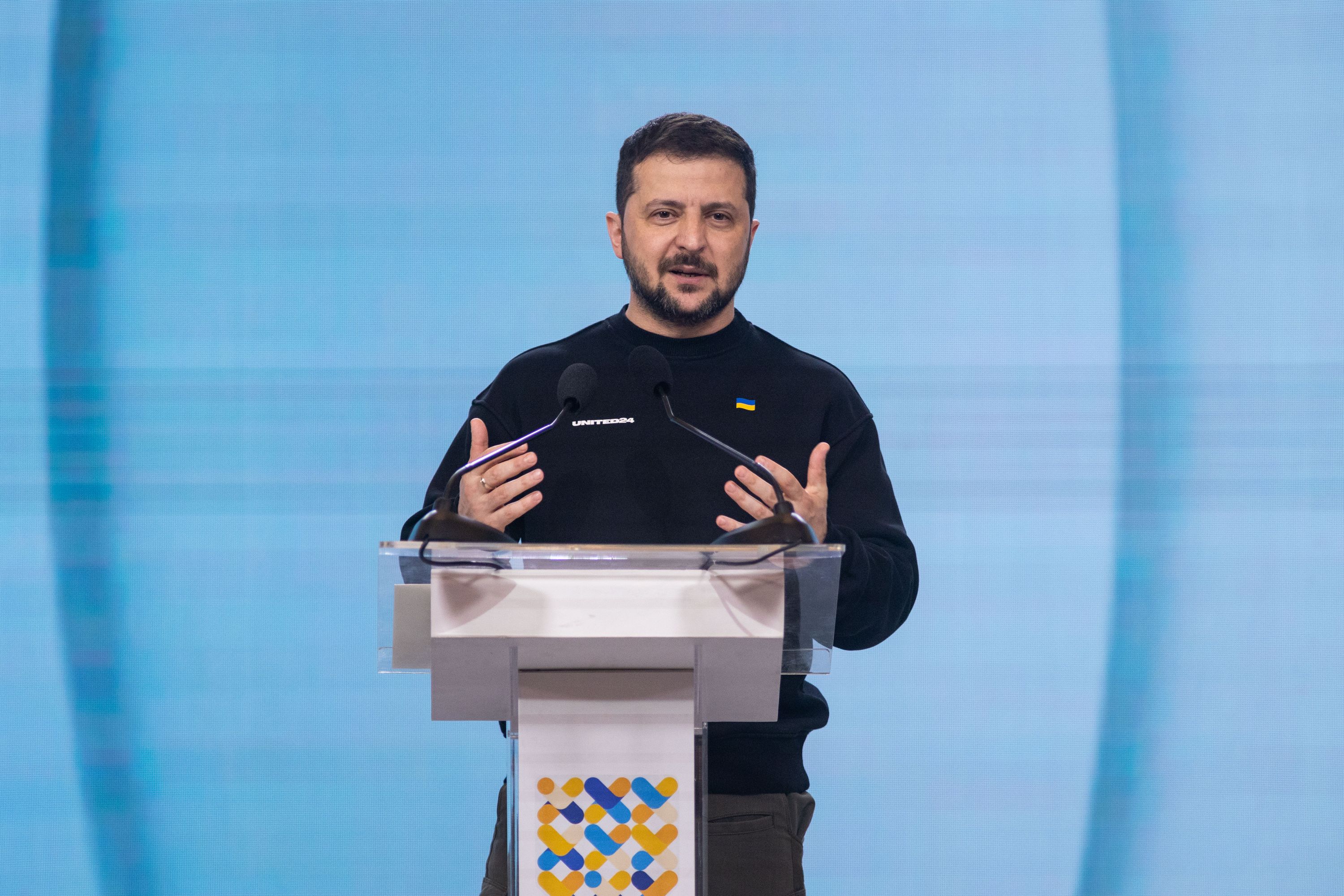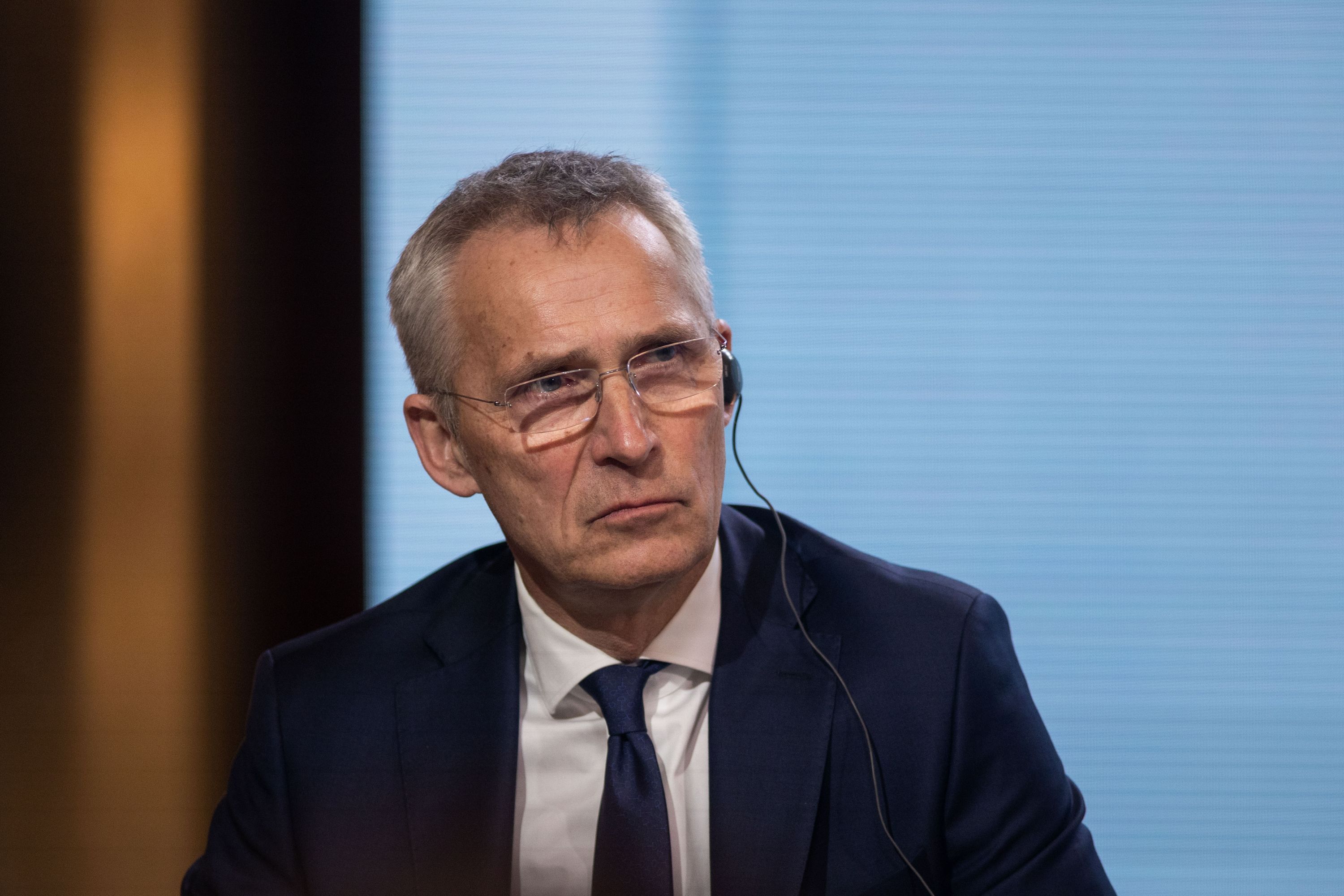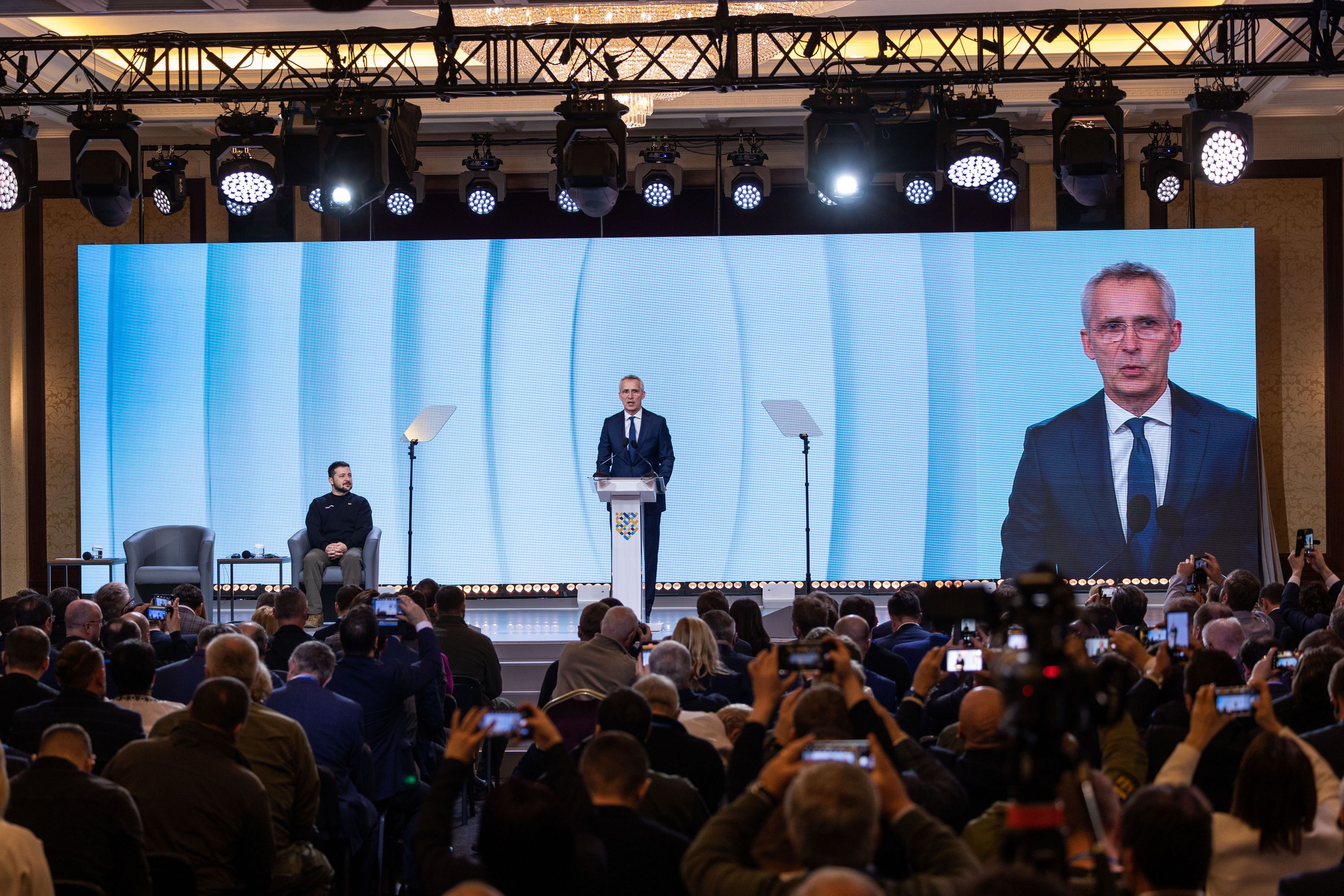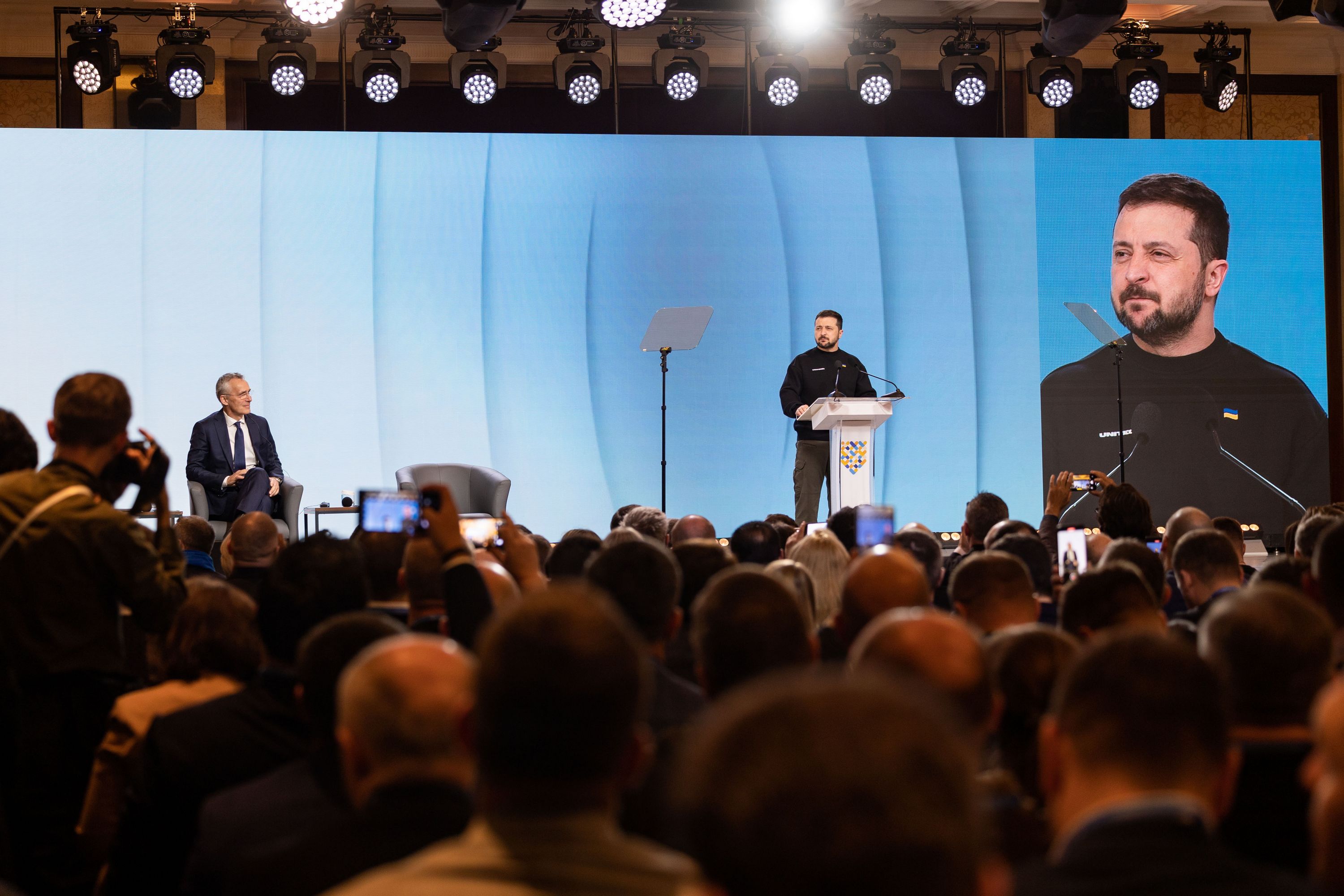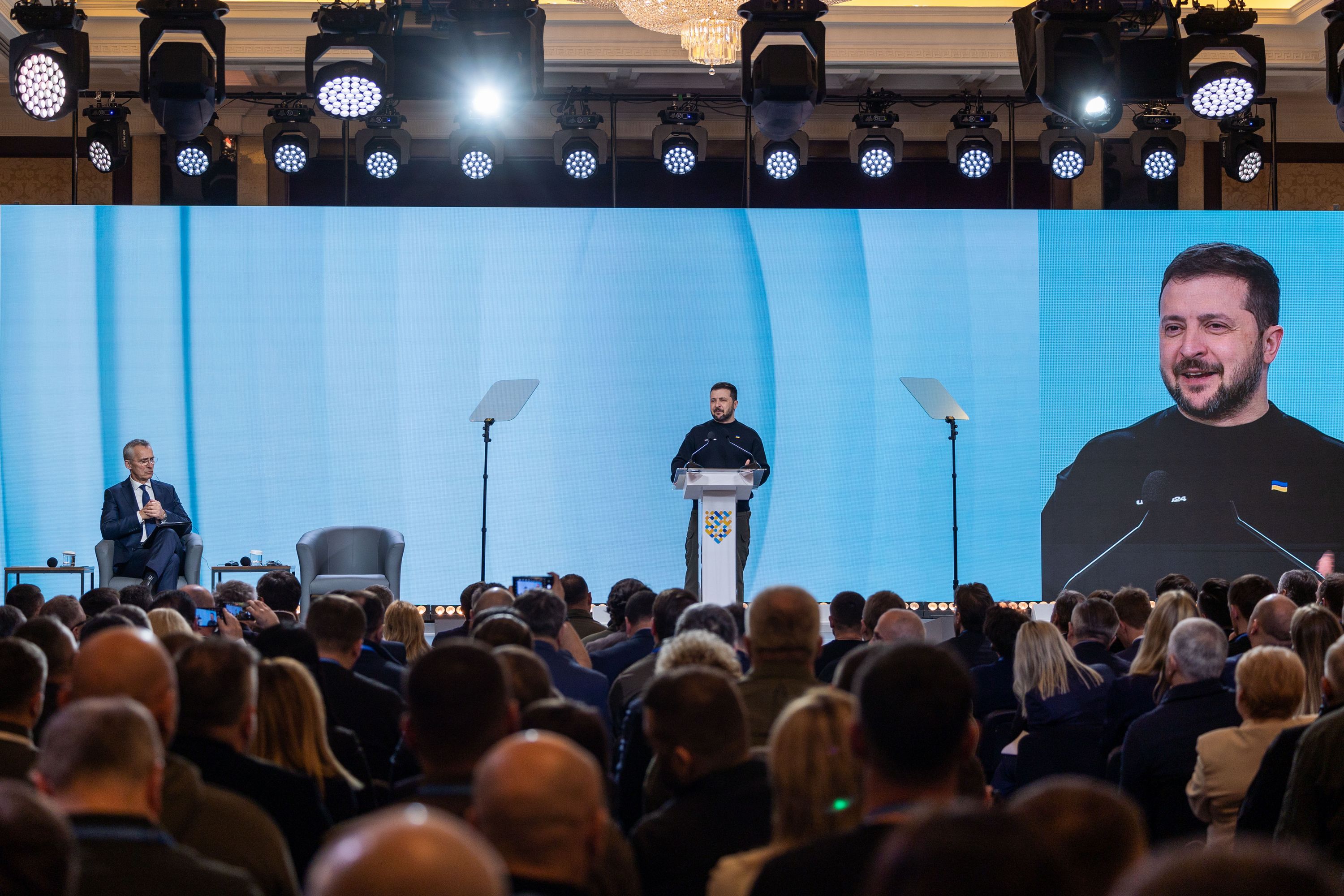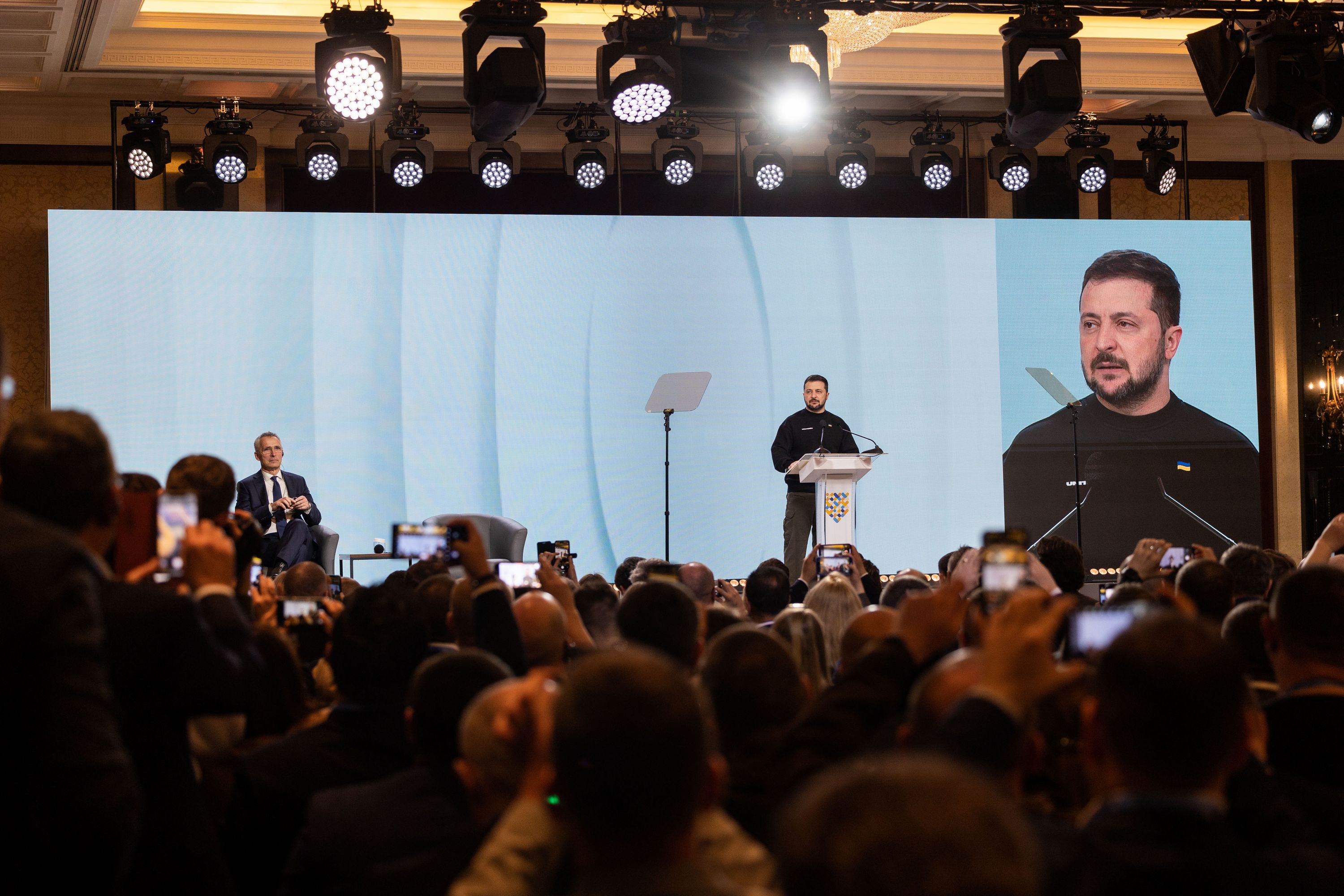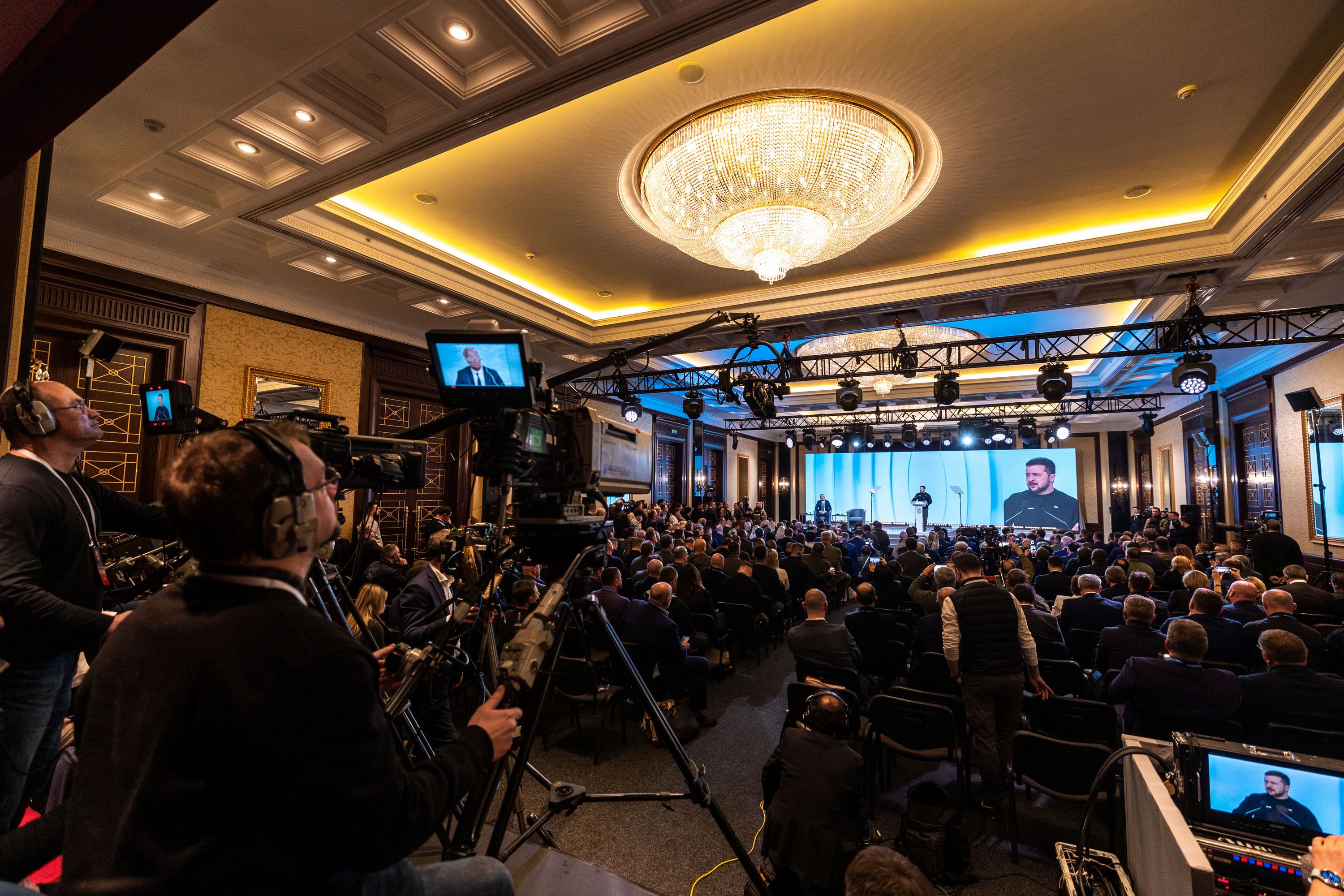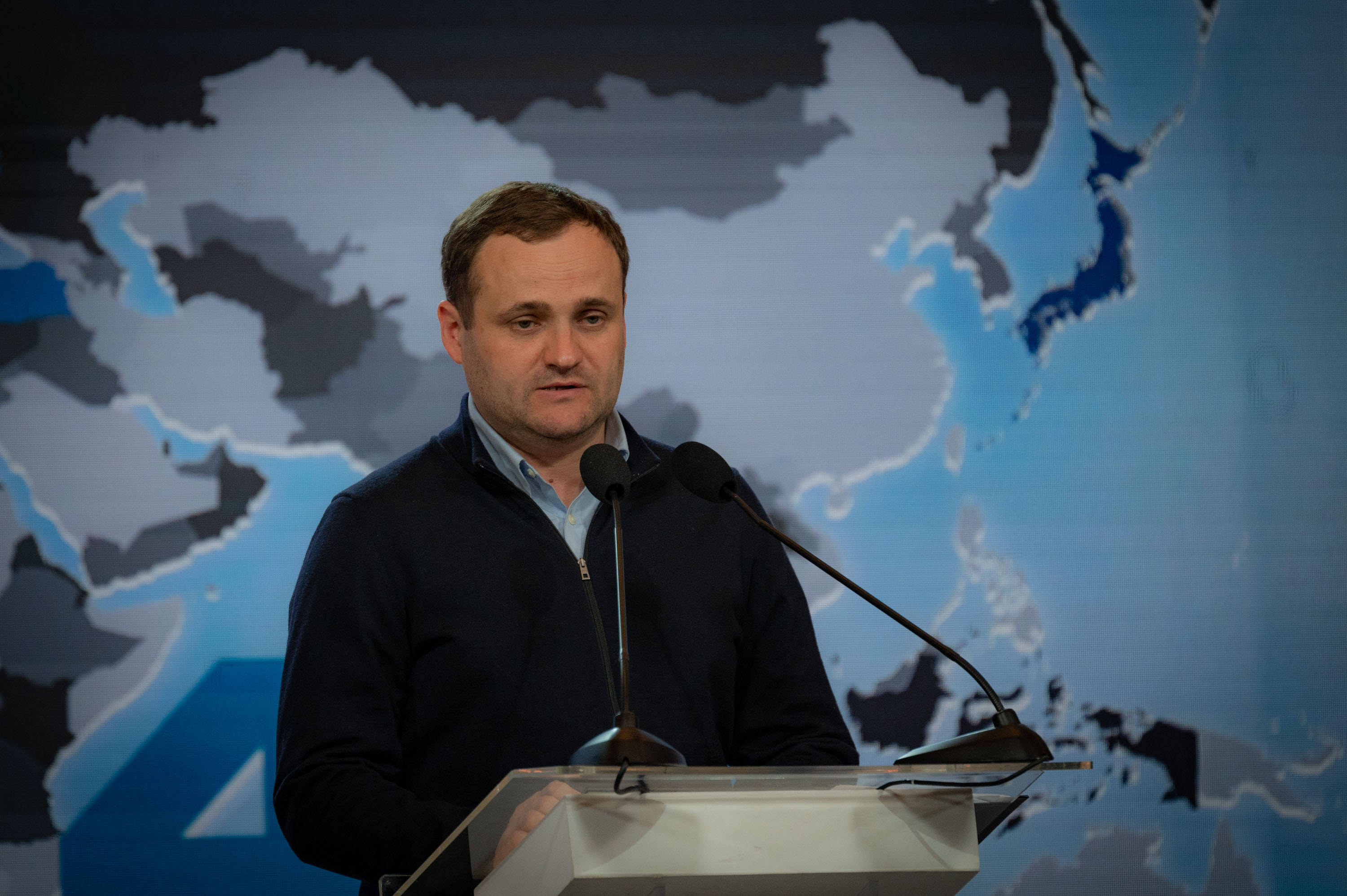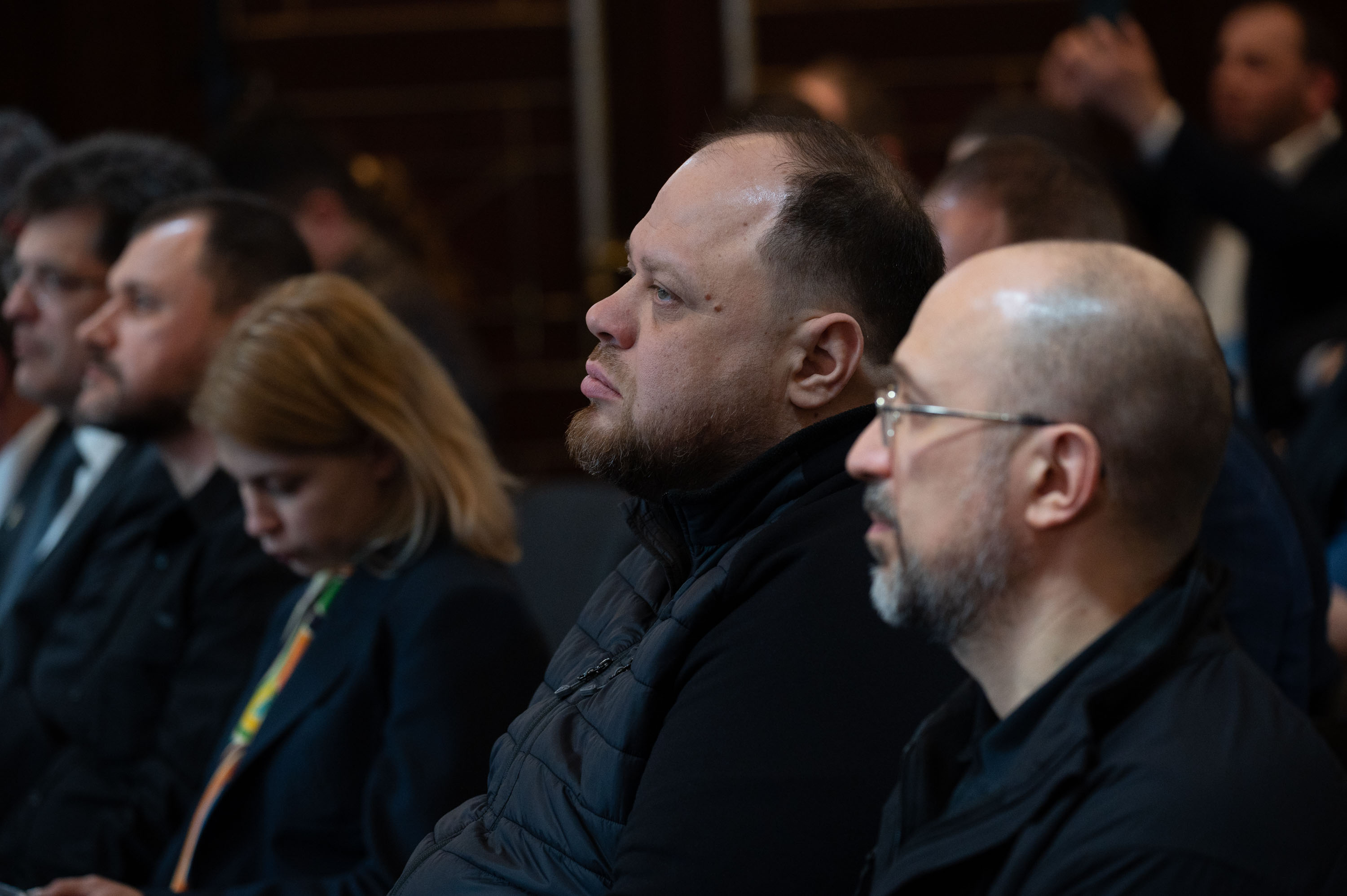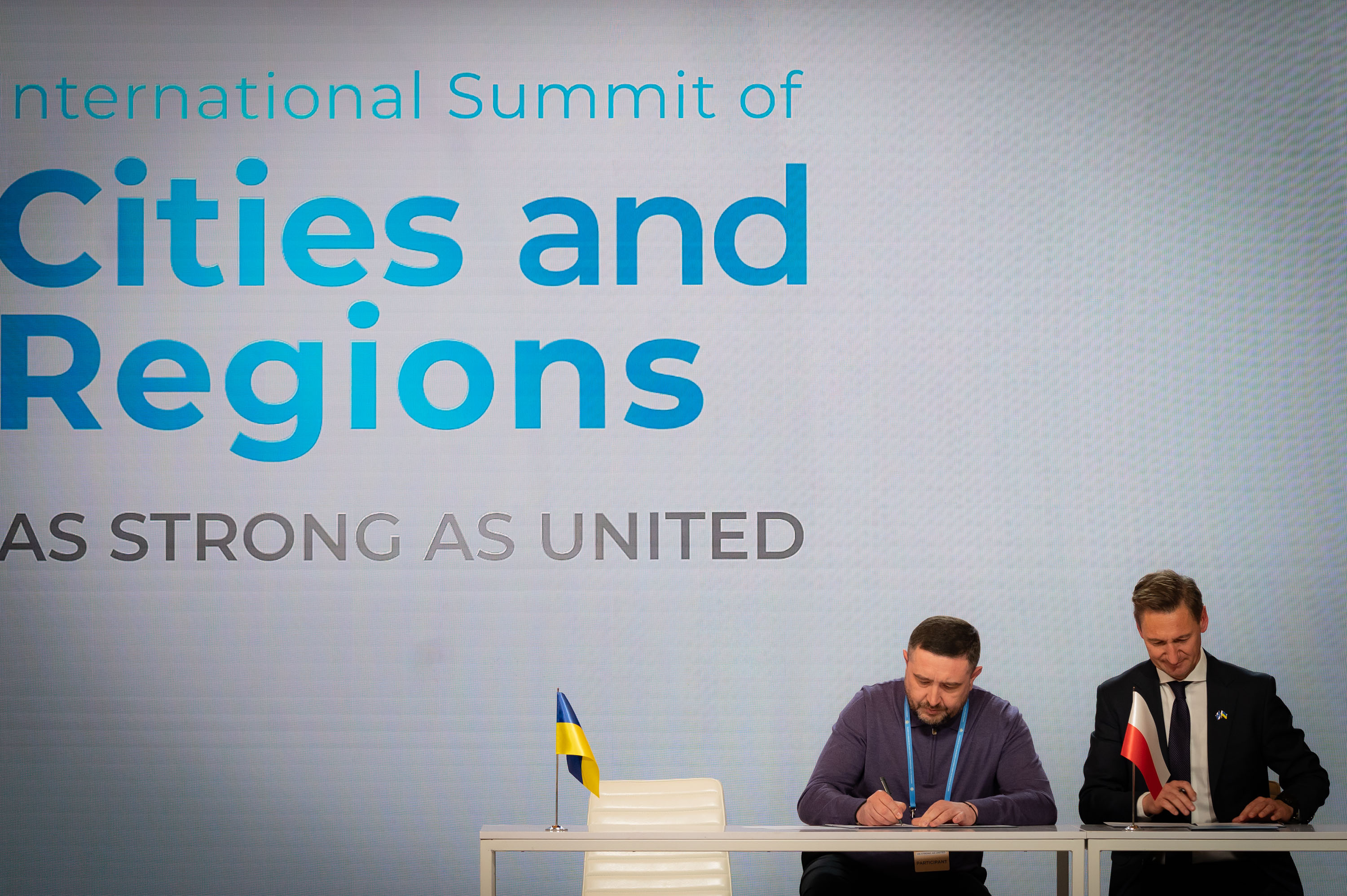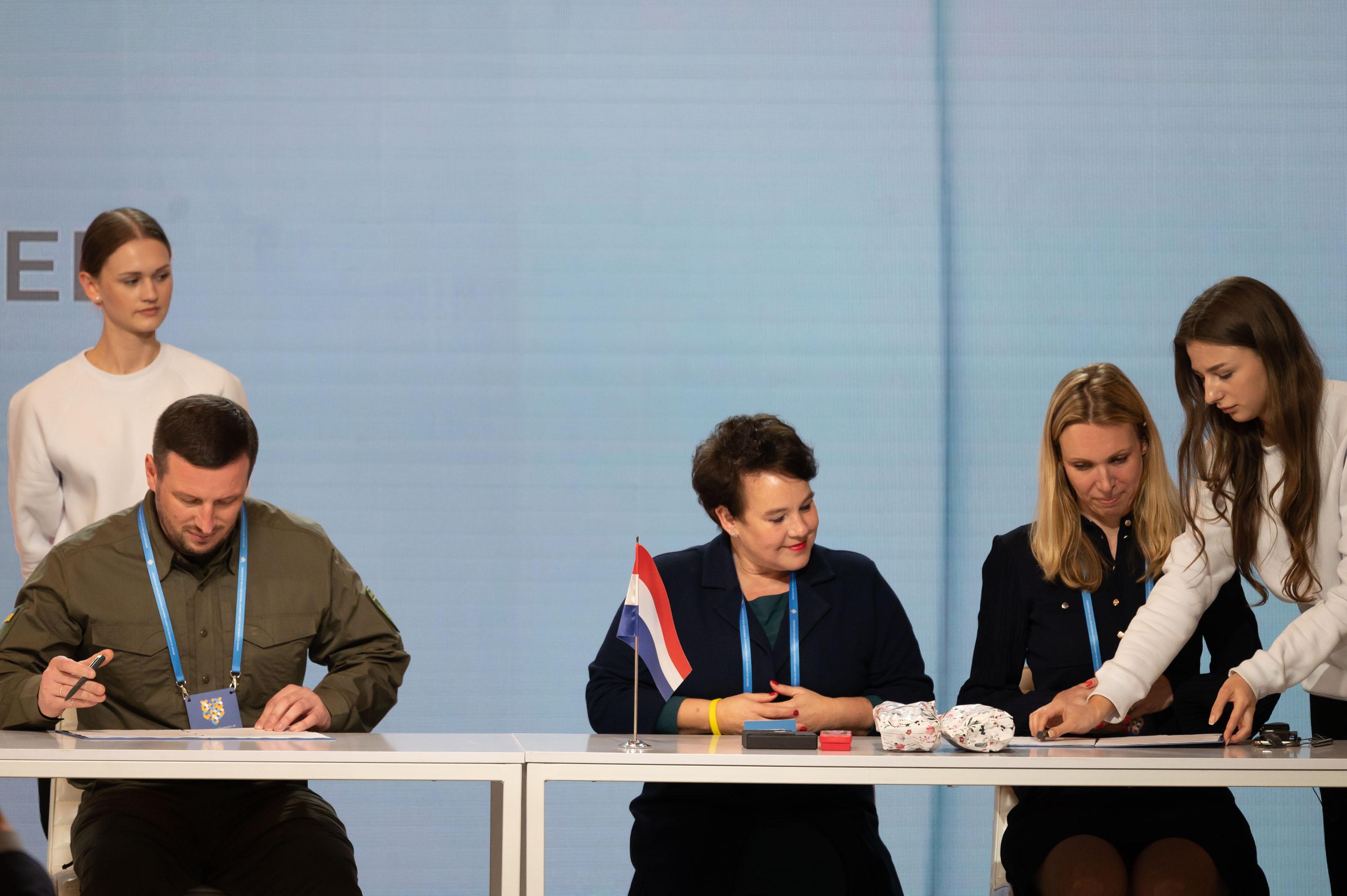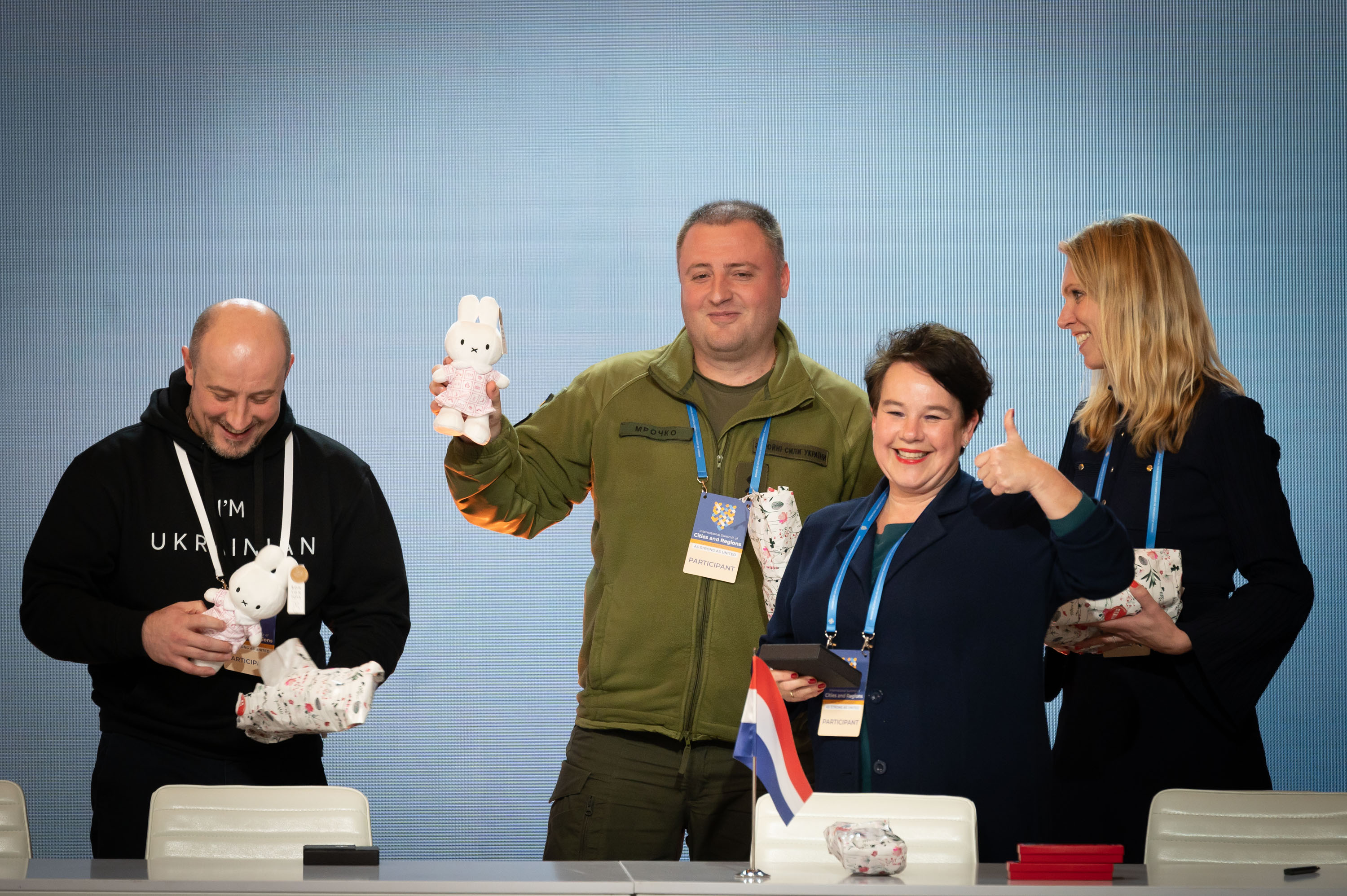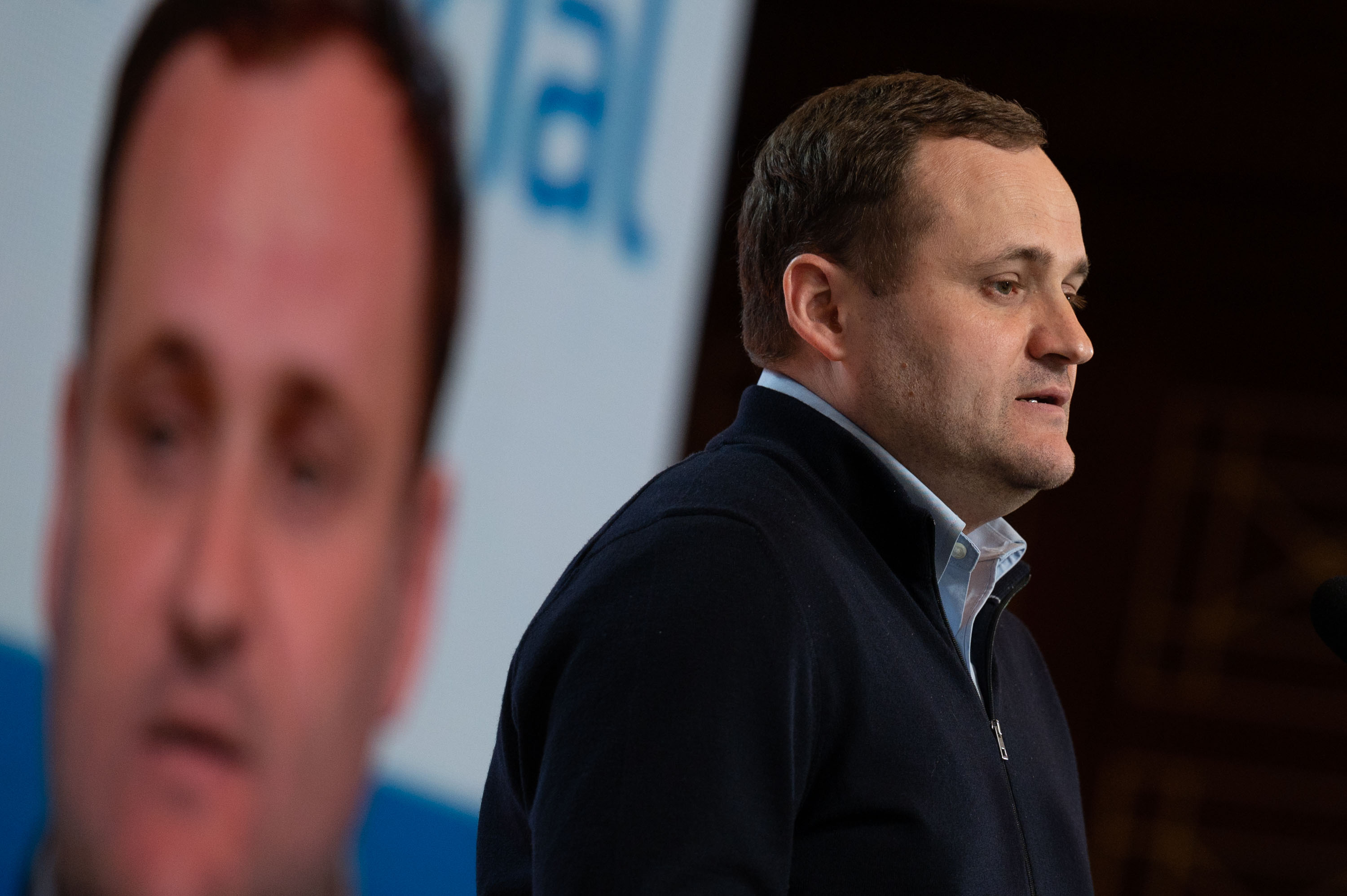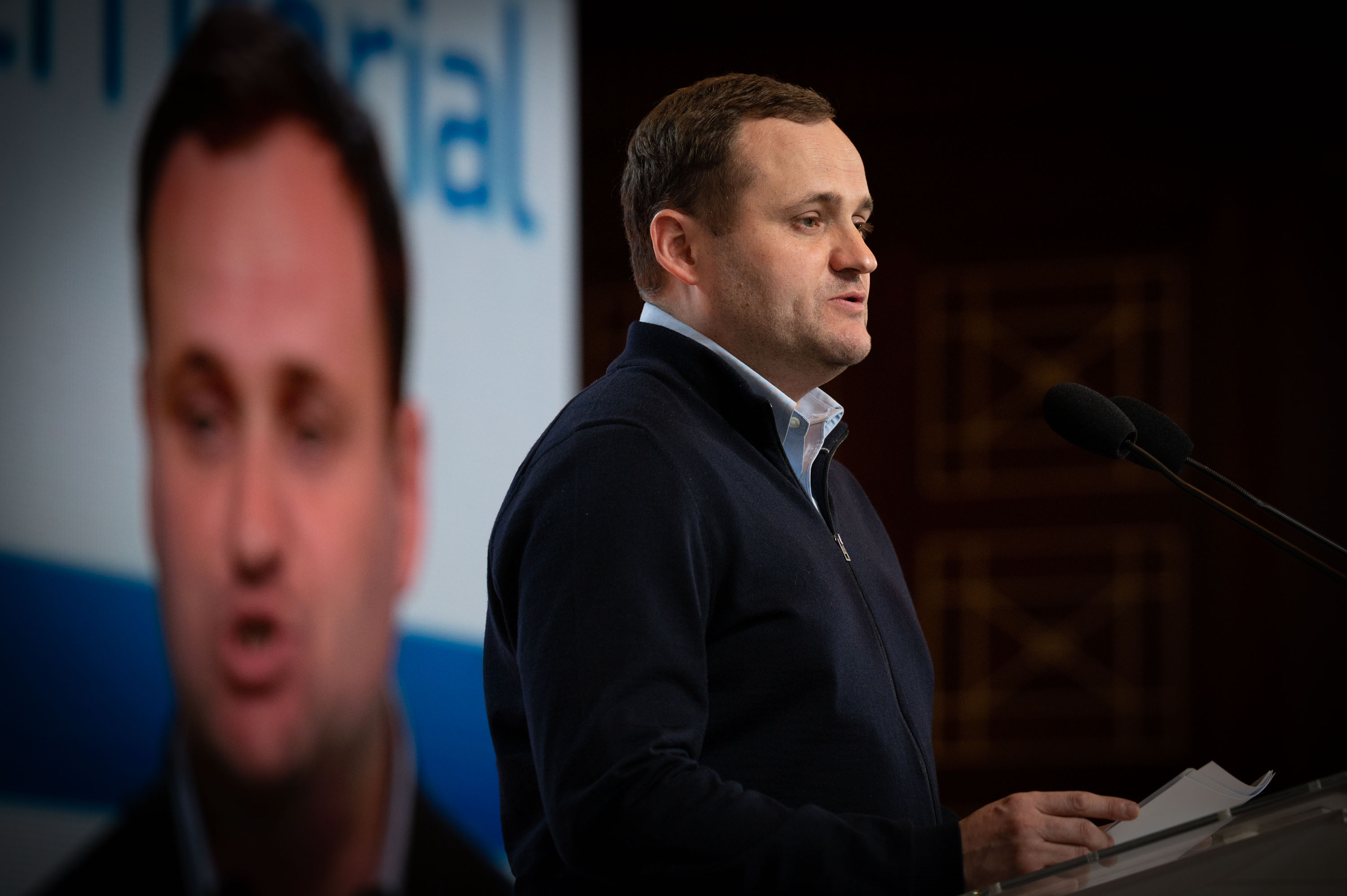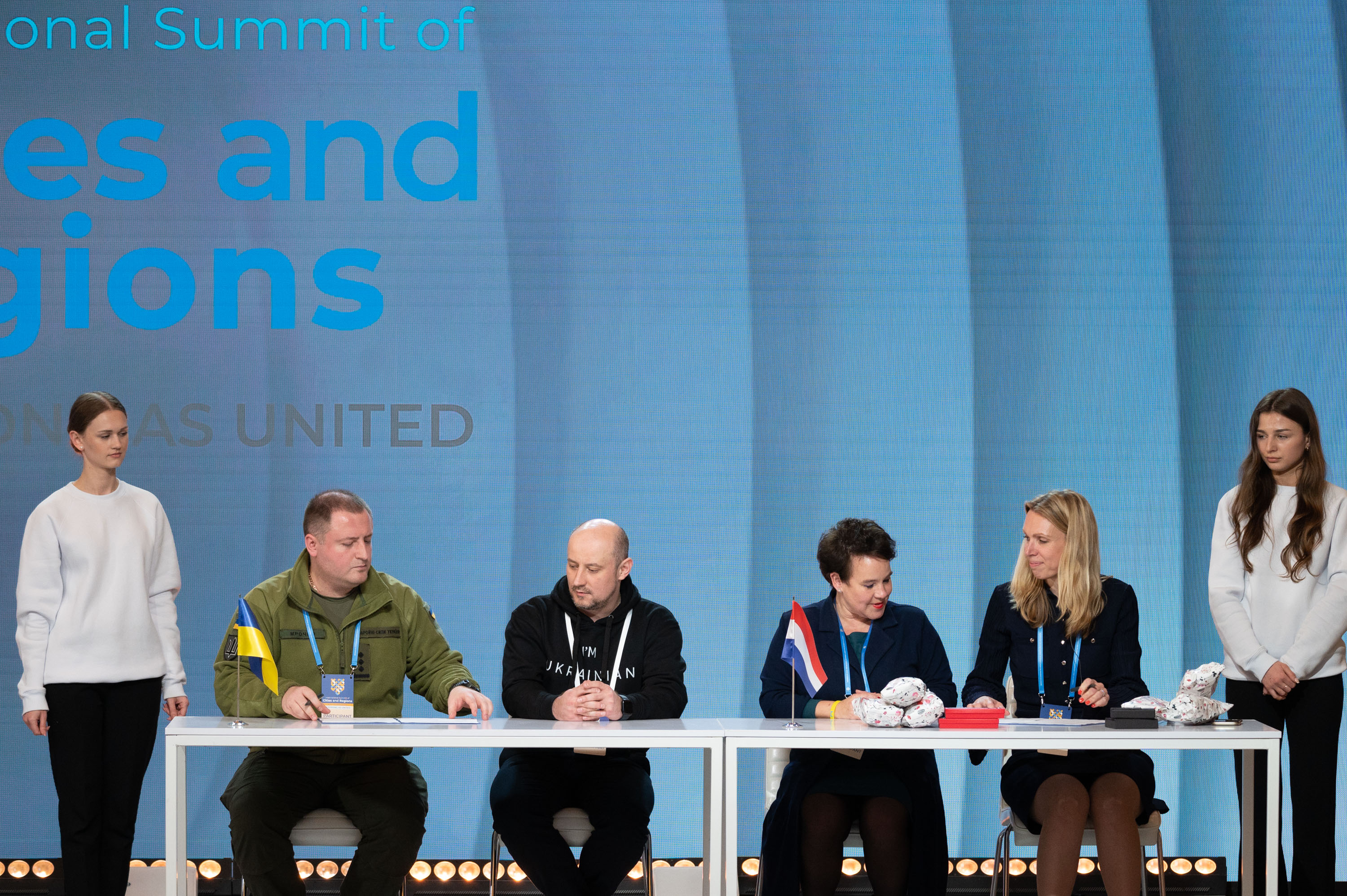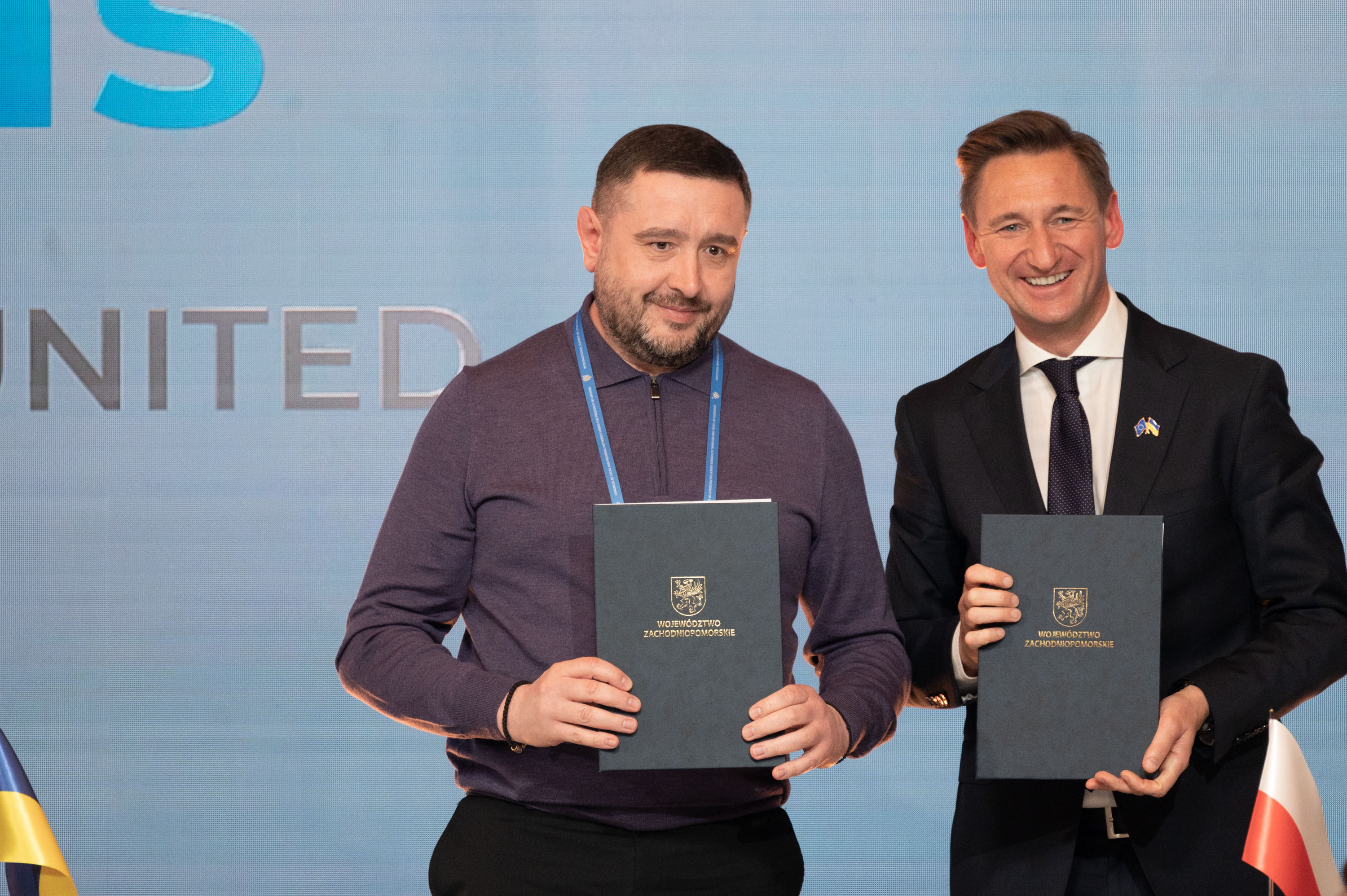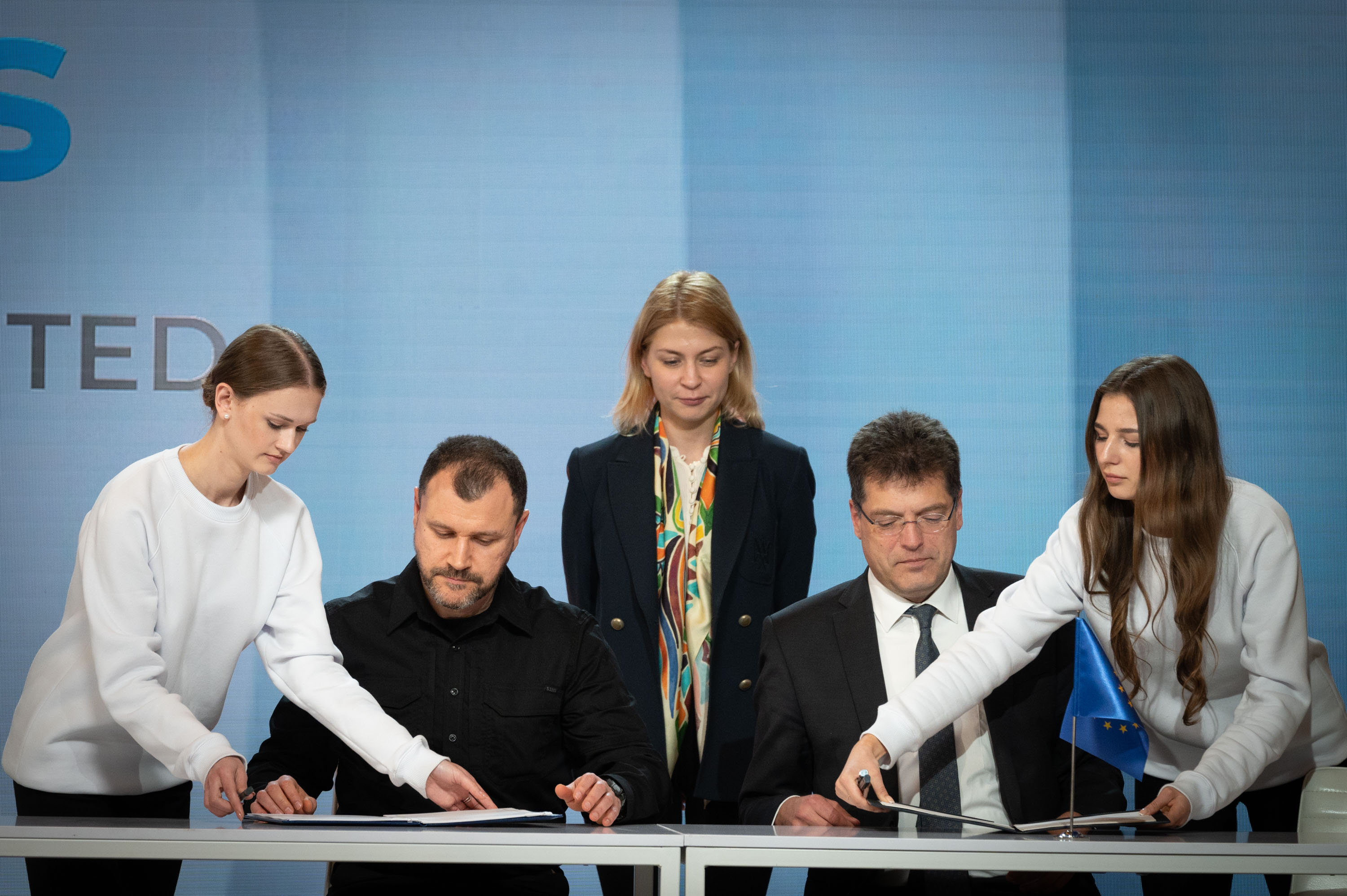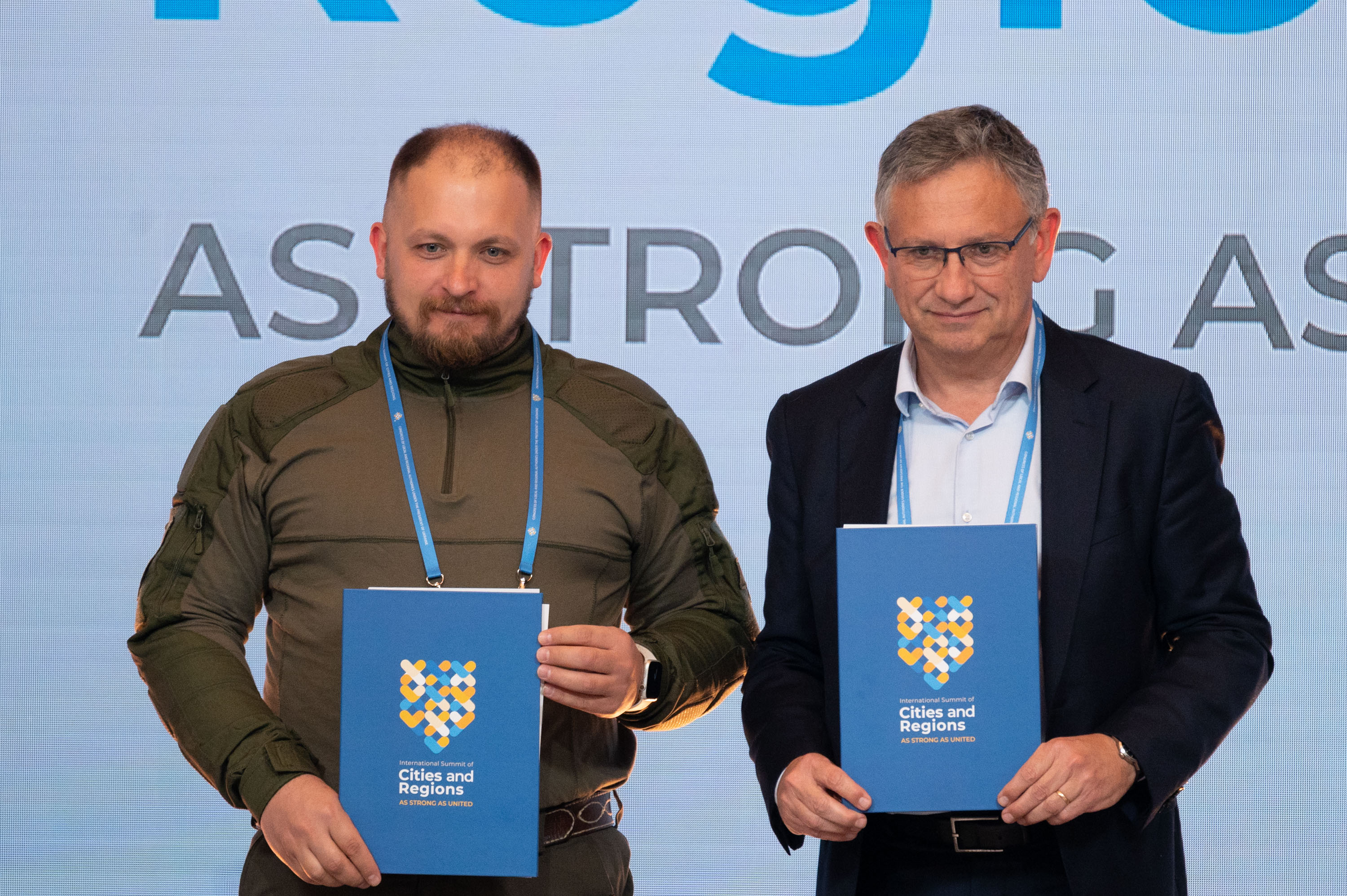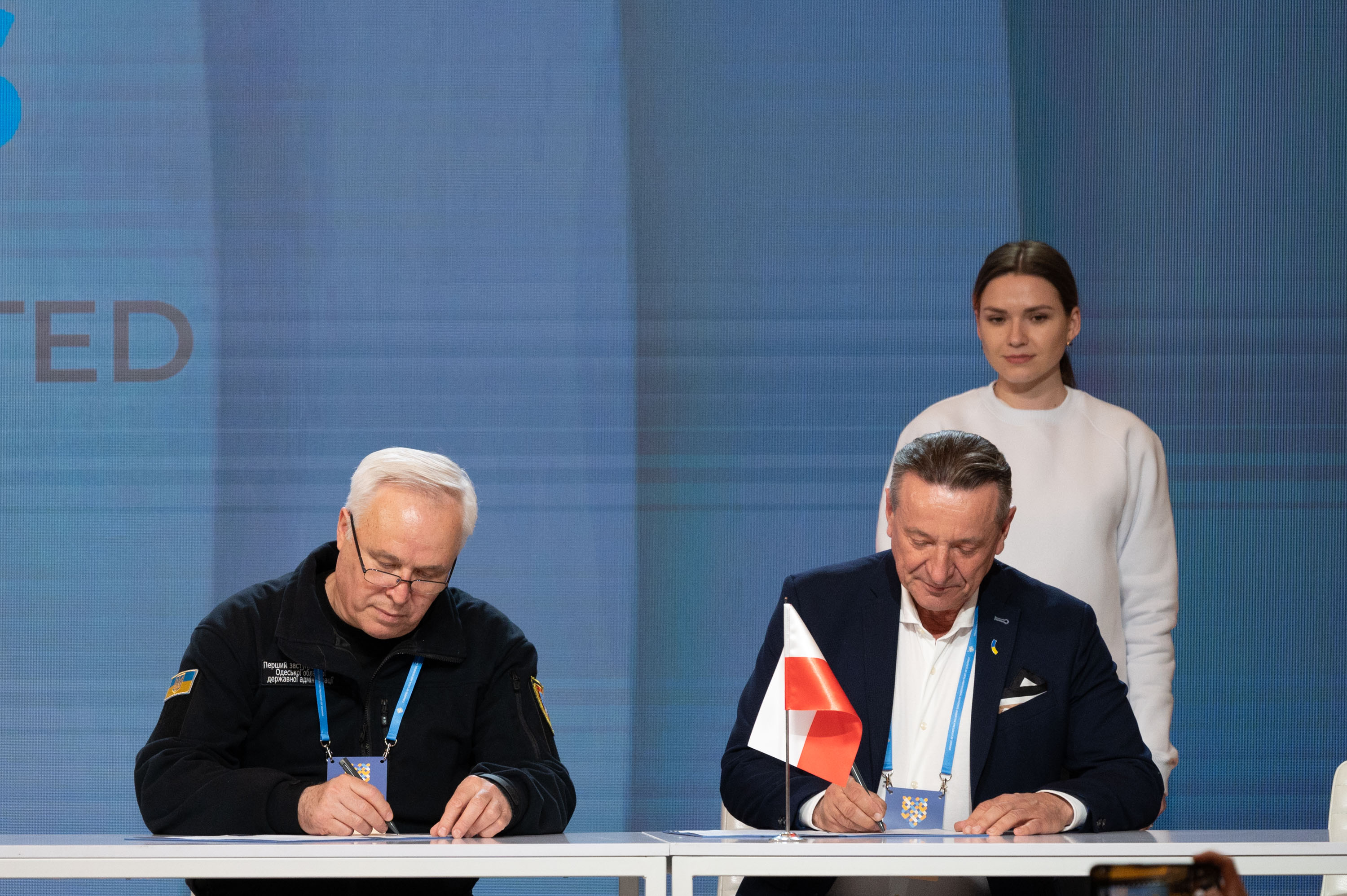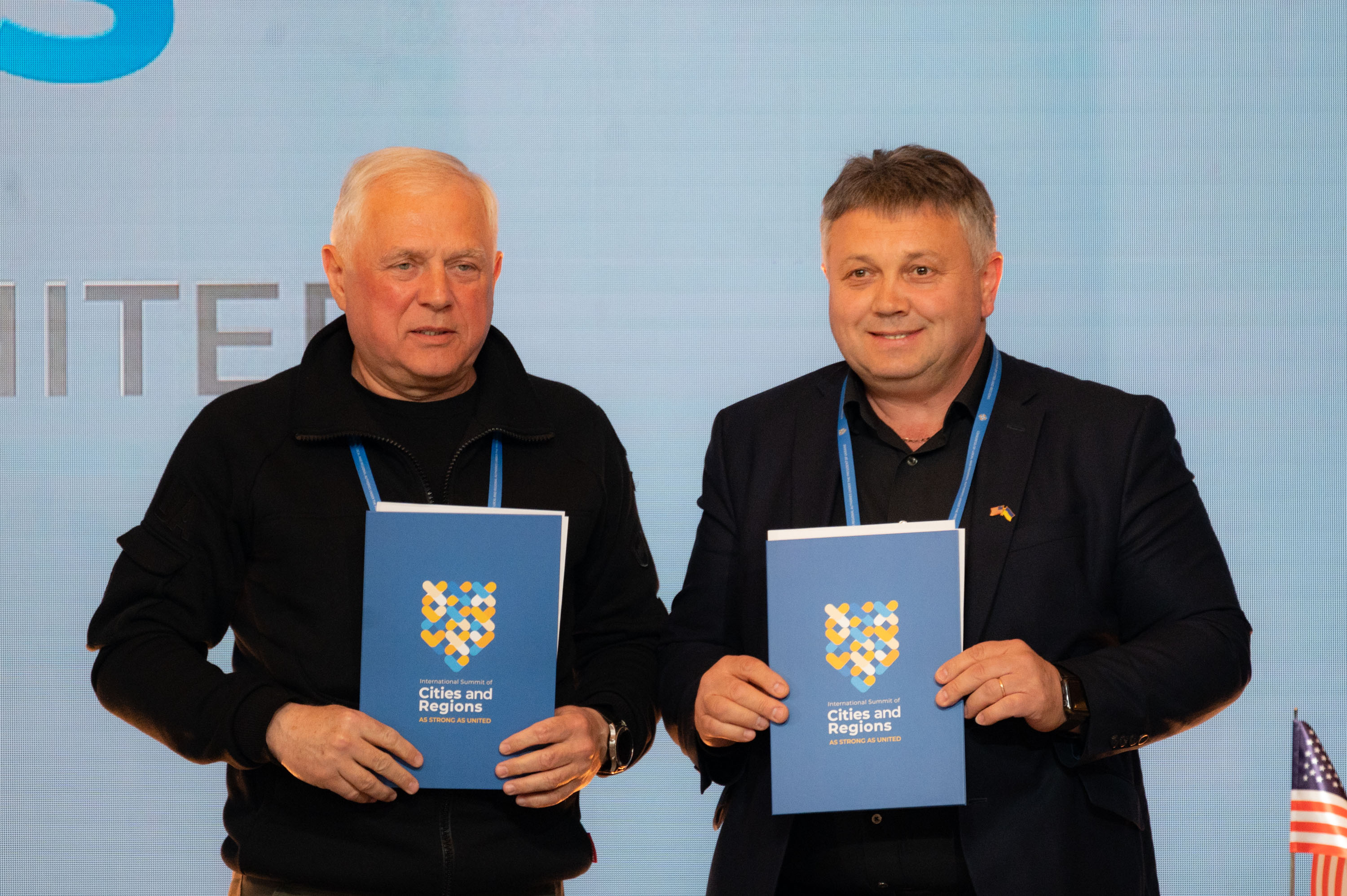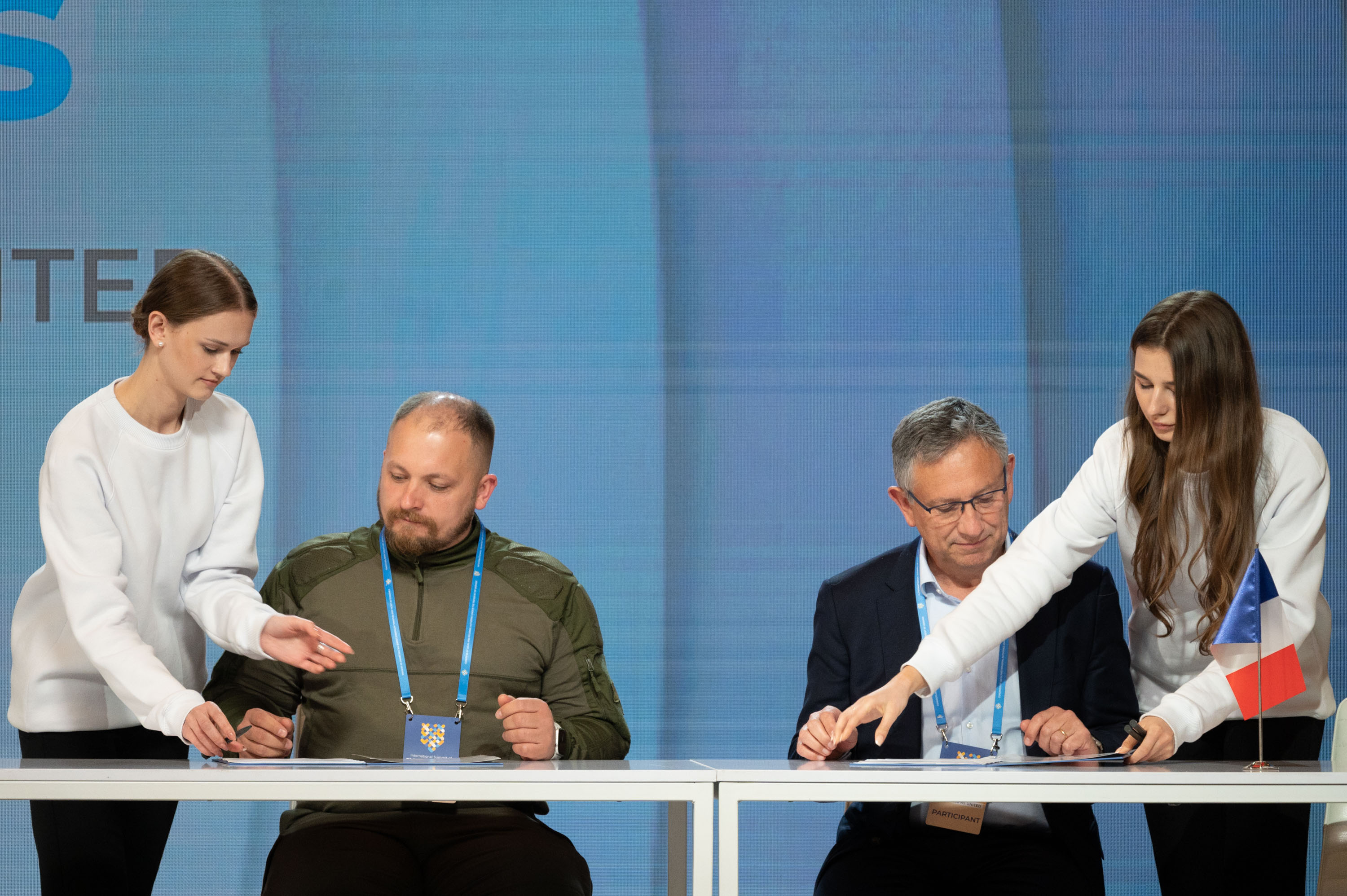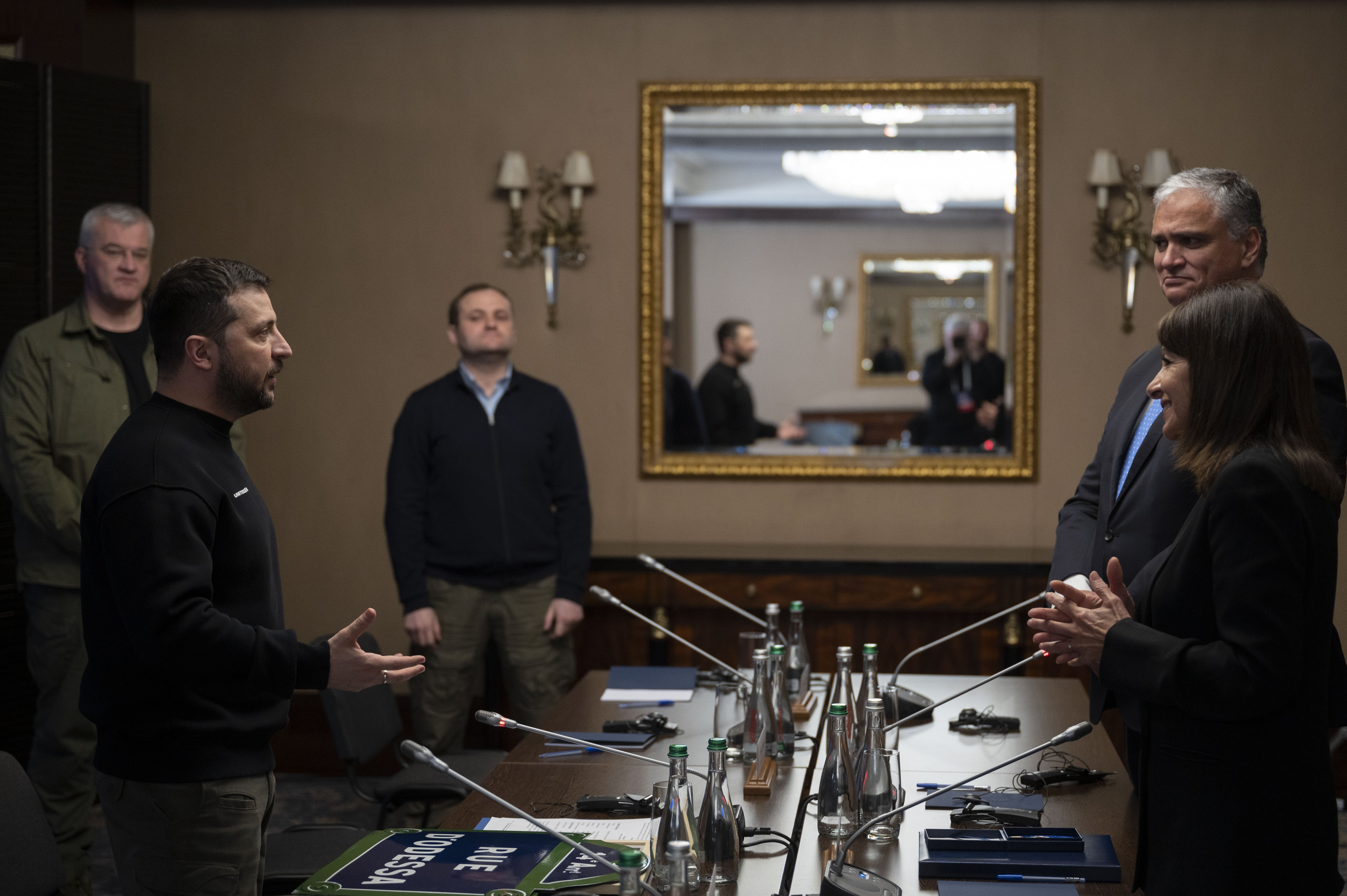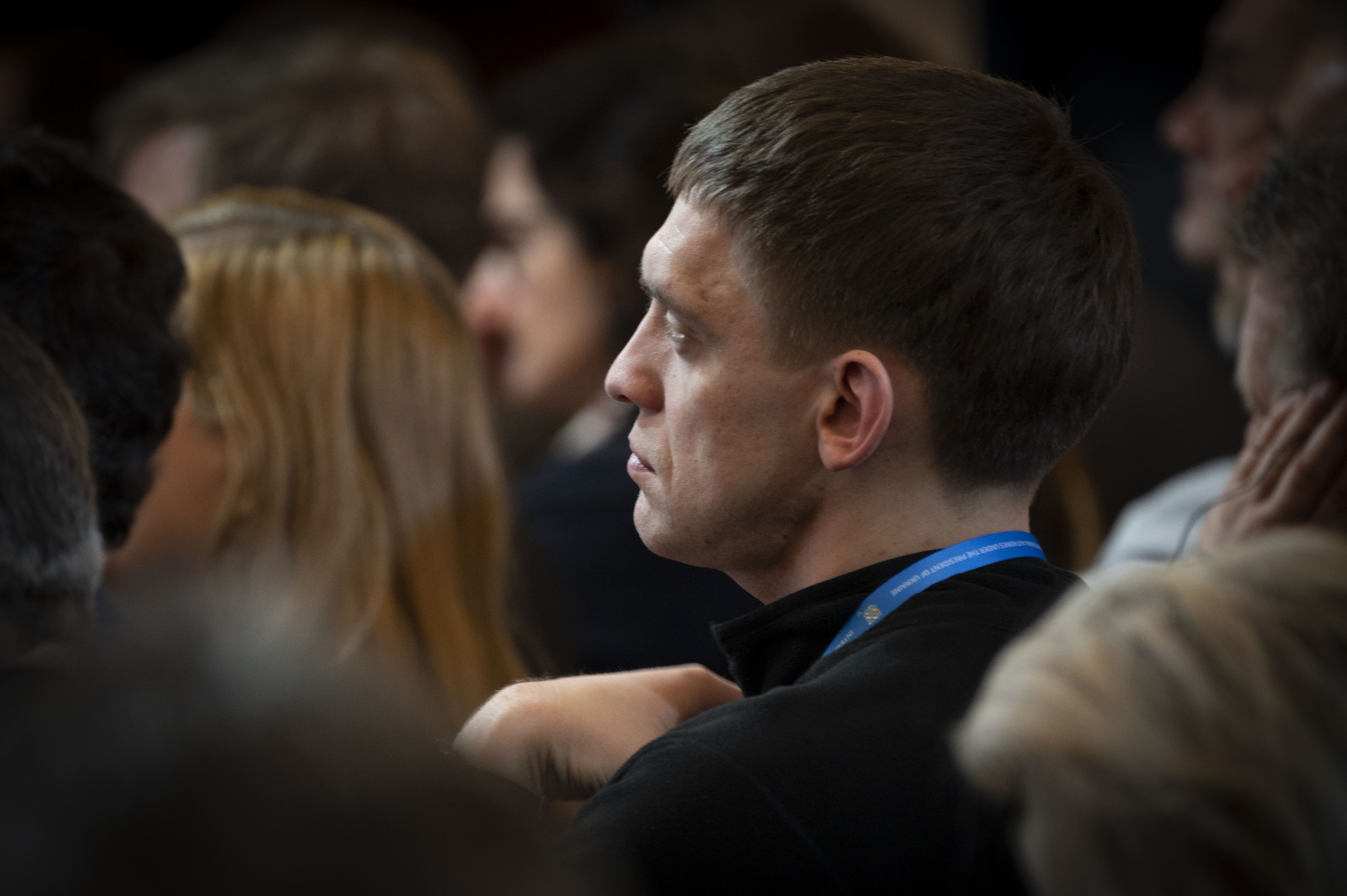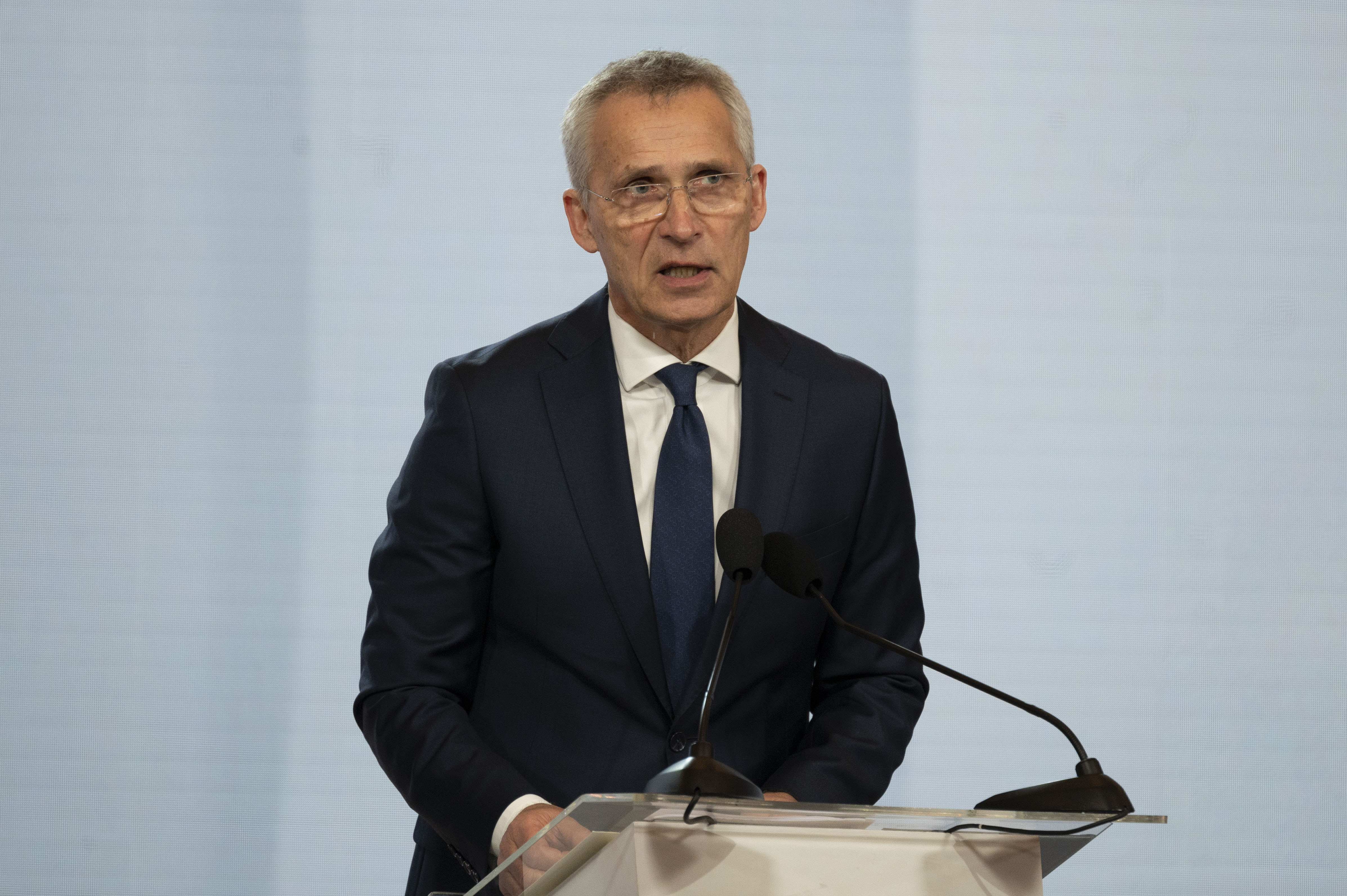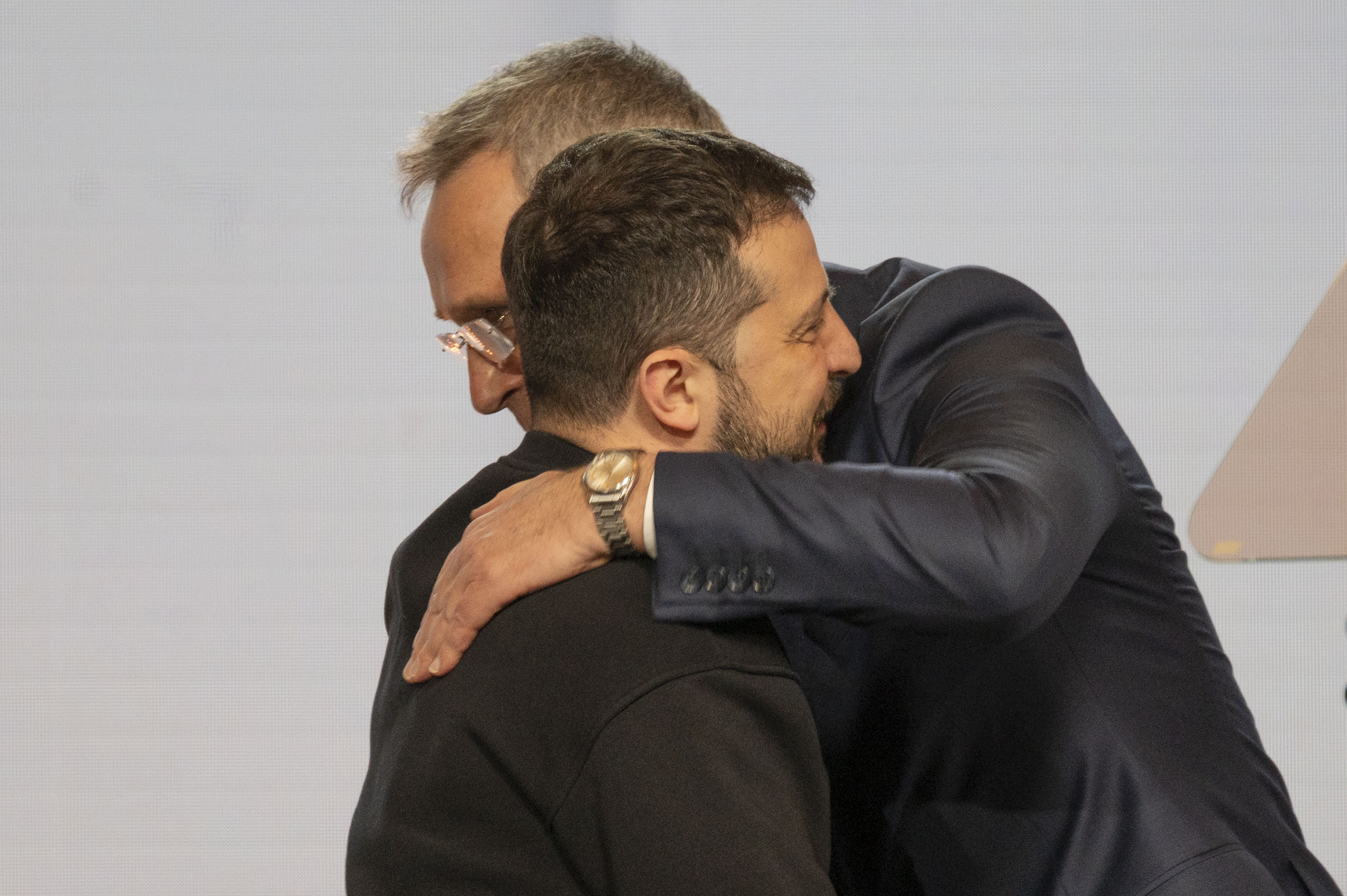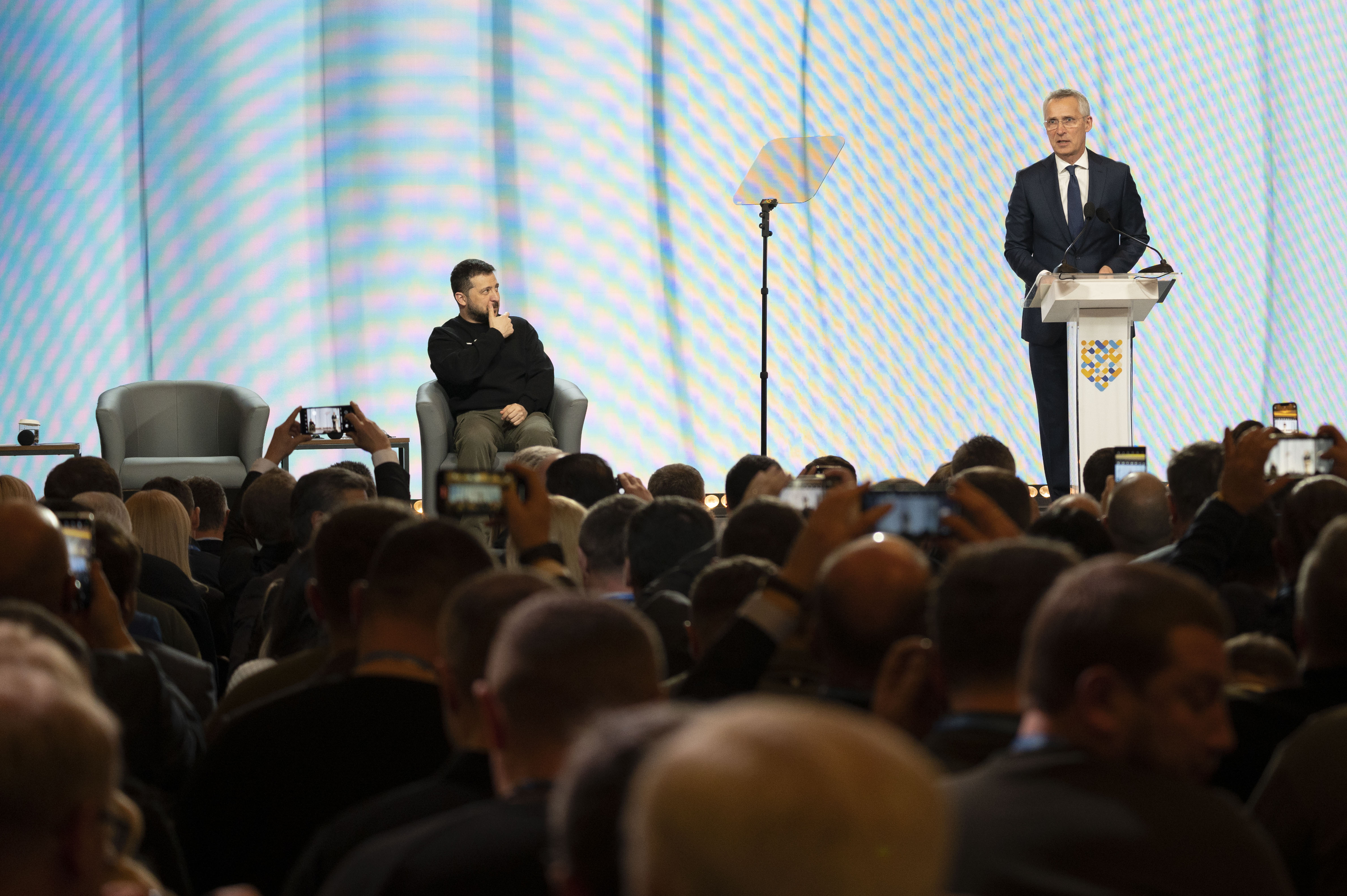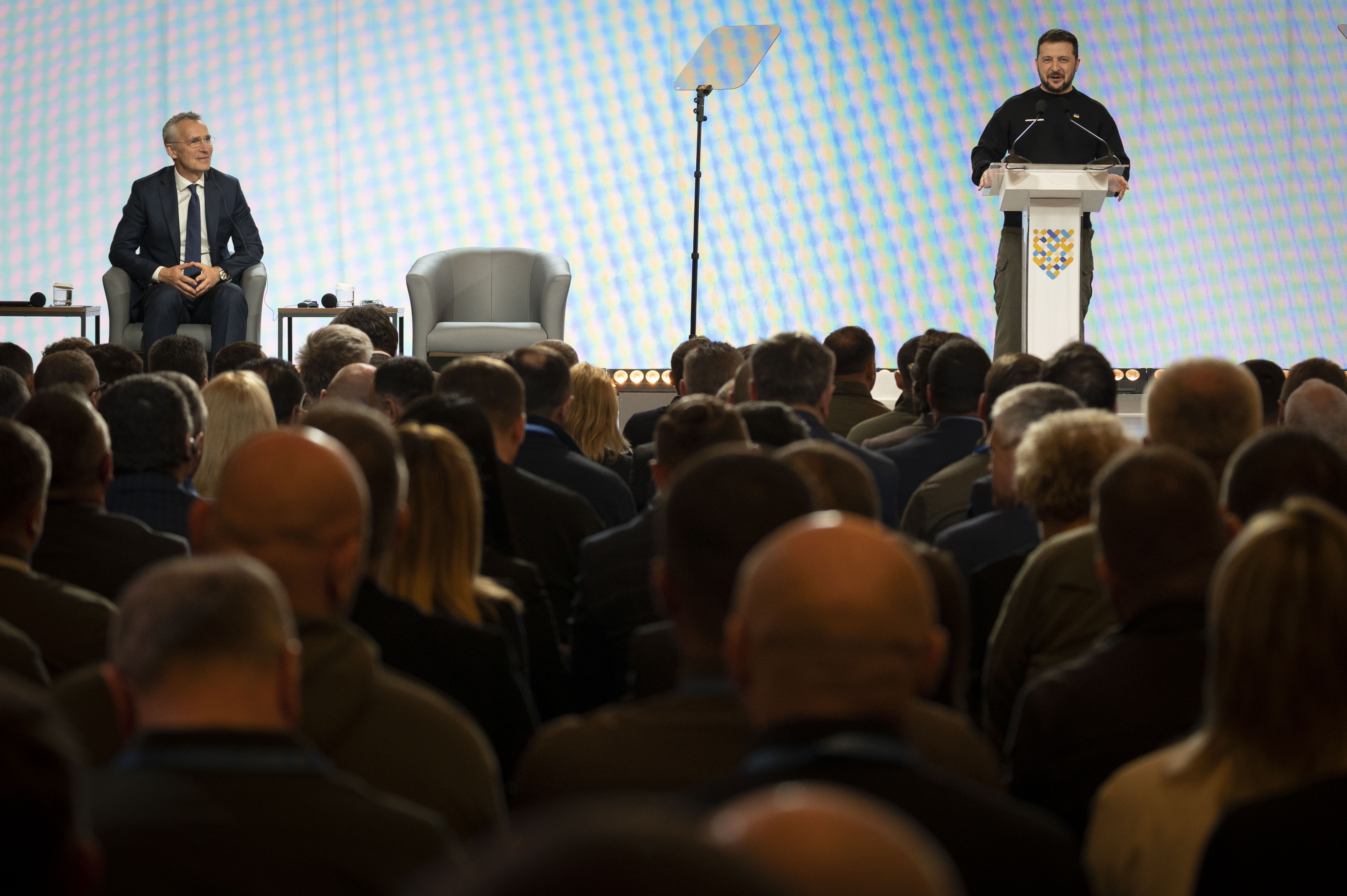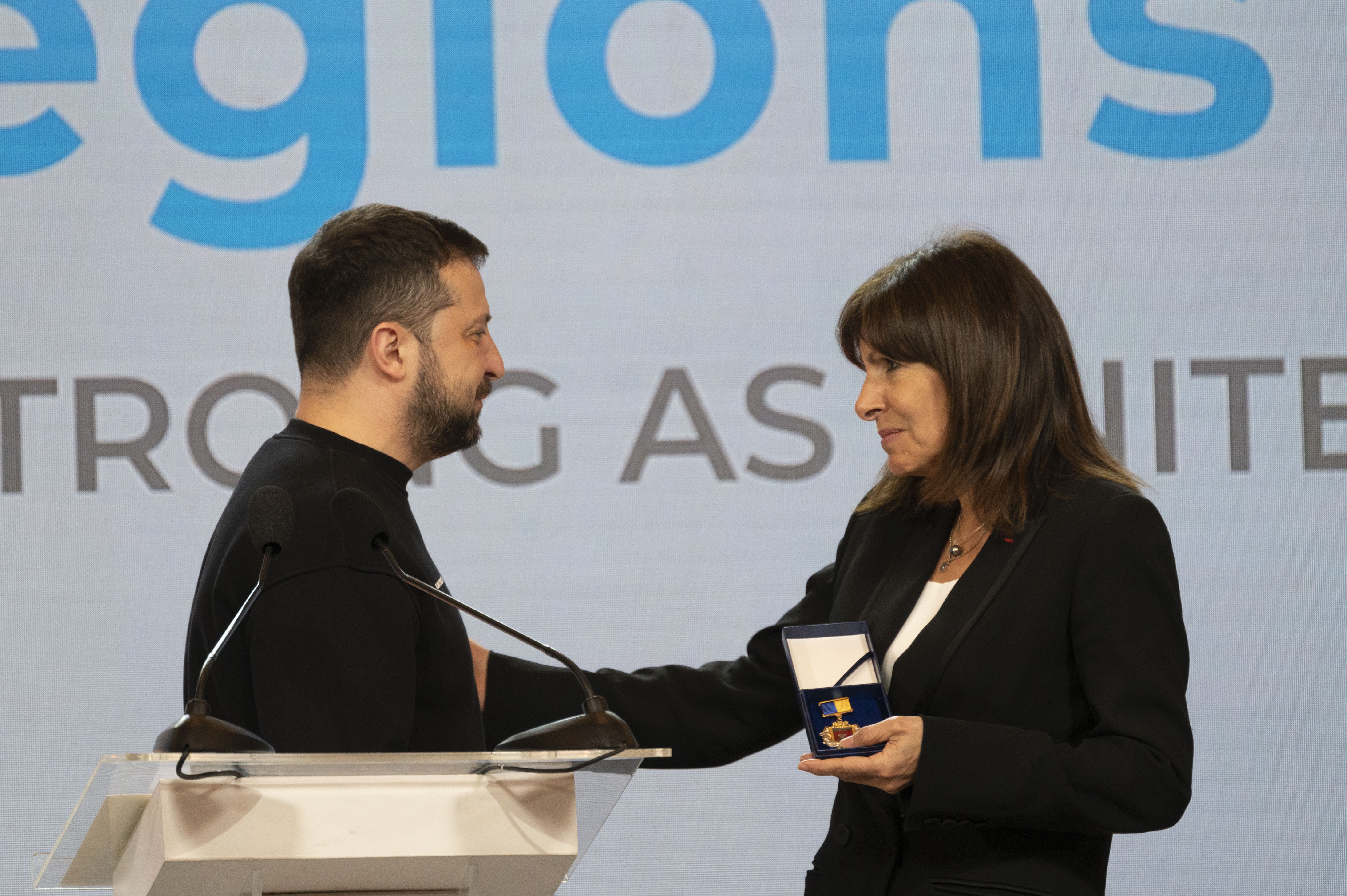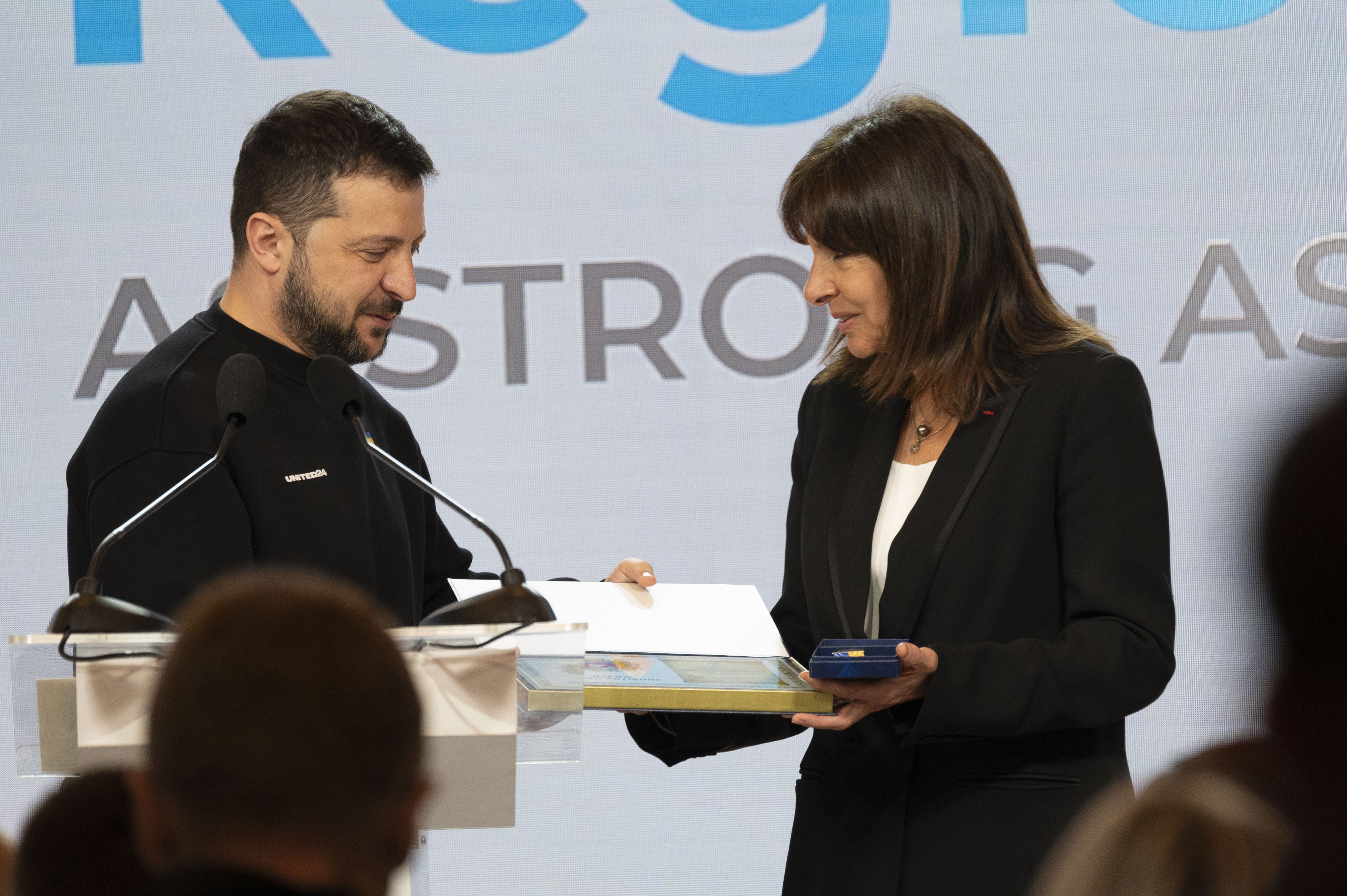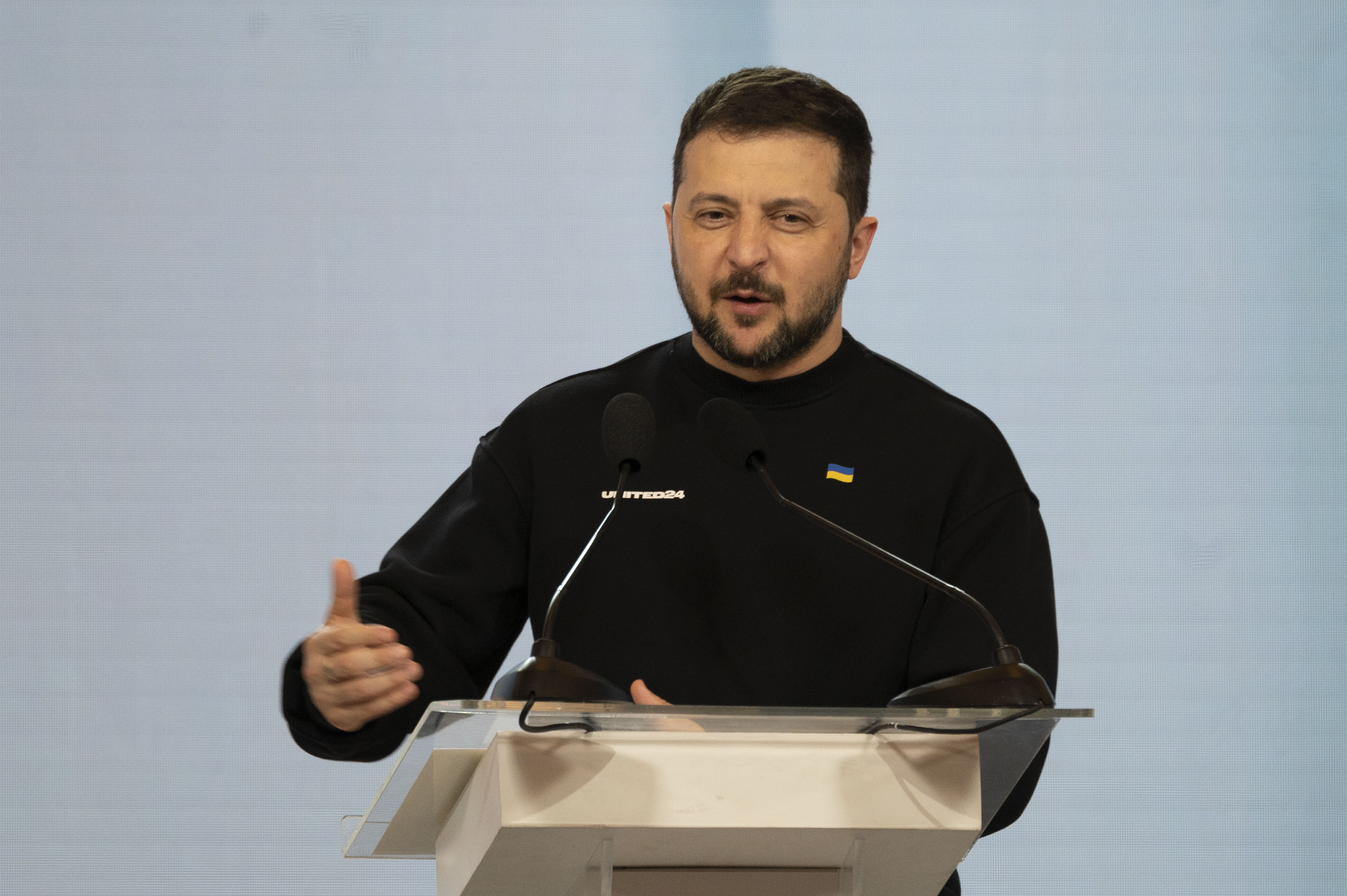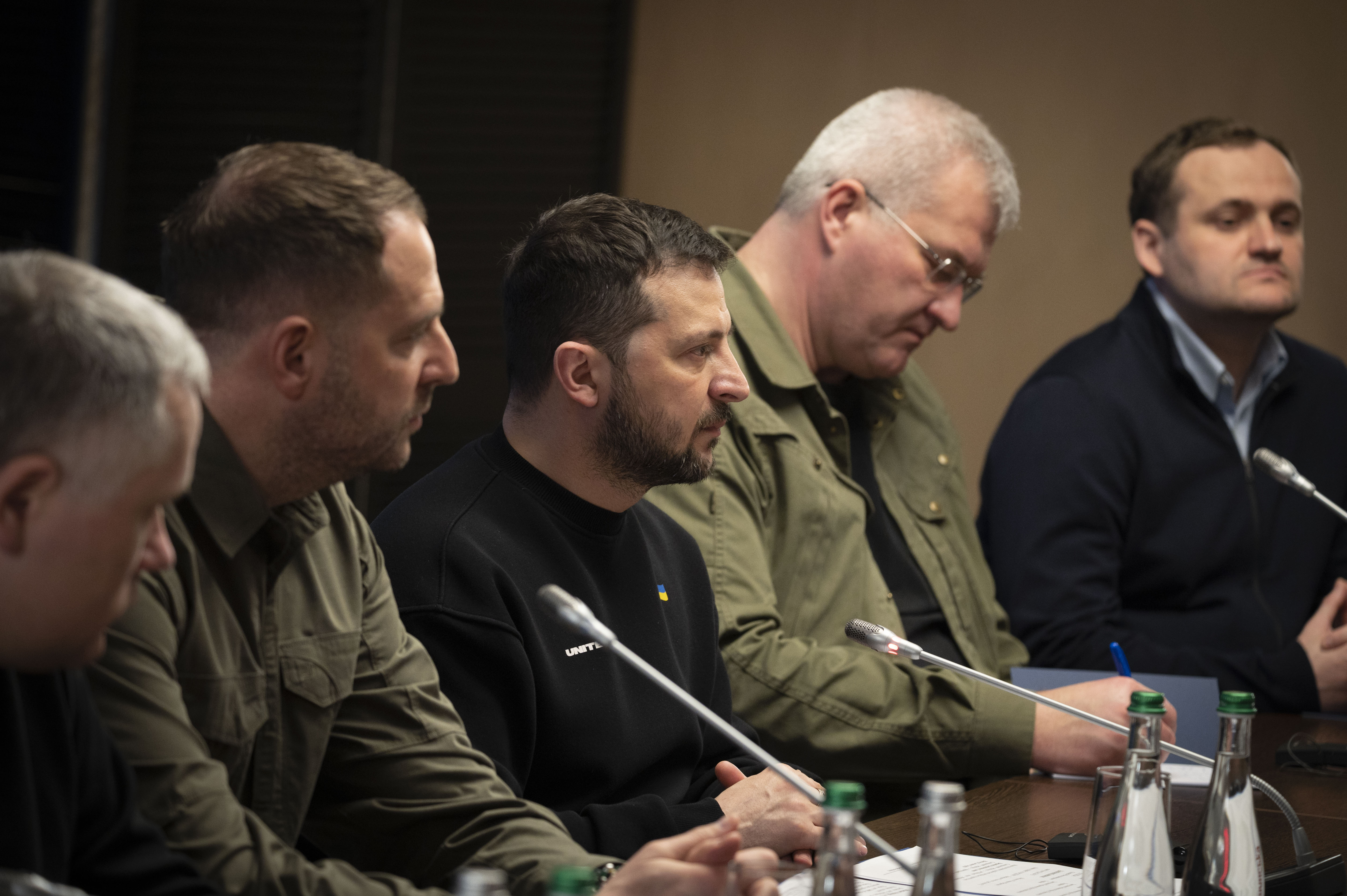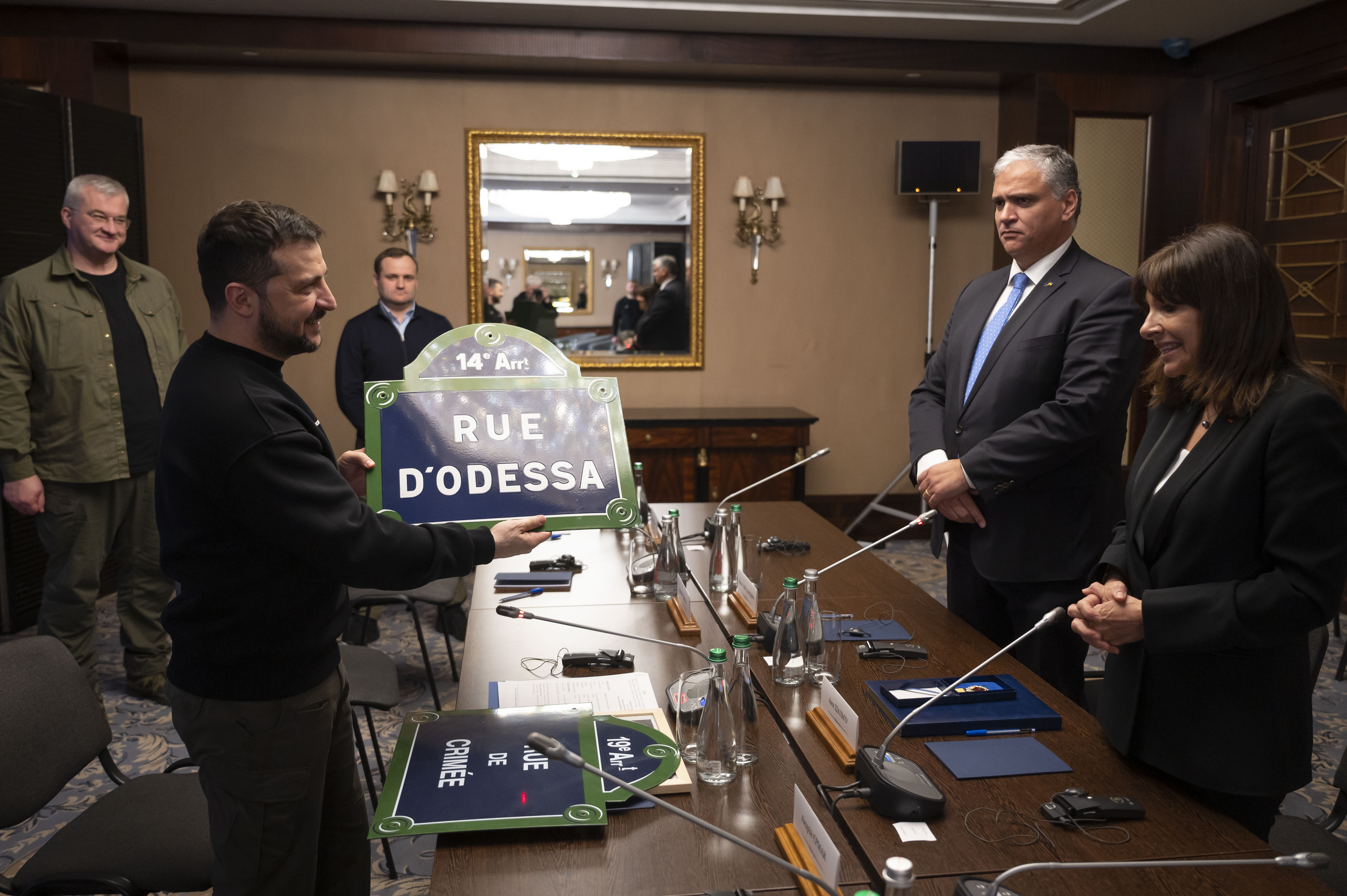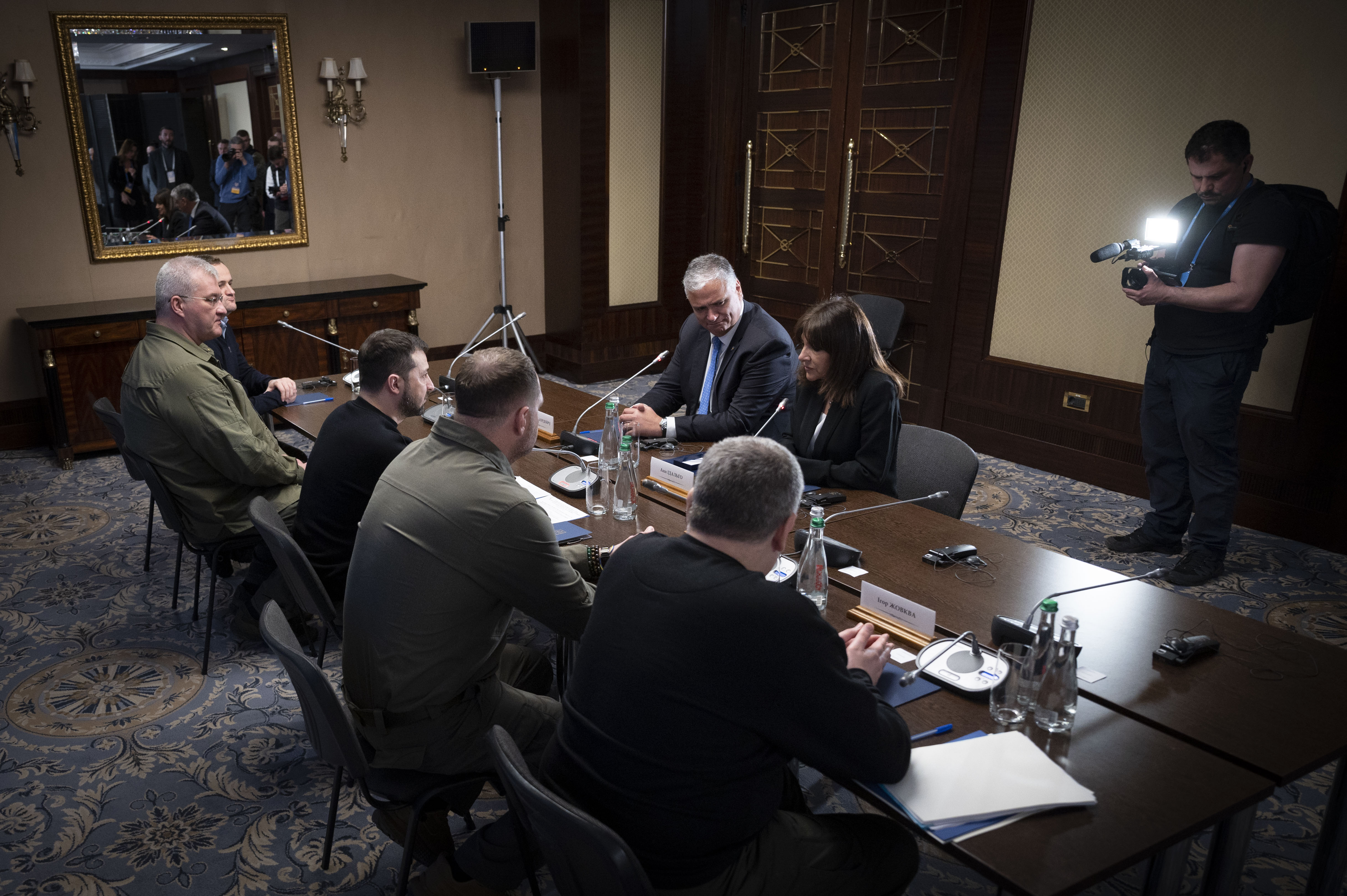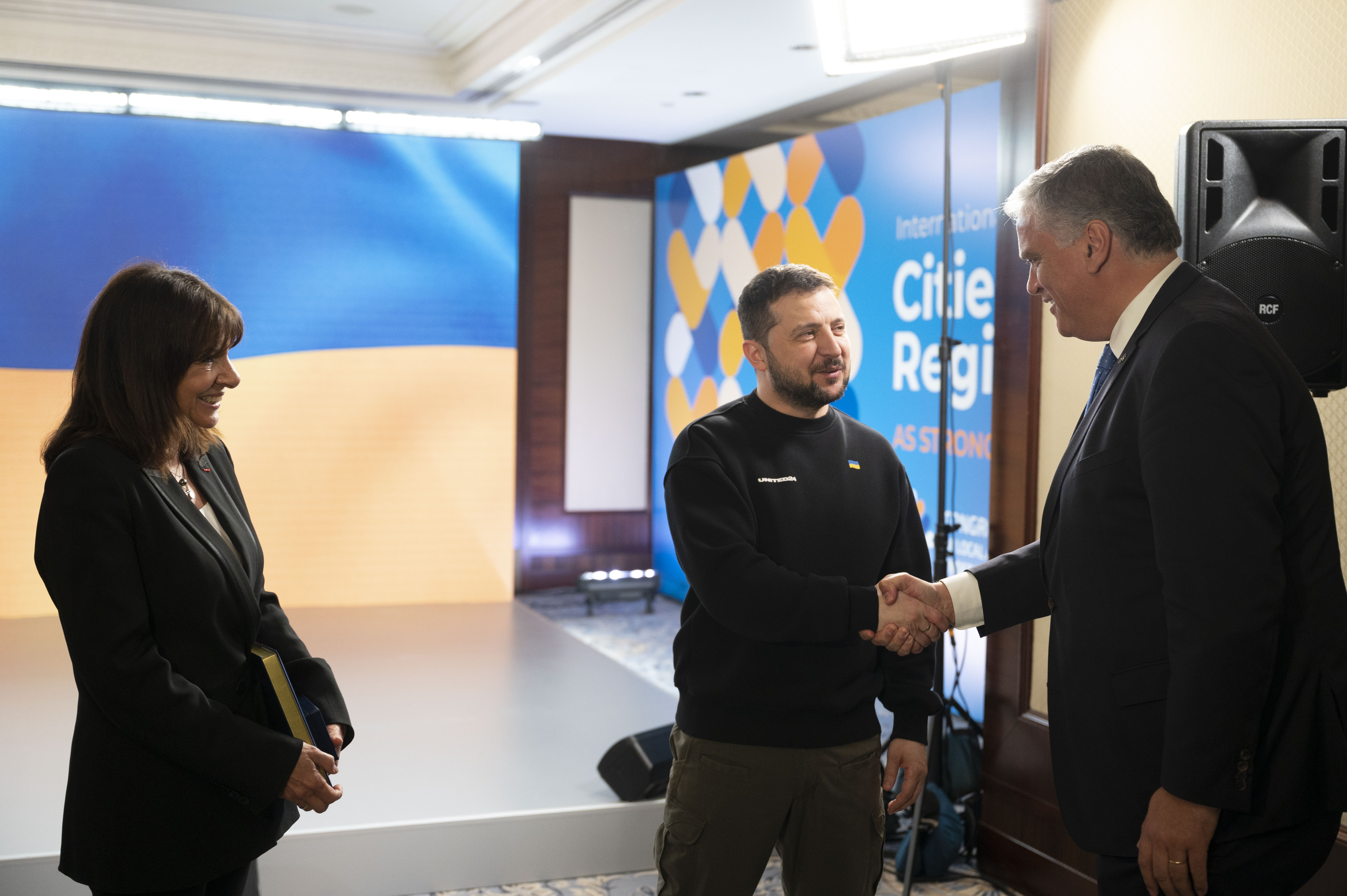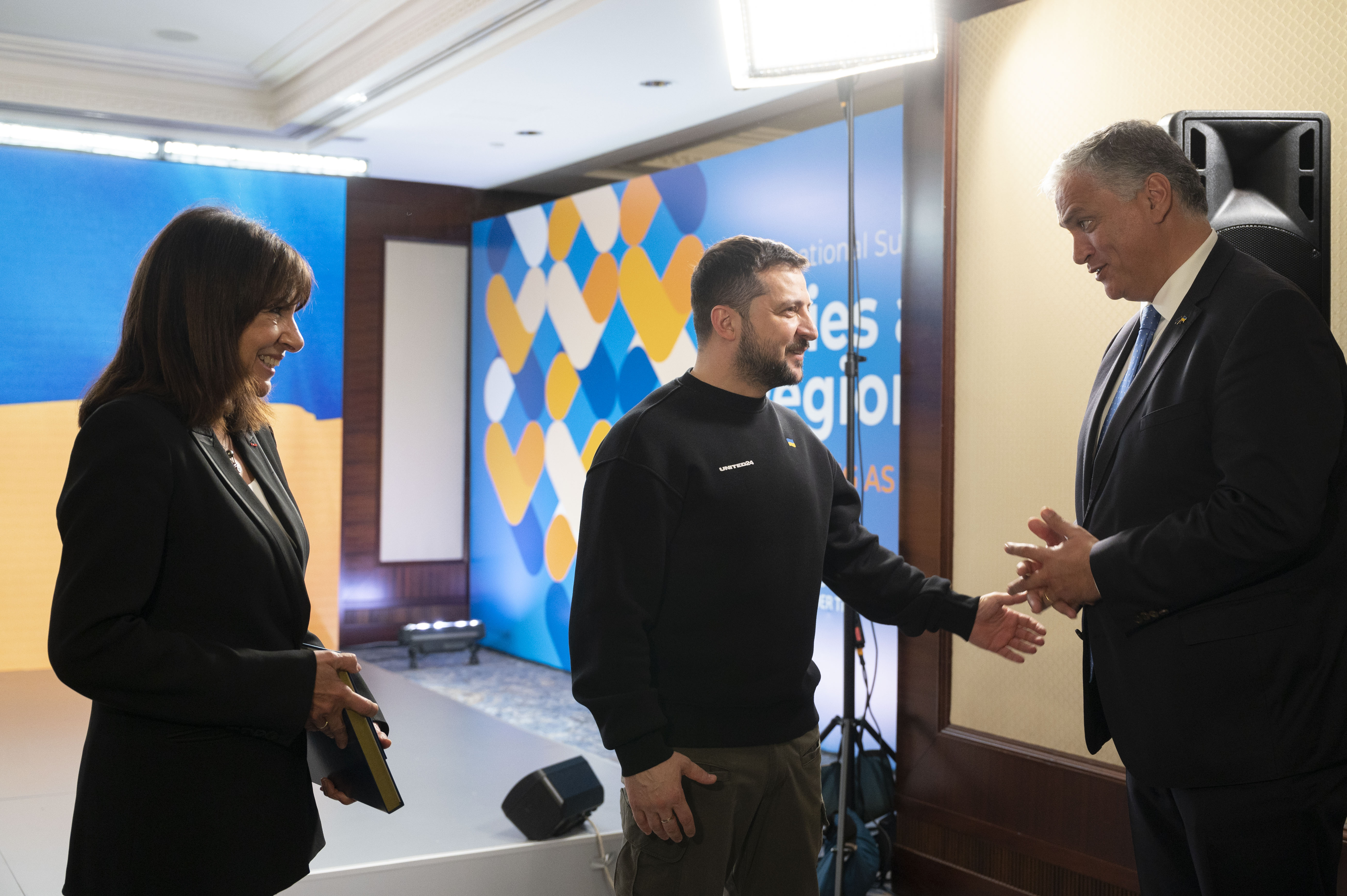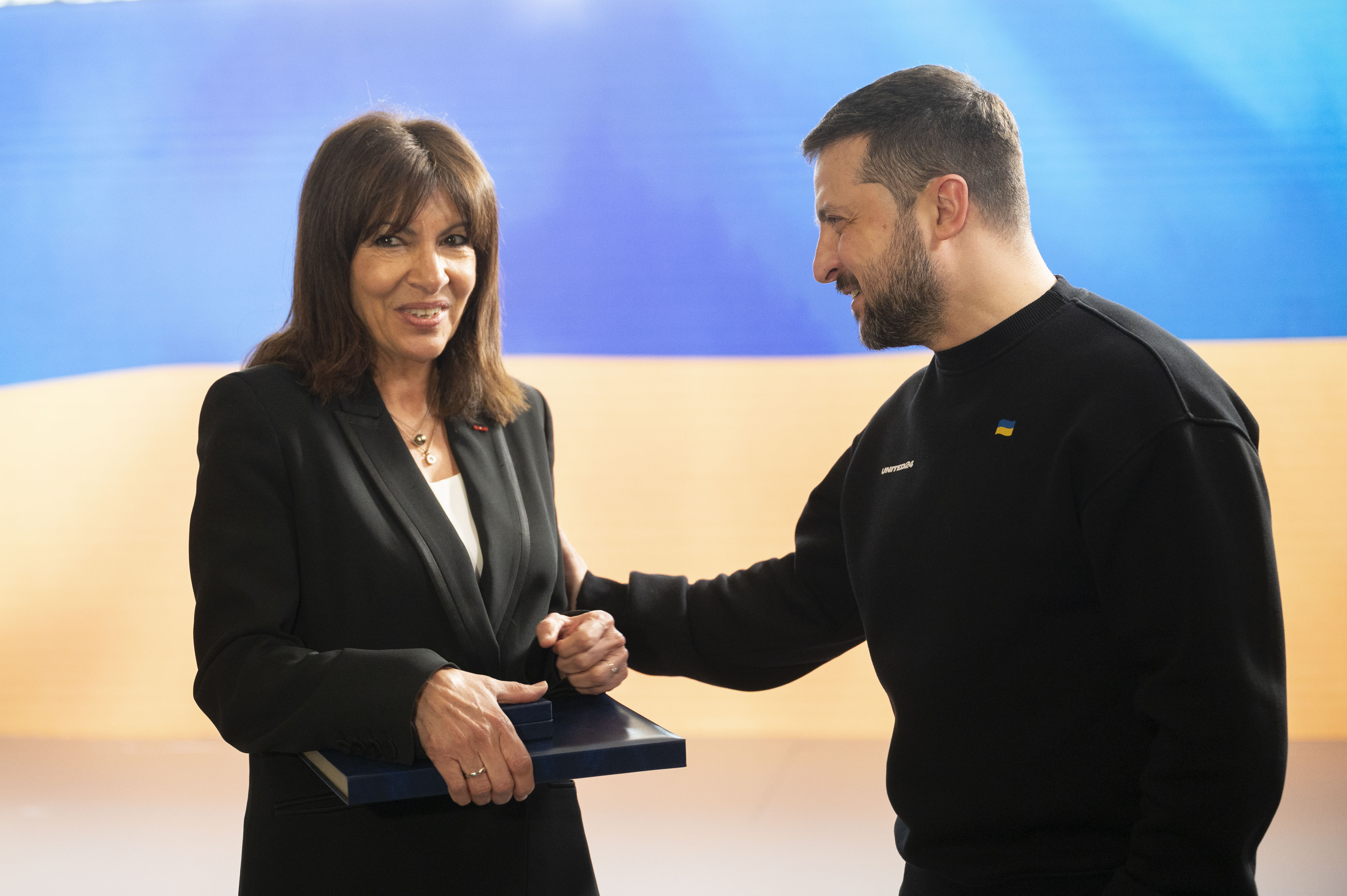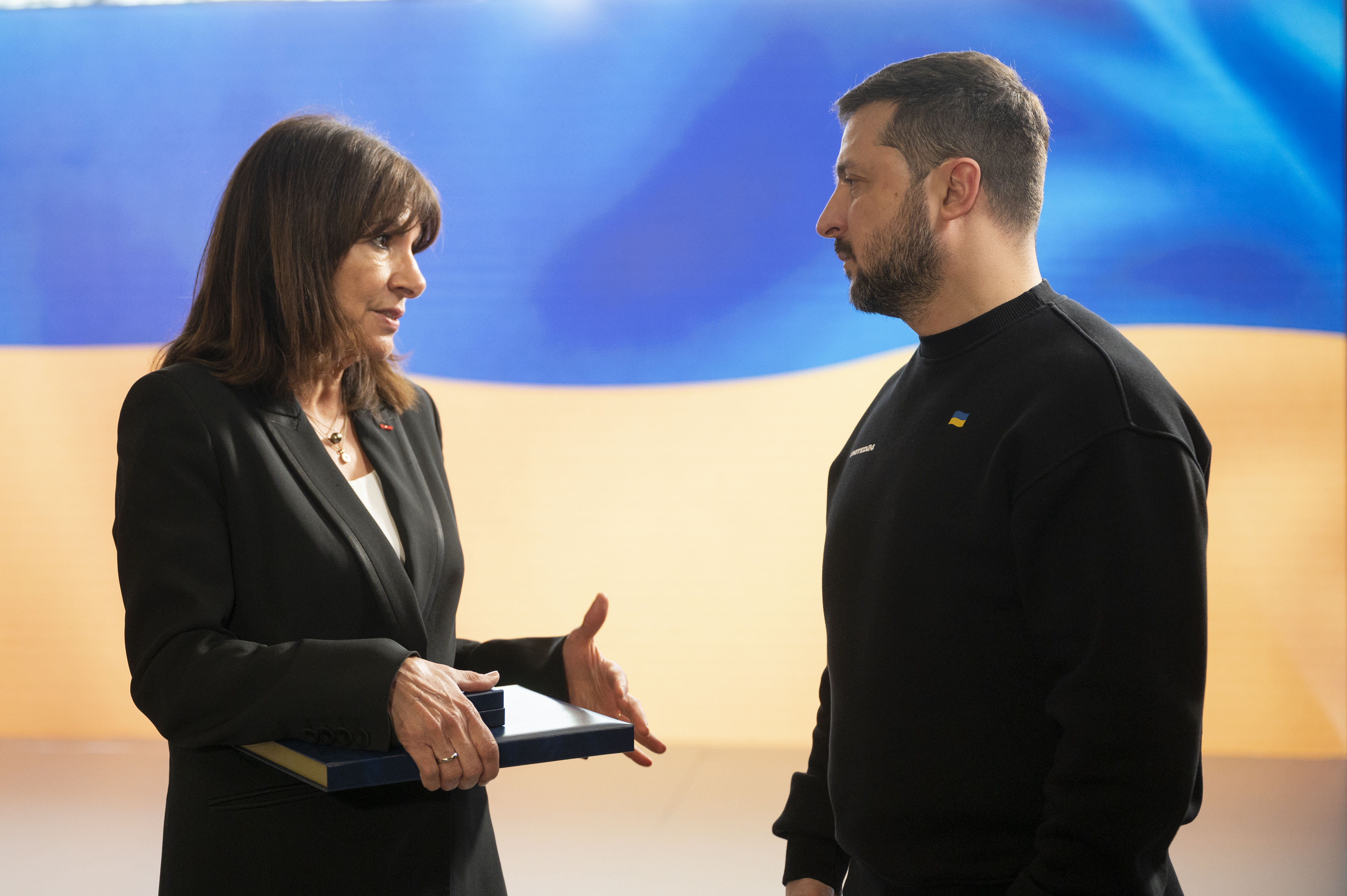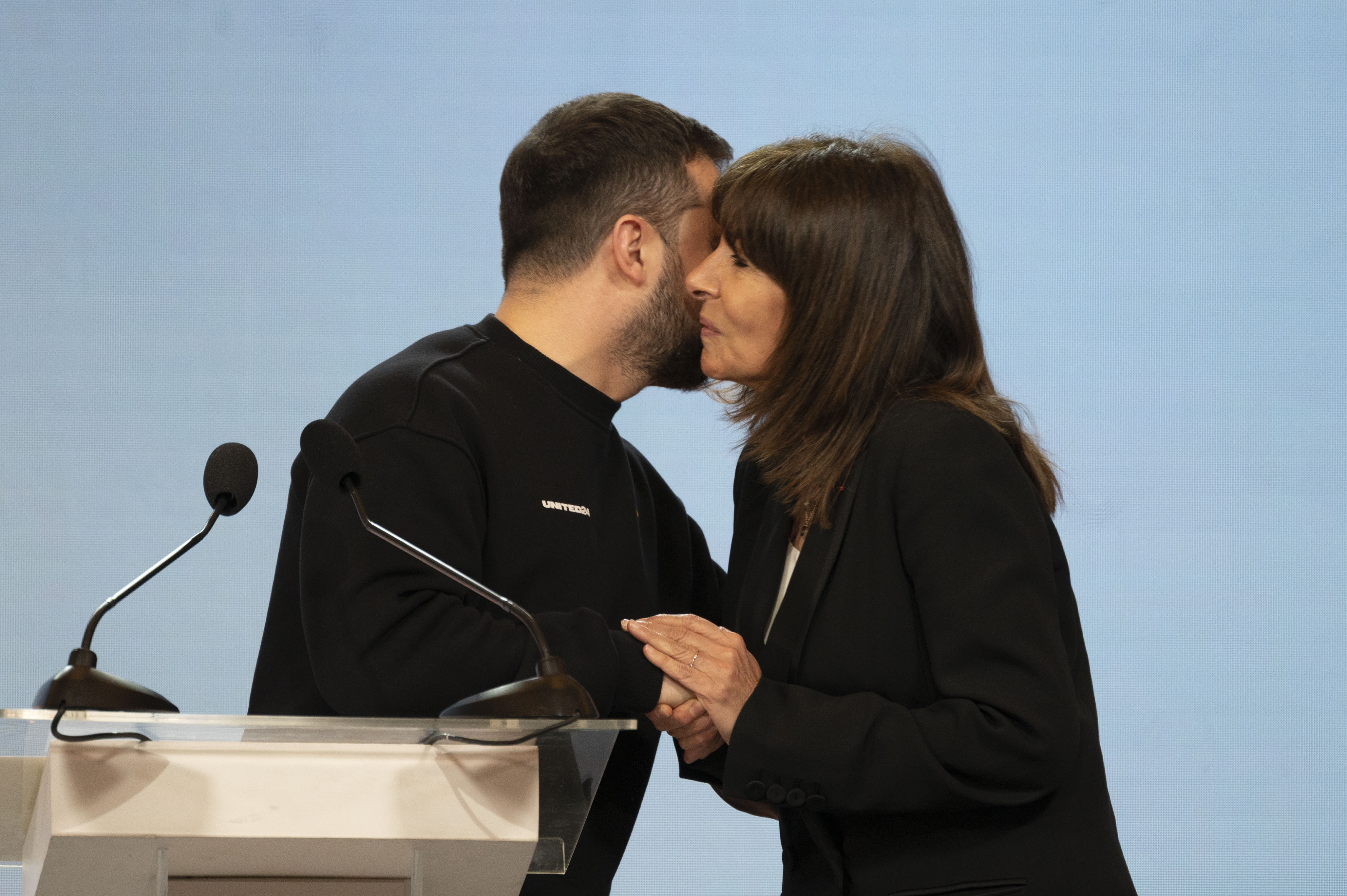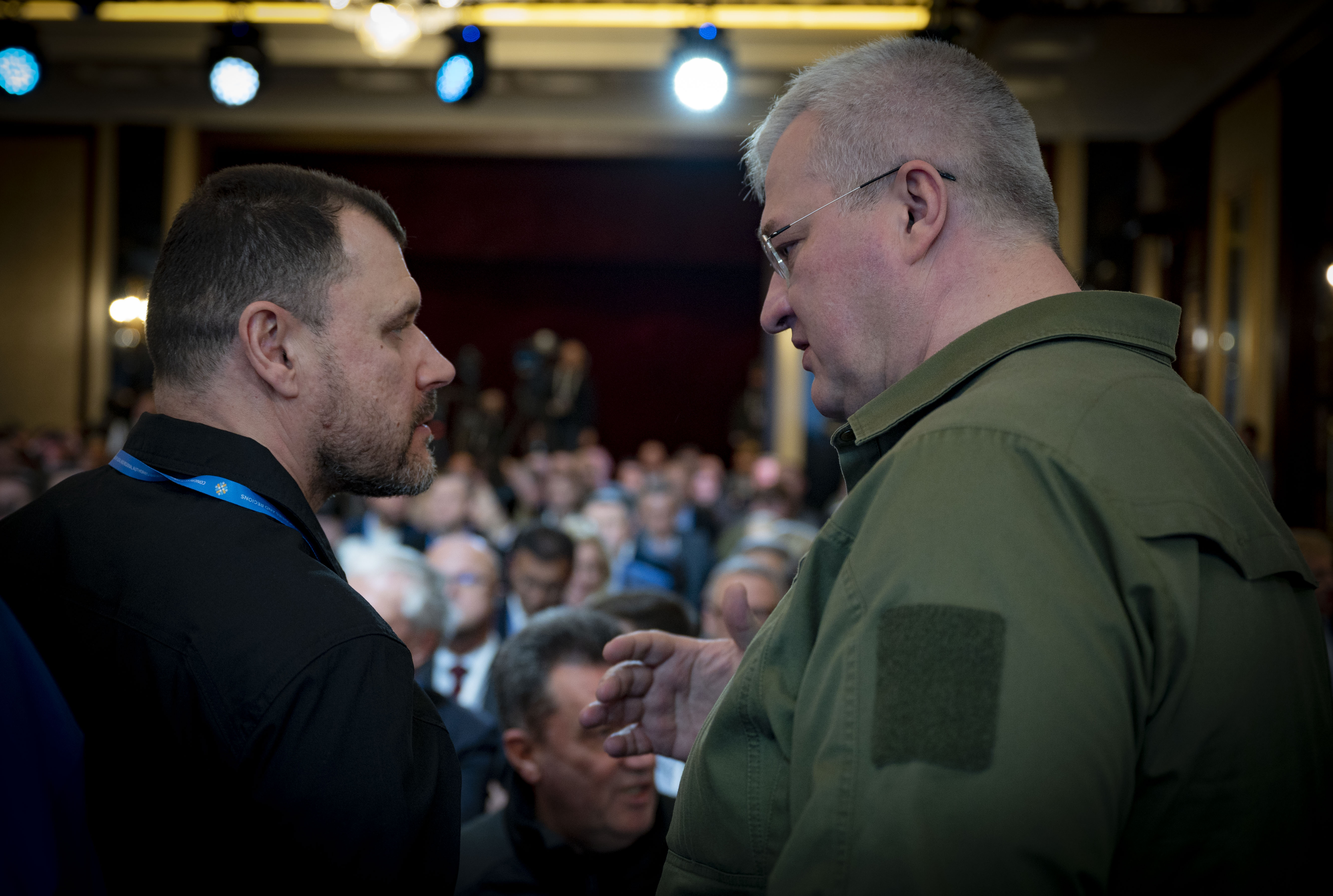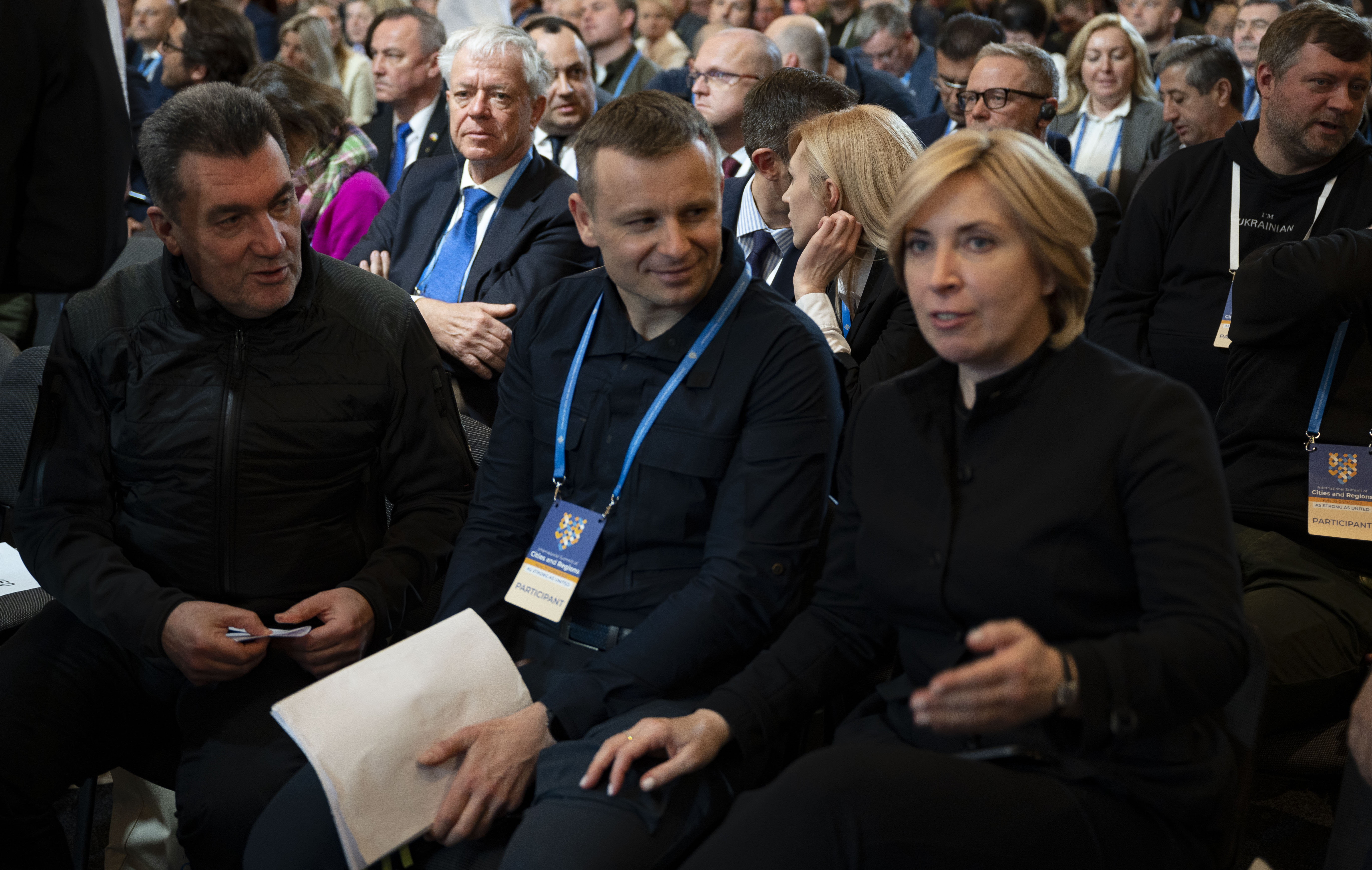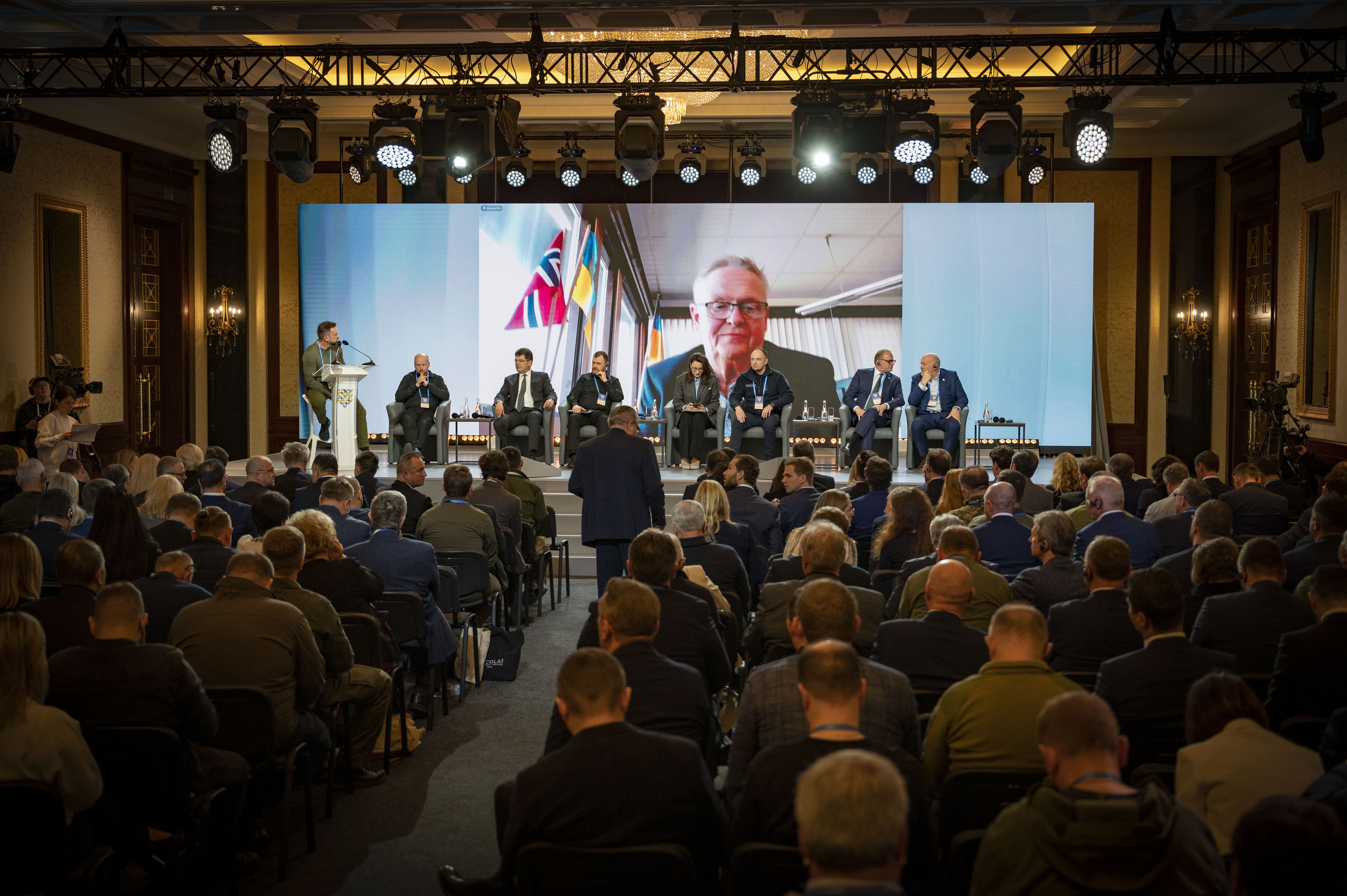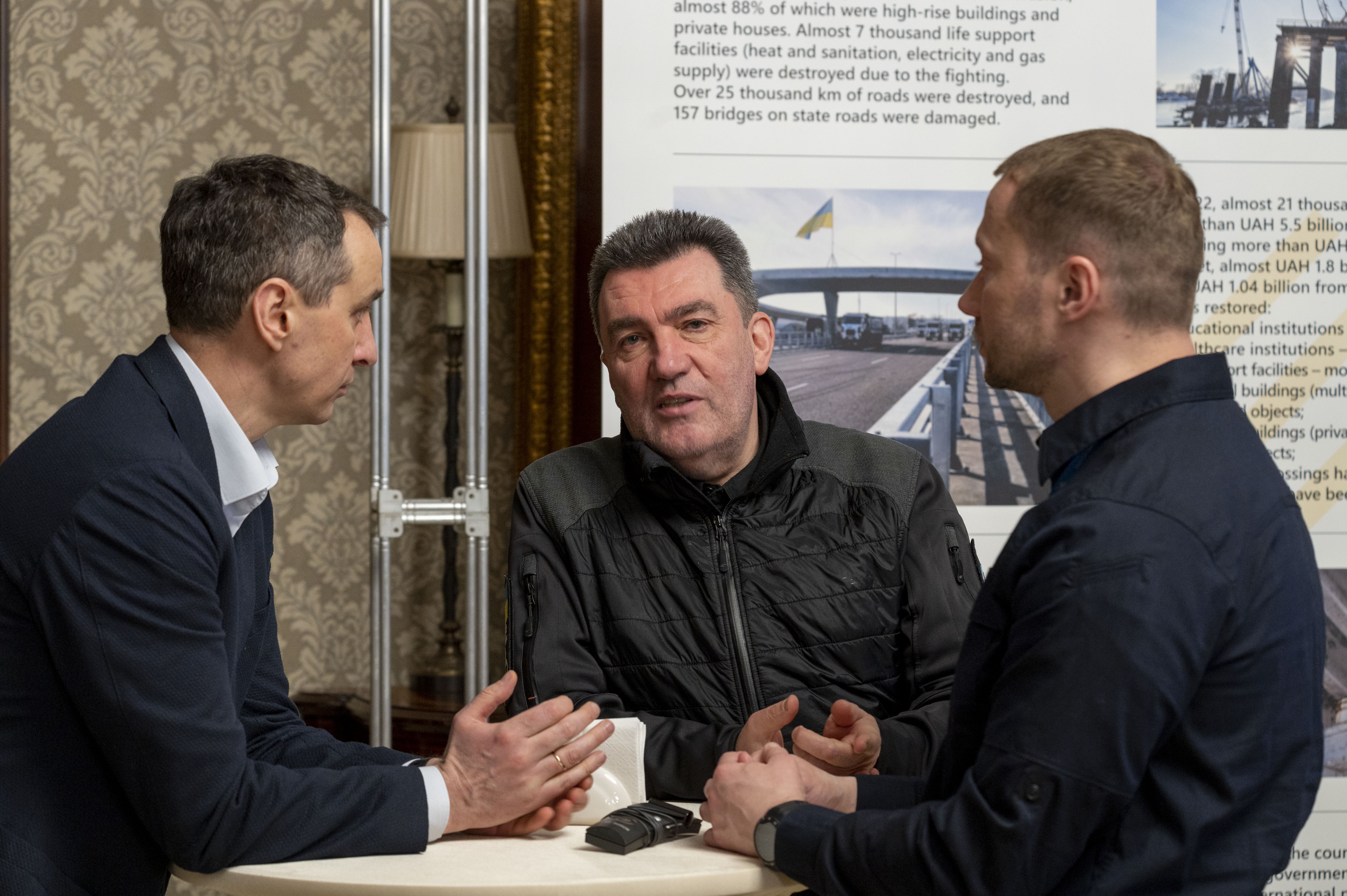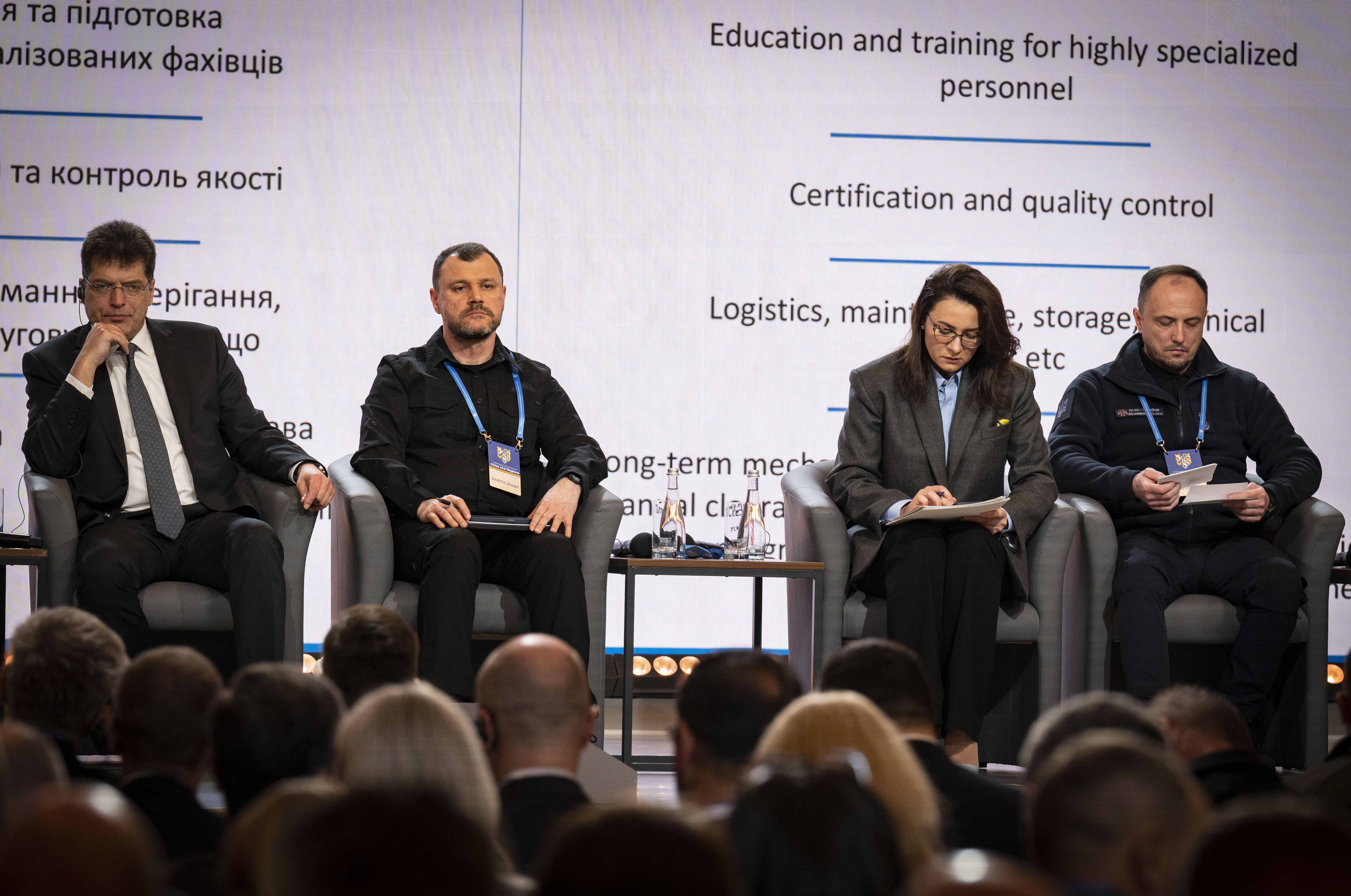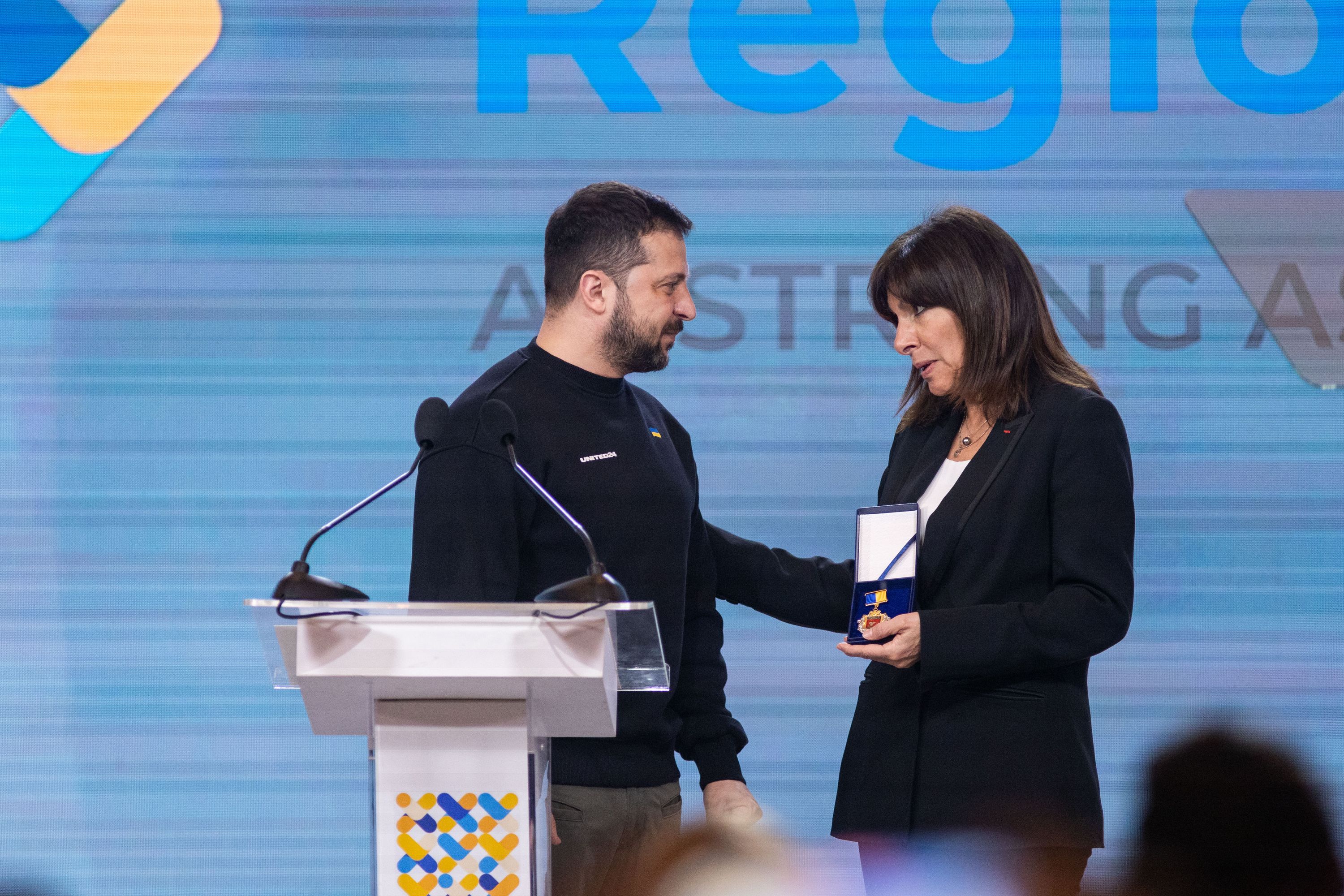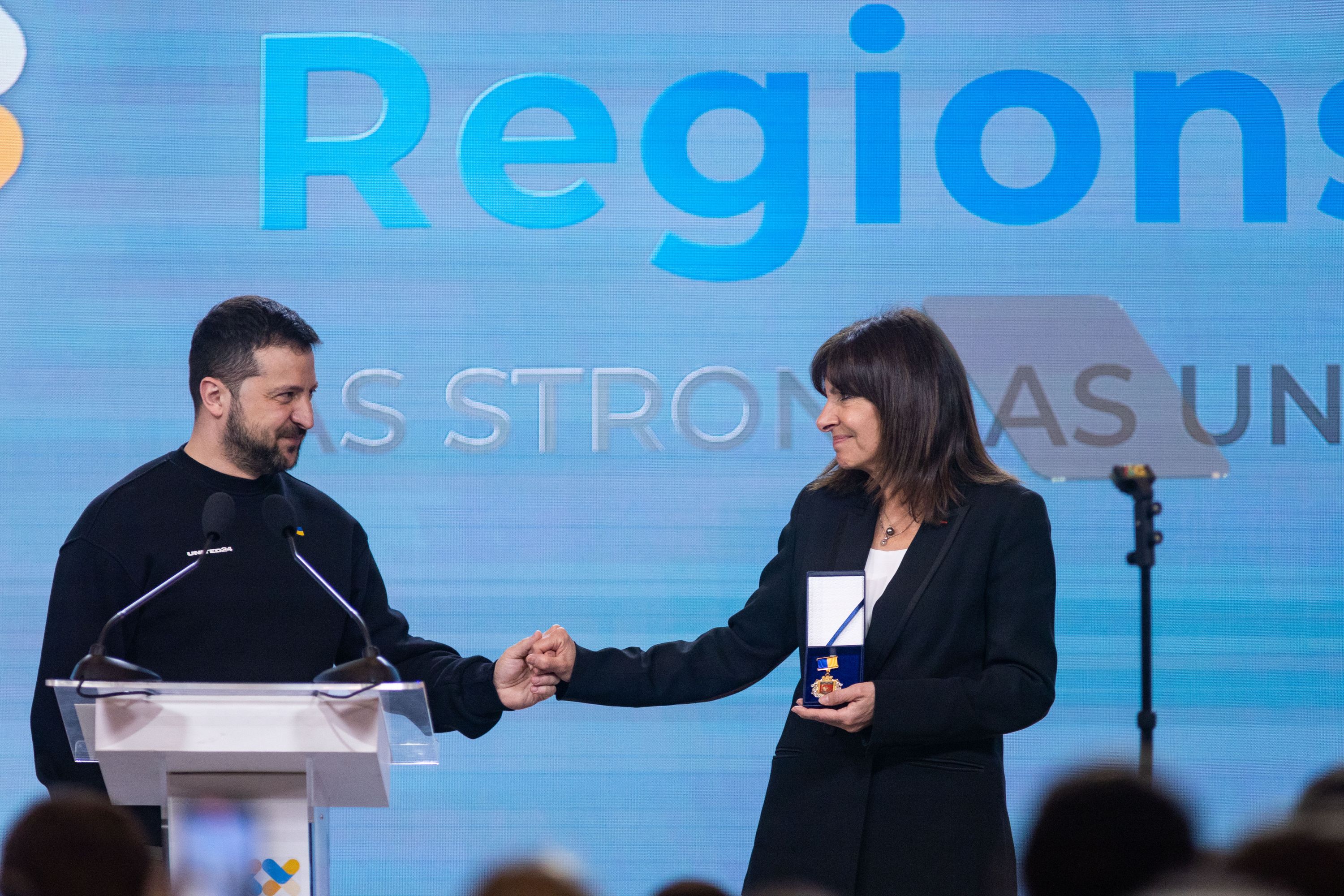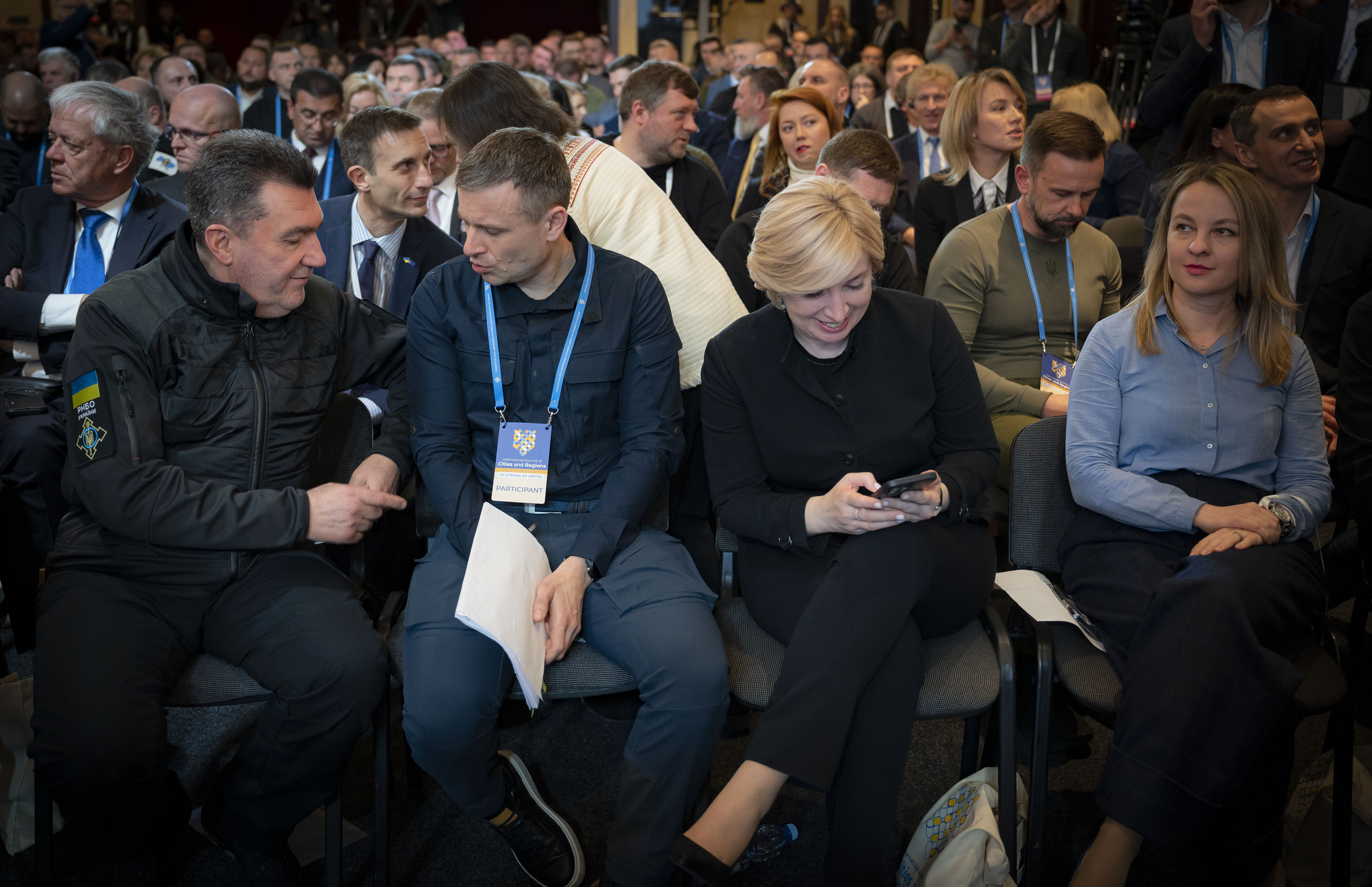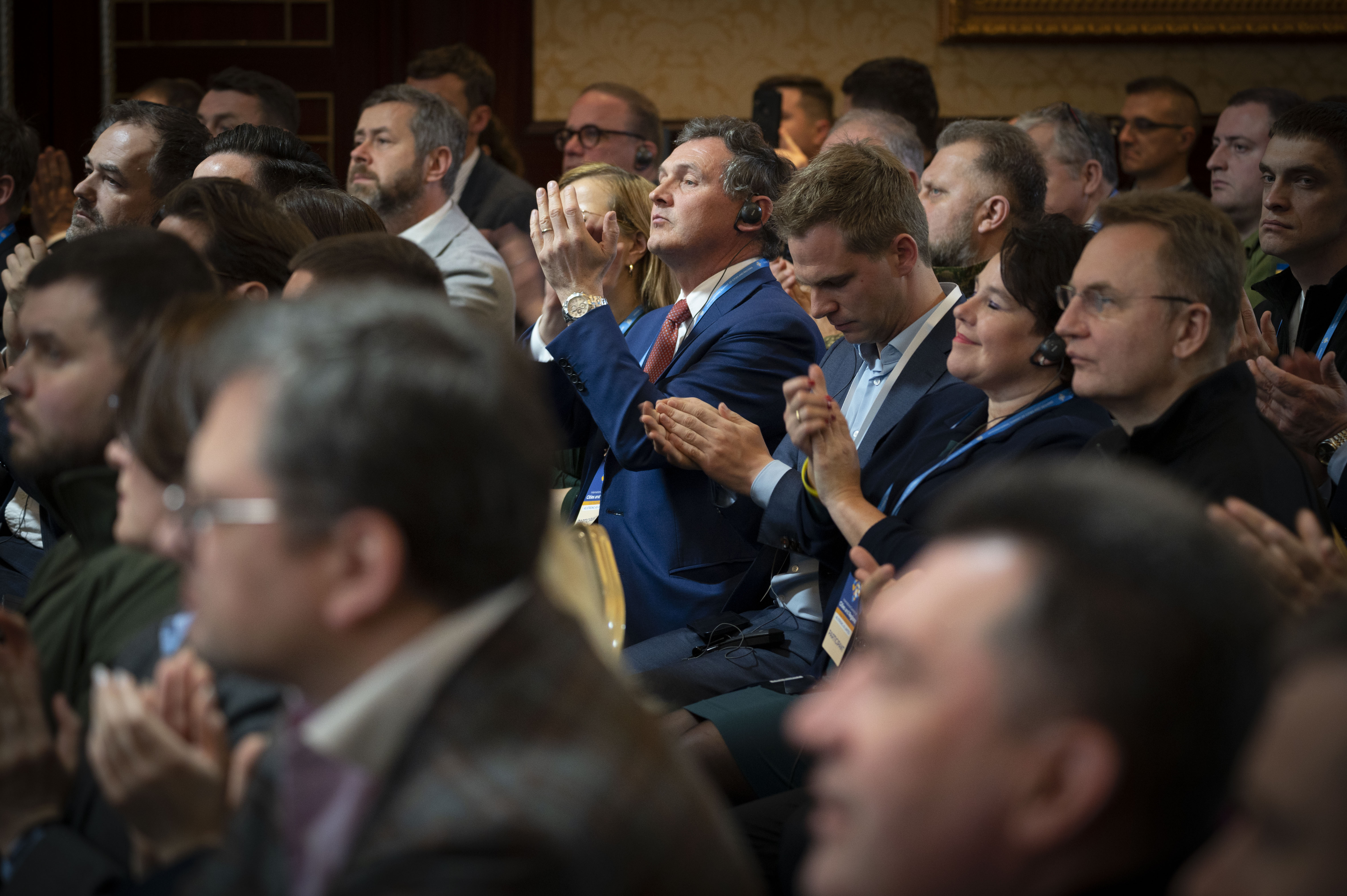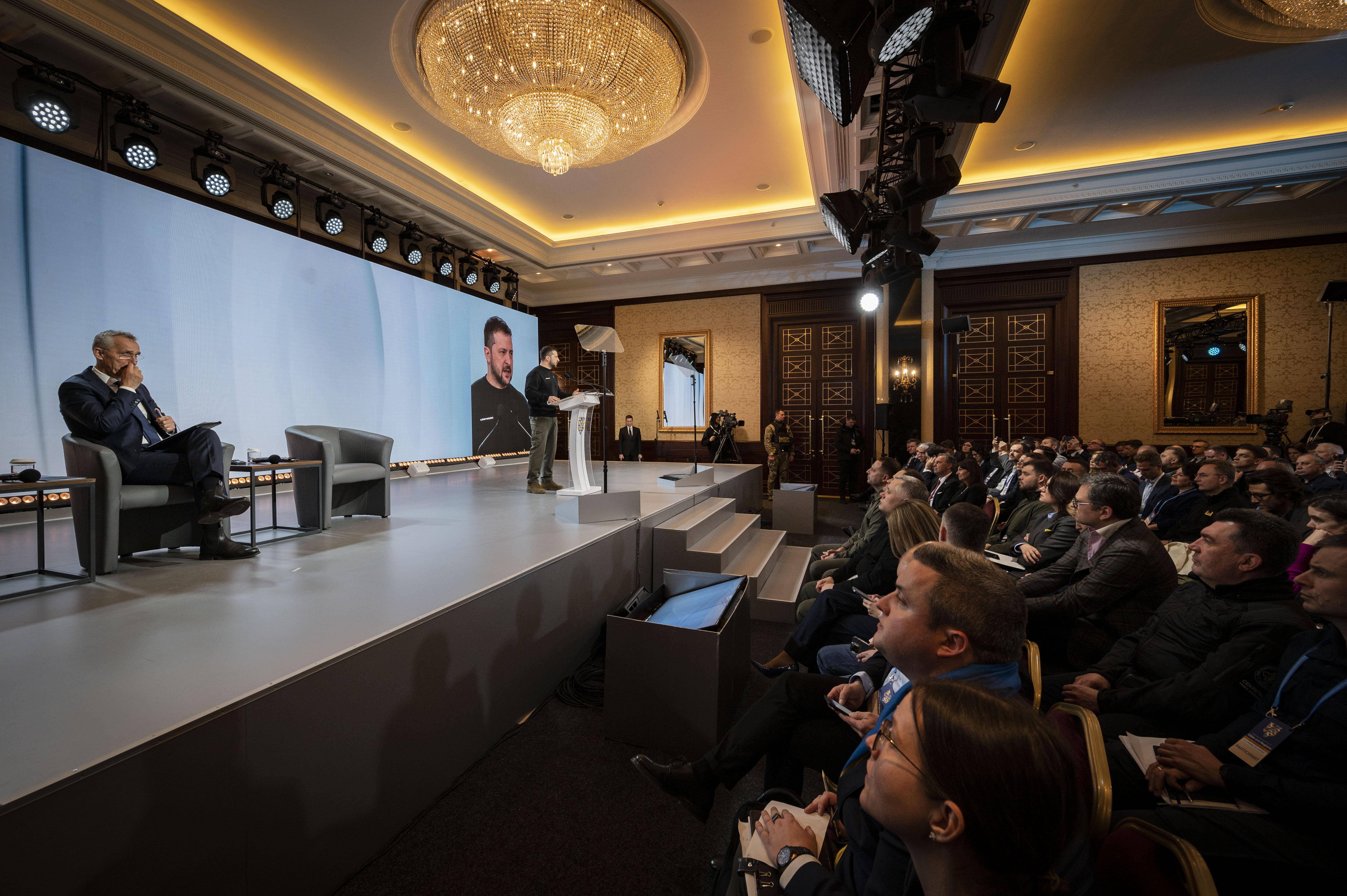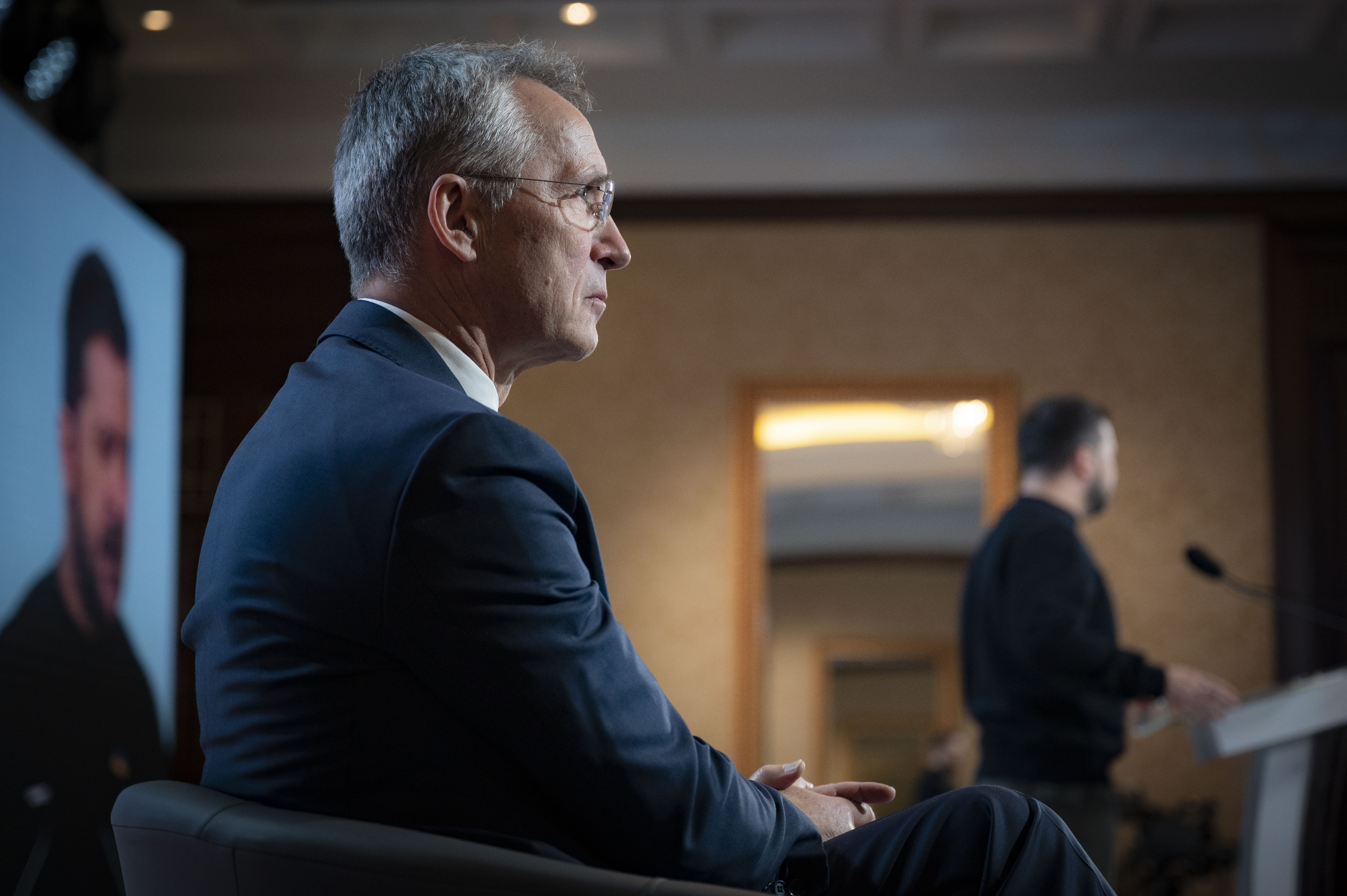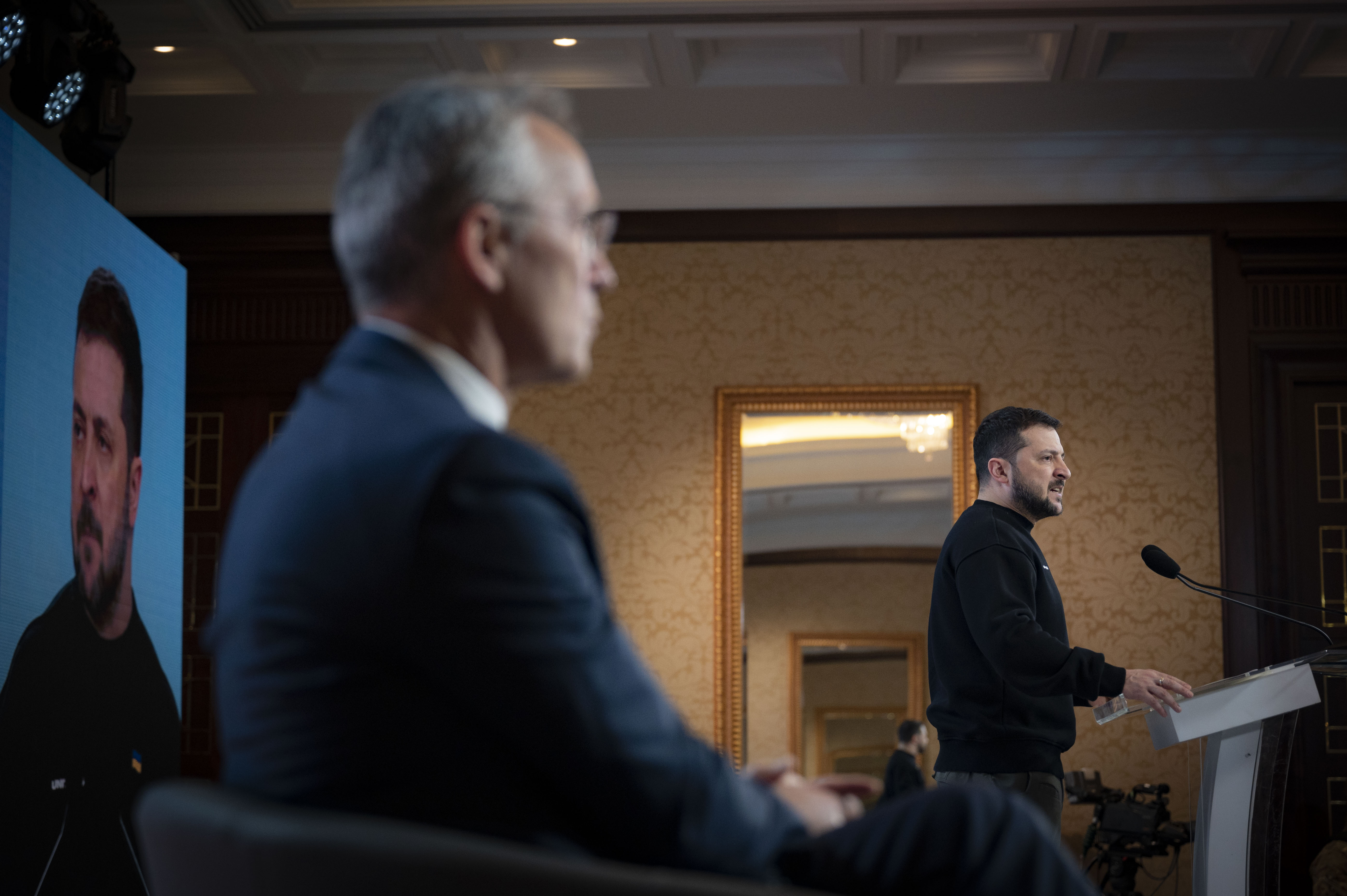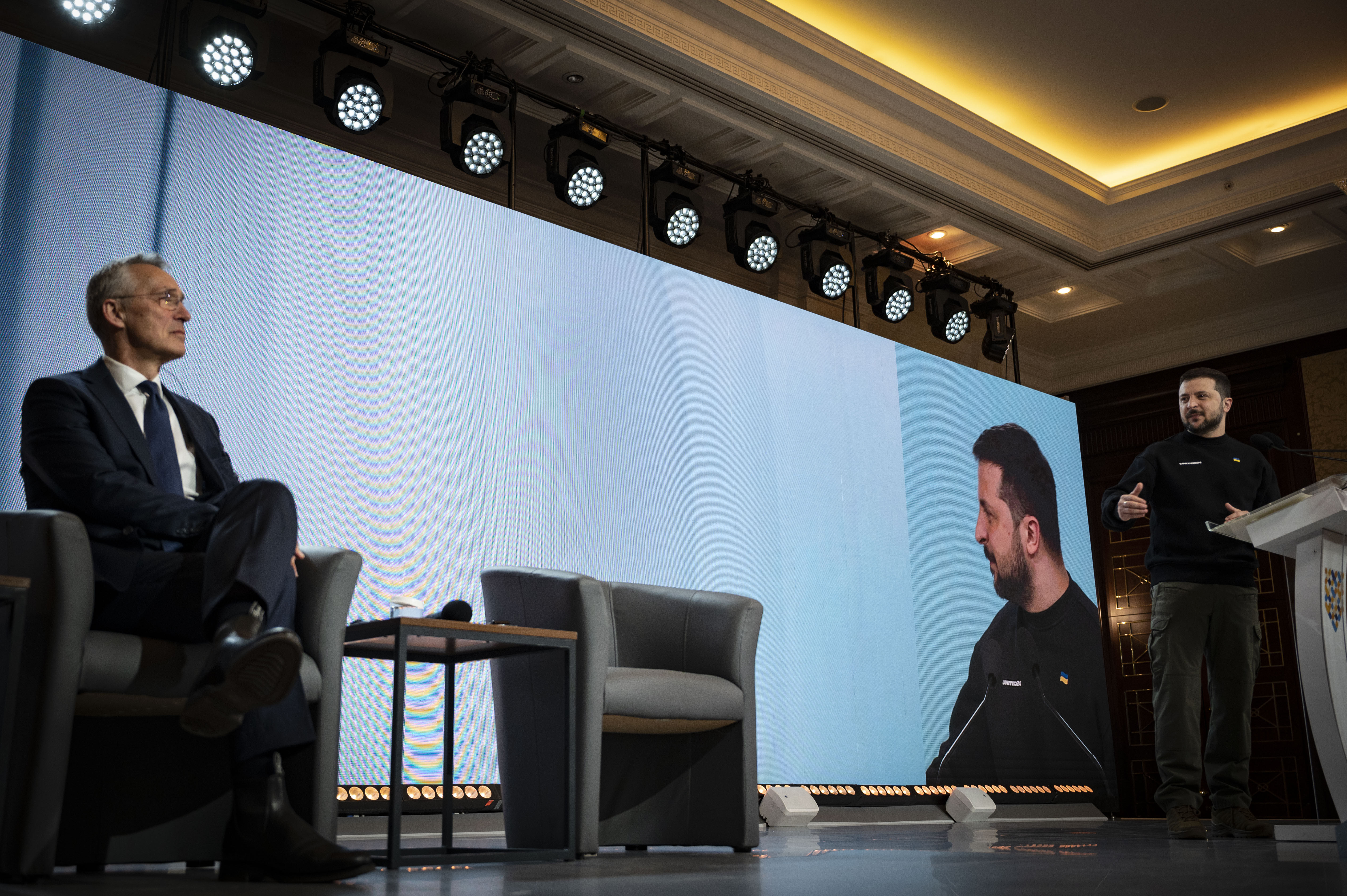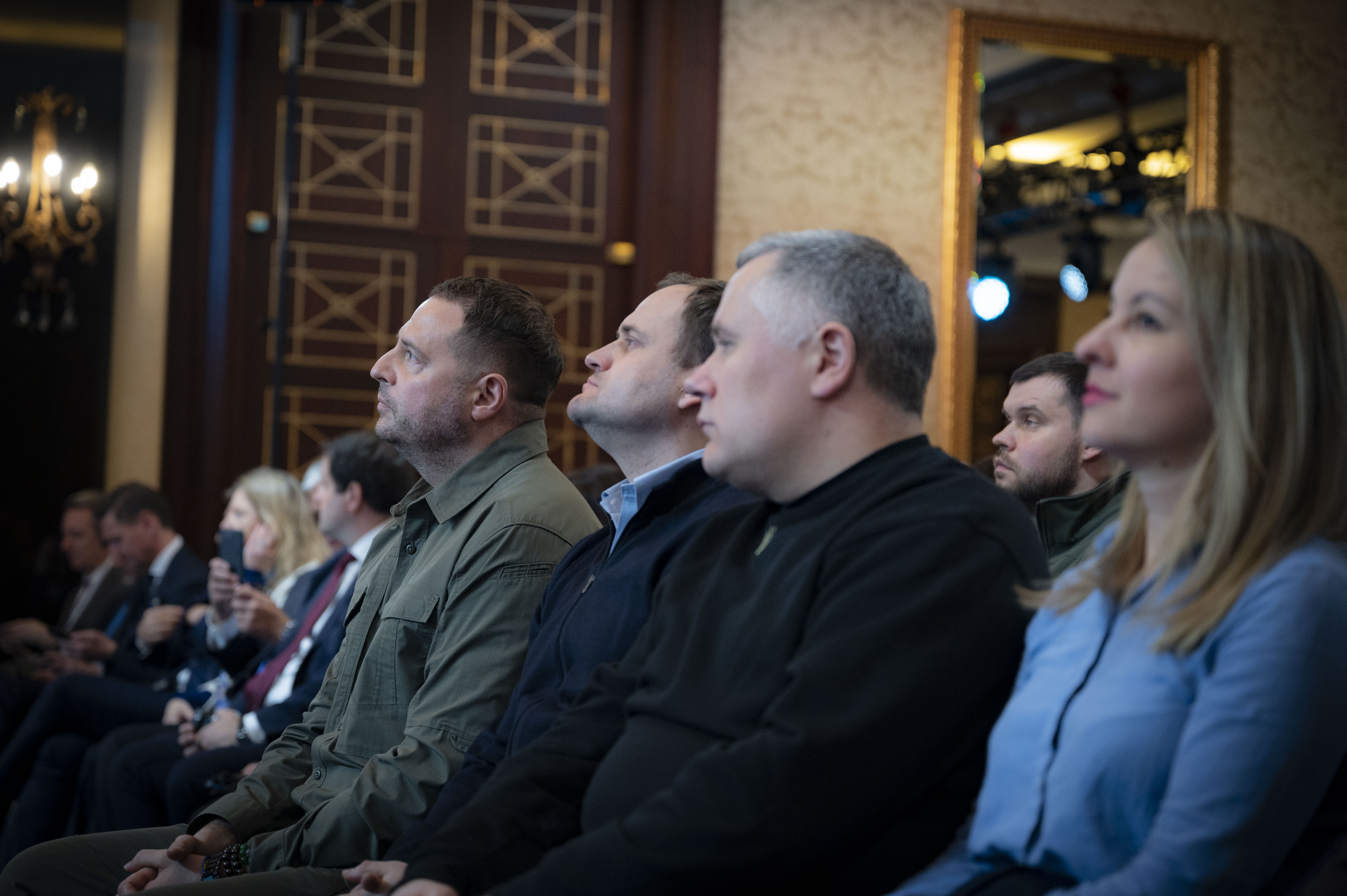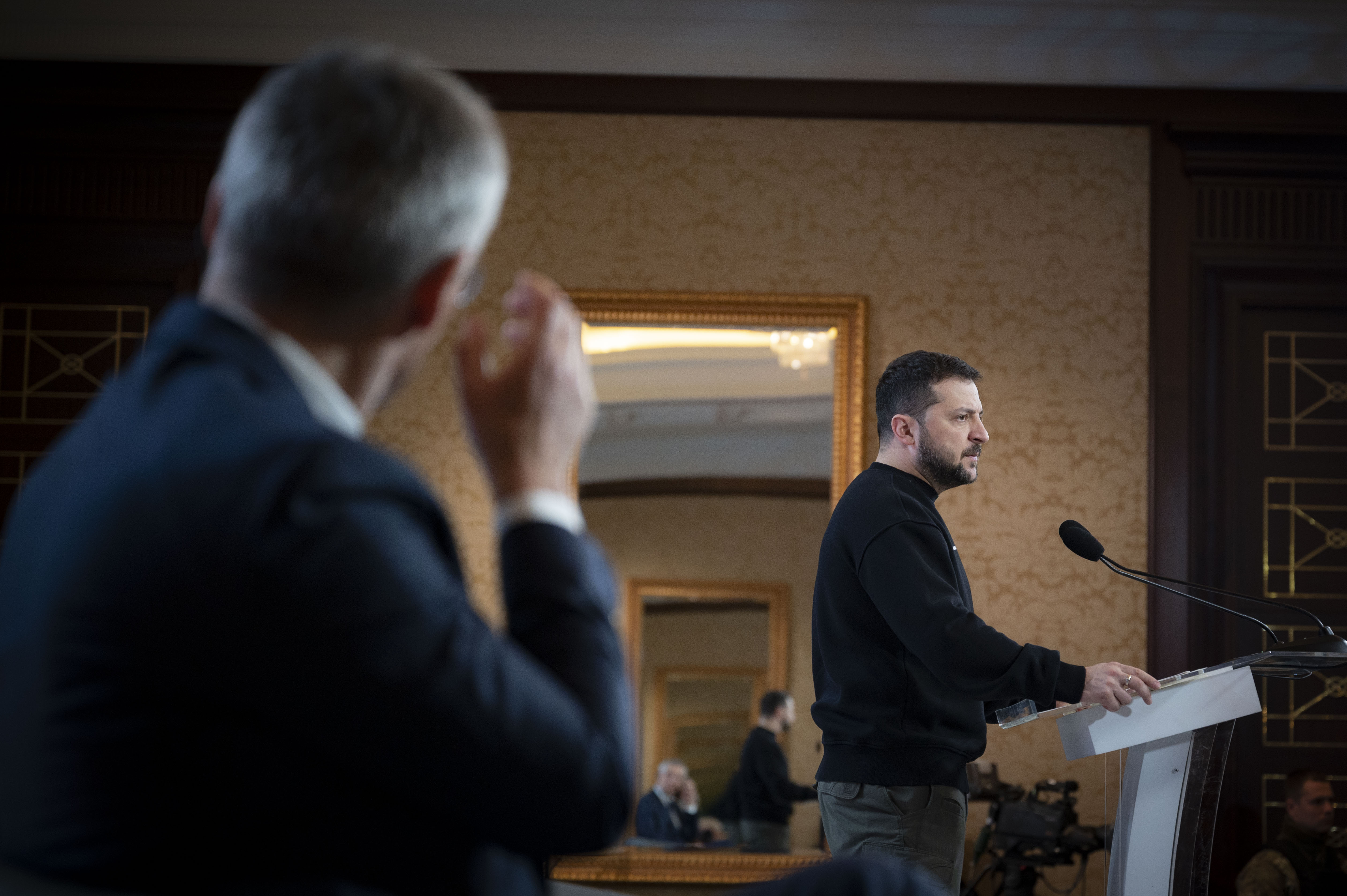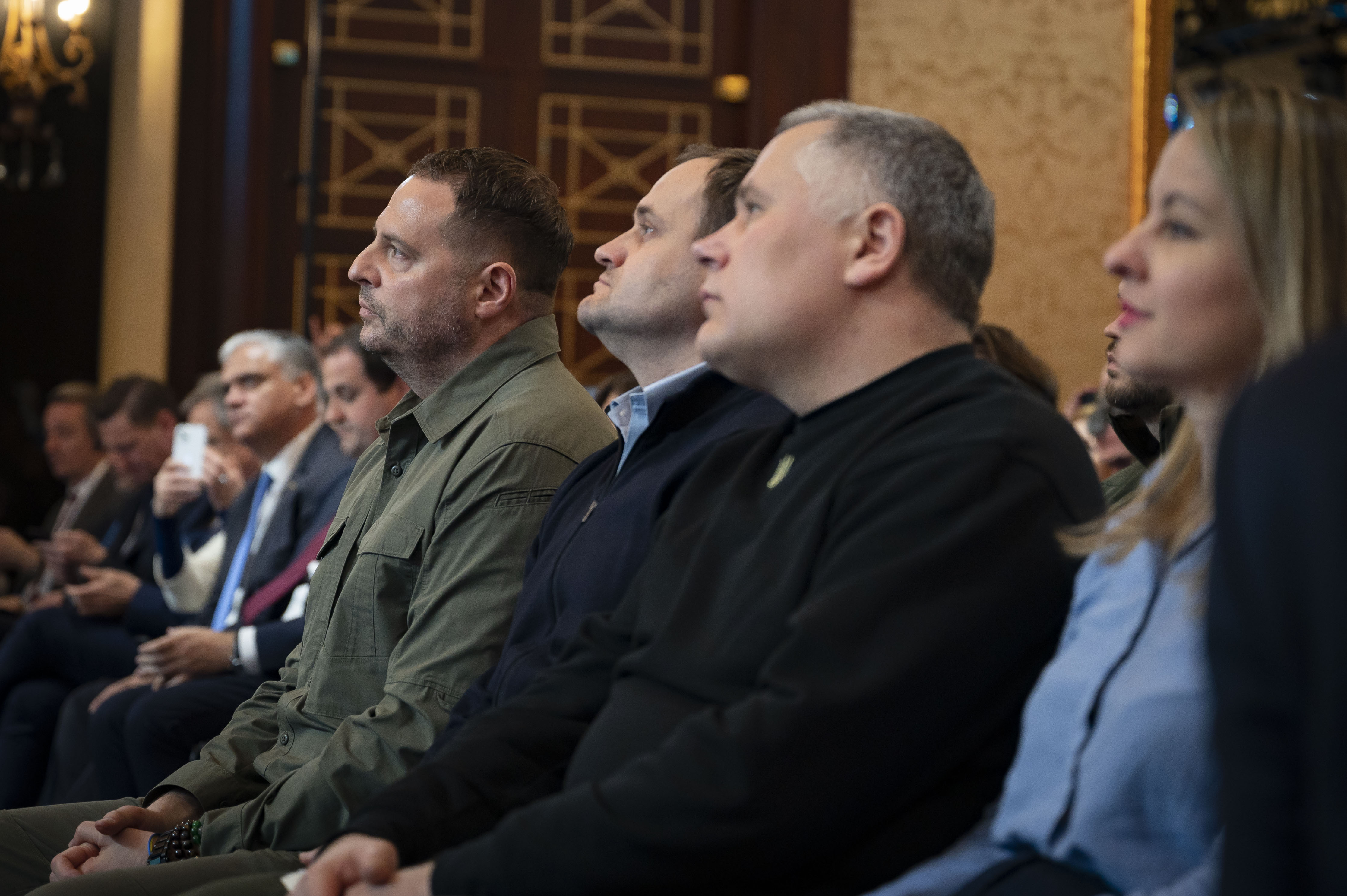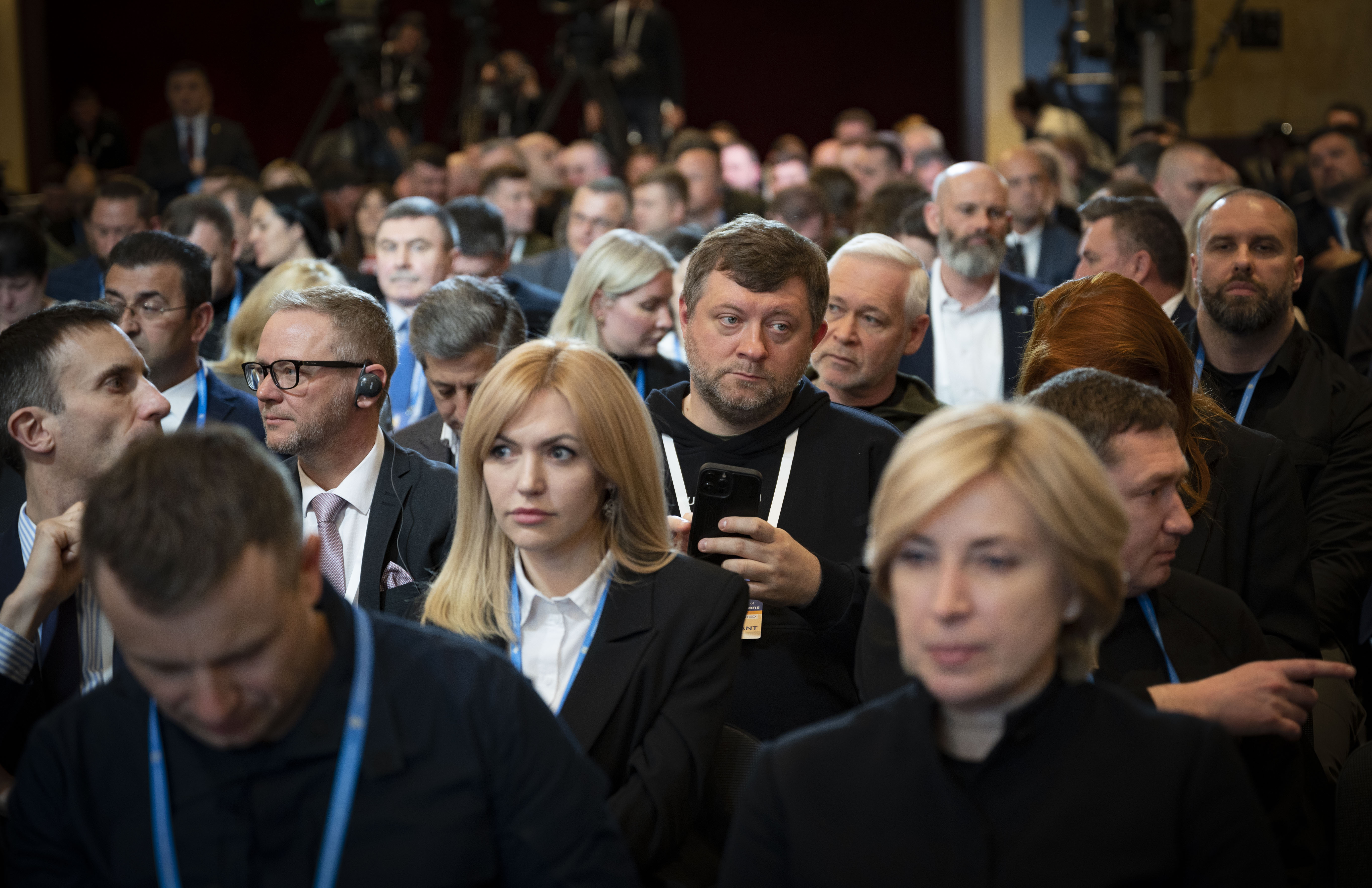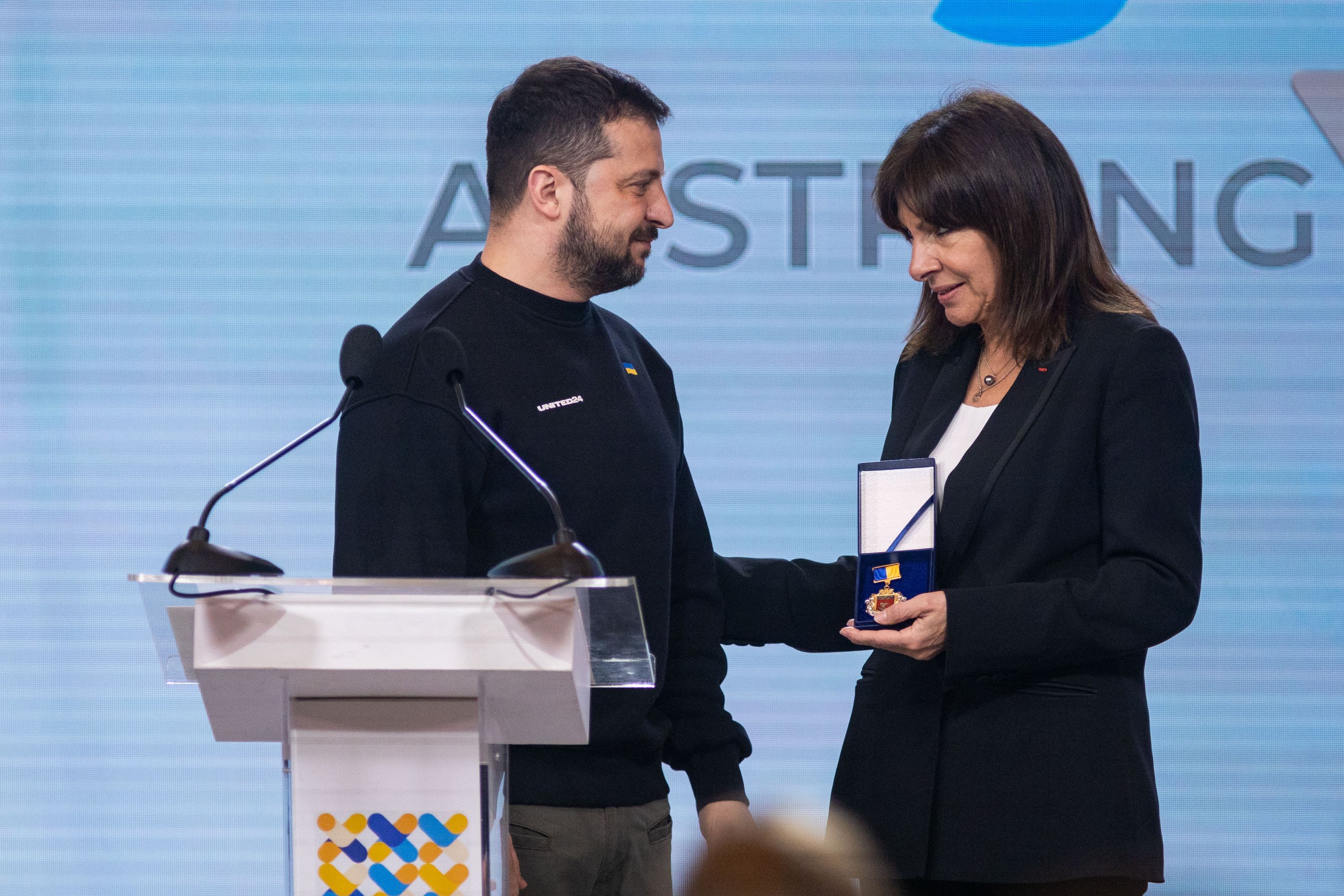President of Ukraine Volodymyr Zelenskyy and NATO Secretary General Jens Stoltenberg took part in the International Summit of Cities and Regions, which took place on April 19-20 in Kyiv at the initiative of the Head of State.
The event aims to expand the horizons of cooperation of the Congress of Local and Regional Authorities under the President with representatives of local communities around the world and involve them in supporting Ukraine.
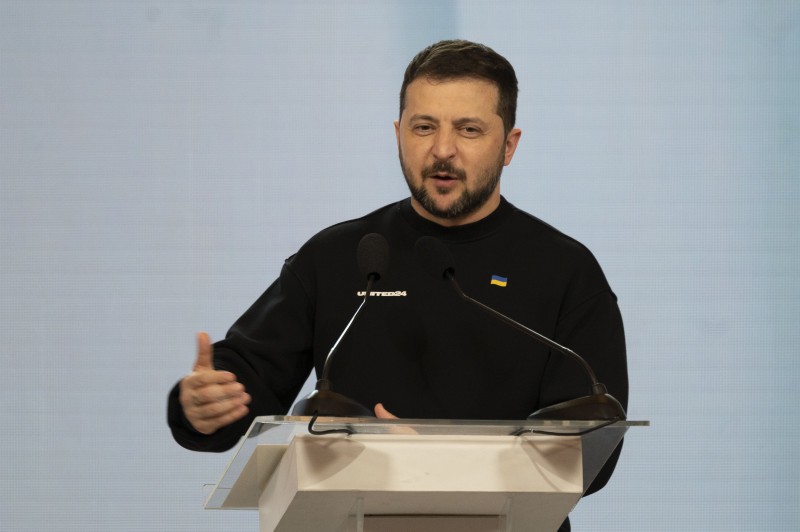
"With this summit, we are opening a new level of interaction at the Congress venue. This is the interaction between our communities, communities of Ukraine, and communities of other esteemed states - our partners, whom we value highly. Those who, like all Ukrainians, value the most important thing - freedom and important, effective local self-government," said Volodymyr Zelenskyy in his speech.
He noted that the Russian state is sending people to the front who do not understand what they are dying for in Ukraine. At the same time, the Ukrainian system, like the system of any European country, is completely opposite to the Russian model and relies on the power of uniting people and communities for a common goal.
"And when we need unity and state action, this is achieved primarily by people's faith in Ukraine and people's trust in their state, its defenders, and each other. I am very grateful to the majority of our communities and all our people," the President noted.
As Volodymyr Zelenskyy emphasized, the example of Ukraine shows what security standards are needed by any country in the world, any towns and villages, their infrastructure, energy, educational institutions and construction in order to guarantee the protection of life under any circumstances.
“I invite you to participate in the development of a new security infrastructure in Ukraine - so that later this important work can be spread to other countries and regions. From bomb shelters in schools – to a completely new standard of cyber security for all systems of the country, from a new protected infrastructure in every community – to a new decentralized energy system in general in the country, which cannot be destroyed by the missile terror that the Russian Federation used against our state,” he said.
In addition, Volodymyr Zelenskyy awarded Paris with the honorary "Rescuer City" award for the humanitarianism and solidarity with the Ukrainian people, the help to Ukrainians who were forced to leave their homeland due to the aggression of the Russian Federation, as well as for the strong support of Ukraine.
“And today it will also be an honor for me to hand over such an award precisely for such great energy support to the mayor of Paris, Mrs. Anne Hidalgo, as a sign of gratitude for the support of Parisians for Ukraine and Ukrainians. Thank you very much, France, the President, and thank you also to all Parisians who support,” the President noted.
The Head of State called on foreign partners to build direct relations with the Congress of Local and Regional Authorities under the President of Ukraine, with Ukrainian communities, in order to start joint actions as soon as possible, to jointly build a new life protection system.
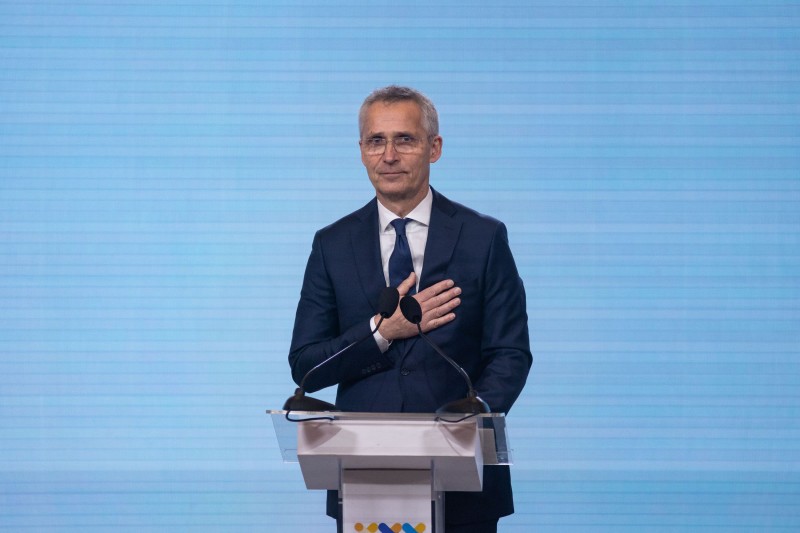
For his part, Jens Stoltenberg noted that it was an honor for him to speak at the International Summit of Cities and Regions. He told the audience about his visit today to Bucha in the Kyiv region, where he saw evidence of terrible crimes committed by Russia against the Ukrainian people.
The NATO Secretary General expressed his condolences over every Ukrainian killed in this war.
He also noted that many territories of Ukraine need demining, and this is a long road on which the country will not be alone.
Jens Stoltenberg emphasized that Ukraine has powerful friends, including NATO. "When you need something, we will be there," he assured.
"At NATO, we also focus on Ukraine's needs after the war. The most important thing is that we need to do everything so that Russia never again goes to war with Ukraine. And NATO is currently working on a multi-year support initiative for Ukraine. This will help you move from the era of Soviet doctrine to NATO standards and policies, and will put Ukraine in a worthy place in the Euro-Atlantic family. Ukraine's future is in NATO," said the Secretary General of the Alliance.
During his speech, Head of the Office of the President of Ukraine Andriy Yermak stated that the past year was the most difficult in the modern history of Ukraine, and the destruction and disorder caused by Russia during the full-scale invasion of Ukraine horrifies the whole world. But Ukraine persevered, in particular thanks to the support of its partners.
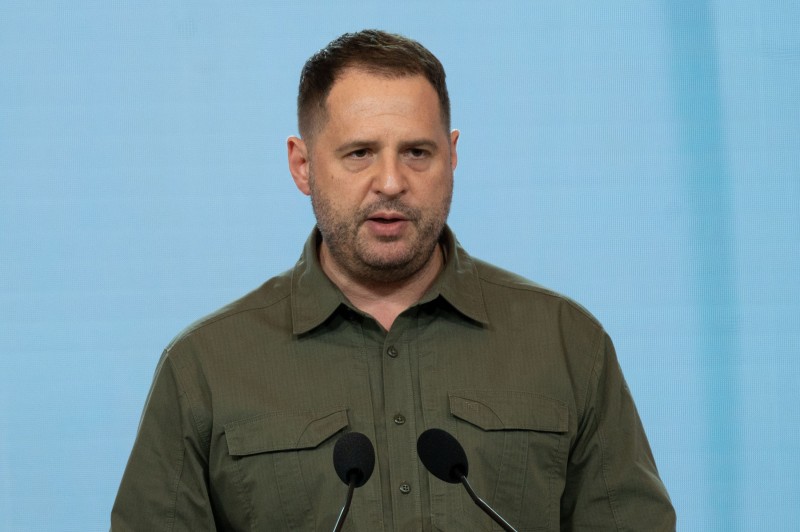
"So that Russia, having completed its work on mistakes, does not try to resort to new acts of aggression, Ukraine must become a strong outpost of Europe, an exemplary personification of strength and modernity, a sponsor of regional and pan-European security. It must turn into a real security hub," the Head of the Office of the President emphasized.
And for this we need the following things: Ukraine's full membership in NATO and reliable interim security guarantees along the way, envisaged, in particular, by the Kyiv Security Compact, the rapid economic recovery of our state in order to be able to finance a powerful defense system as soon as possible.
Andriy Yermak noted that direct relations between the regions of the EU and Ukraine will help speed up the process of post-war recovery of our country and at the same time ensure sales markets for goods and services for international business, maximally revealing the socio-economic and investment potential of our state.
Chairman of the Verkhovna Rada Ruslan Stefanchuk, for his part, emphasized: the huge support that Ukraine feels is the result not only of the interaction of heads of state, government officials and parliamentarians, but also of numerous partnerships between communities, cities, regions of our country and countries of the civilized world.
According to the Speaker of the Parliament, the conditions of the war demonstrated that only systemic, high-quality and constant interaction between the authorities and local self-government at all levels makes it possible to successfully resist the Russian invasion.
"The Congress of Local and Regional Authorities under the President of Ukraine is the platform where important decisions concerning all spheres of life are jointly discussed and adopted," Ruslan Stefanchuk said, stressing that special attention at the meeting is directed to solving regional problems, primarily in the territories affected by hostilities.
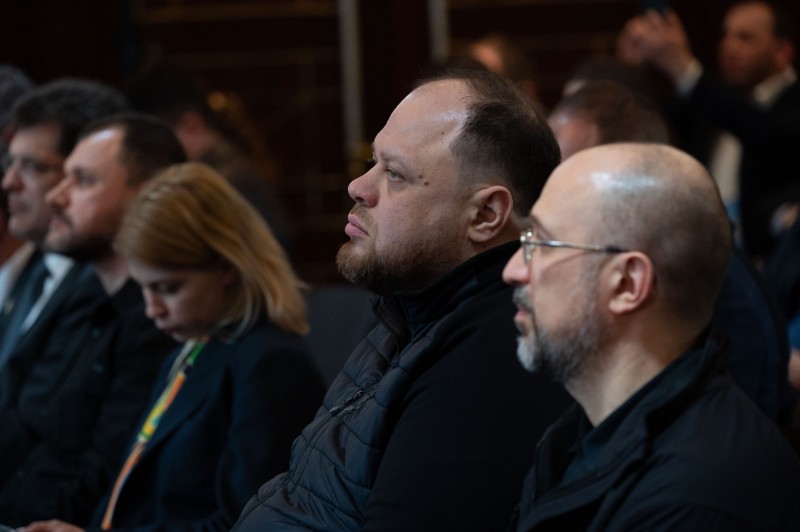
As Ruslan Stefanchuk emphasized, today the Verkhovna Rada of Ukraine is actively working on legislative initiatives that strengthen the capacity of local self-government, namely: on improving the cooperation of territorial communities and on improving service in local self-government bodies.
Prime Minister Denys Shmyhal noted that almost 60 countries around the world help the settlements of Ukraine in rebuilding the infrastructure damaged by Russian attacks. According to him, more than 300 territorial communities have concluded 1.5 thousand partnership agreements with municipalities of other countries.
According to the head of the government, Ukraine plans to establish systemic cooperation between the affected communities and partners in order to lay the foundations for dialogue in the future.
"I am sure that the results of the summit will be decisive for hundreds of communities in different parts of Ukraine. First of all, we are talking about communities where the devastating effects of war are most felt. Especially in the de-occupied territories, which have gone through difficult trials," said Denys Shmyhal.
The Prime Minister emphasized that regional offices of international cooperation will start working in Ukraine, which will help speed up the implementation of community support programs.
The presentation of the concept of the Regional Office for International Cooperation took place in the framework of the Summit. As Deputy Head of the Office of the President Oleksiy Kuleba said, the Regional Office should become a key "window" for all partners who are interested in interacting with Ukraine at the level of the region, territorial community or at the national level. This structure will collect all relevant information on international cooperation and create conditions for the exchange of such data.
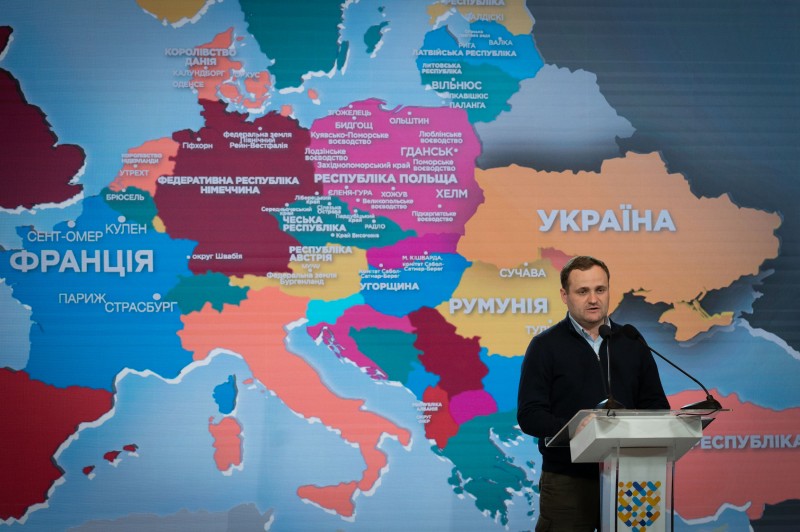
"The Office will ensure the coordination of international aid directly at the level of the regions, which corresponds to the principle of decentralization," said Oleksiy Kuleba.
In total, more than 230 foreign delegates from 40 countries took part in the International Summit of Cities and Regions live and online. In particular, President of the European Committee of the Regions Vasco Alves Cordeiro, President of the Congress of Local and Regional Authorities of the Council of Europe Leendert Verbeek, Mayor of Utrecht, Vice-President of the Association of Dutch Cities Sharon Dijksma, Mayor of Turku (Finland) Minna Arve, President of the political group of the European People's Party in the European Committee of the Regions, Marshal of the West Pomeranian Voivodeship (Poland) Olgierd Geblewicz, Chairman of the Lithuanian Demolition Association (Palanga, Lithuania) Rokas Urbonas, Deputy Marshal of the Podkarpackie Voivodeship (Poland) Piotr Pilch and others.
On the Ukrainian side, the event was attended by members of the Congress of Local and Regional Authorities under the President, representatives of the government and the parliament, heads of RMA, mayors, heads of regional councils and representatives of local self-government.
In the framework of the summit, agreements were signed on cooperation between cities and regions, as well as on the accession of Ukraine to the EU Civil Protection Mechanism (CPM).
In addition, the Declaration of the International Summit of Cities and Regions was proclaimed.


